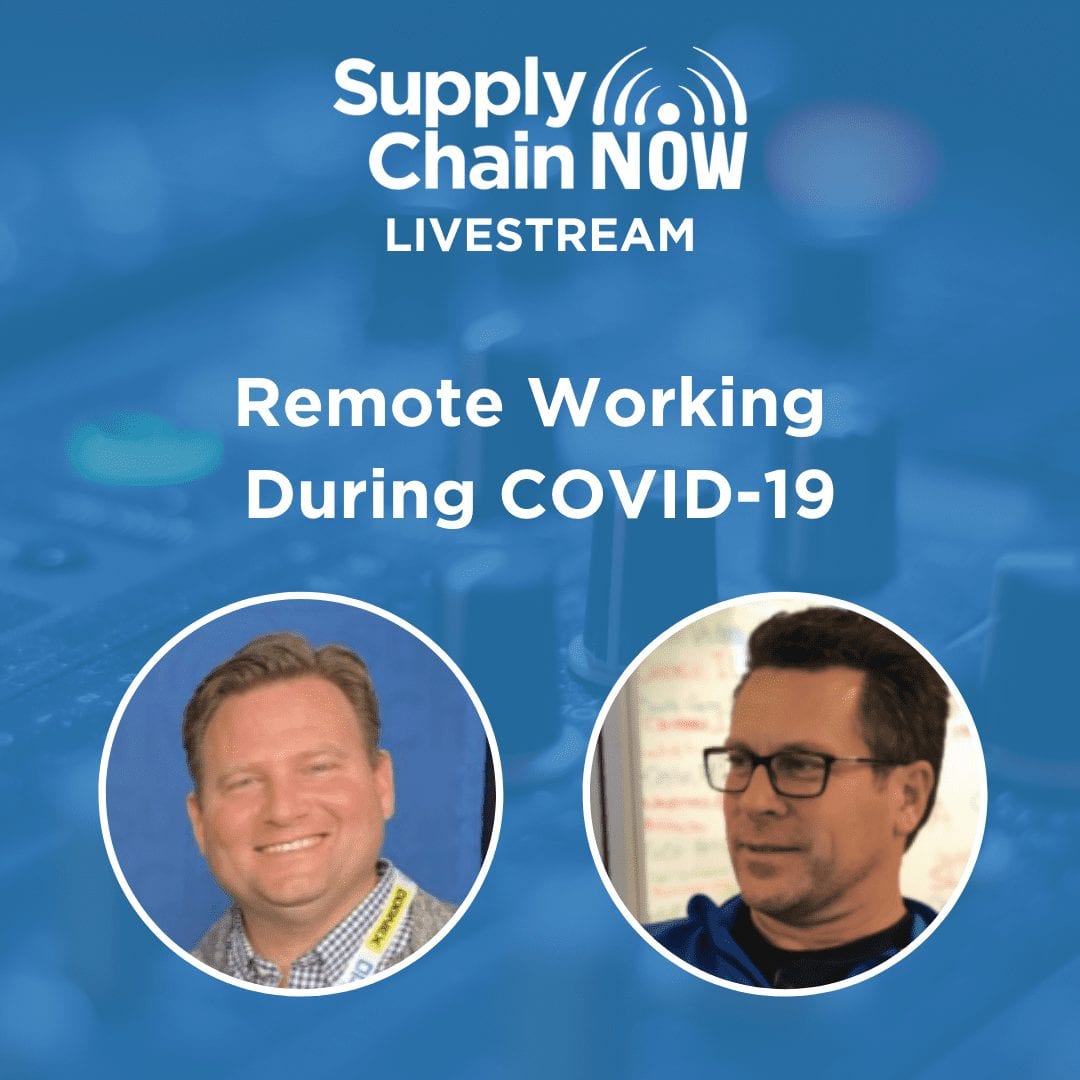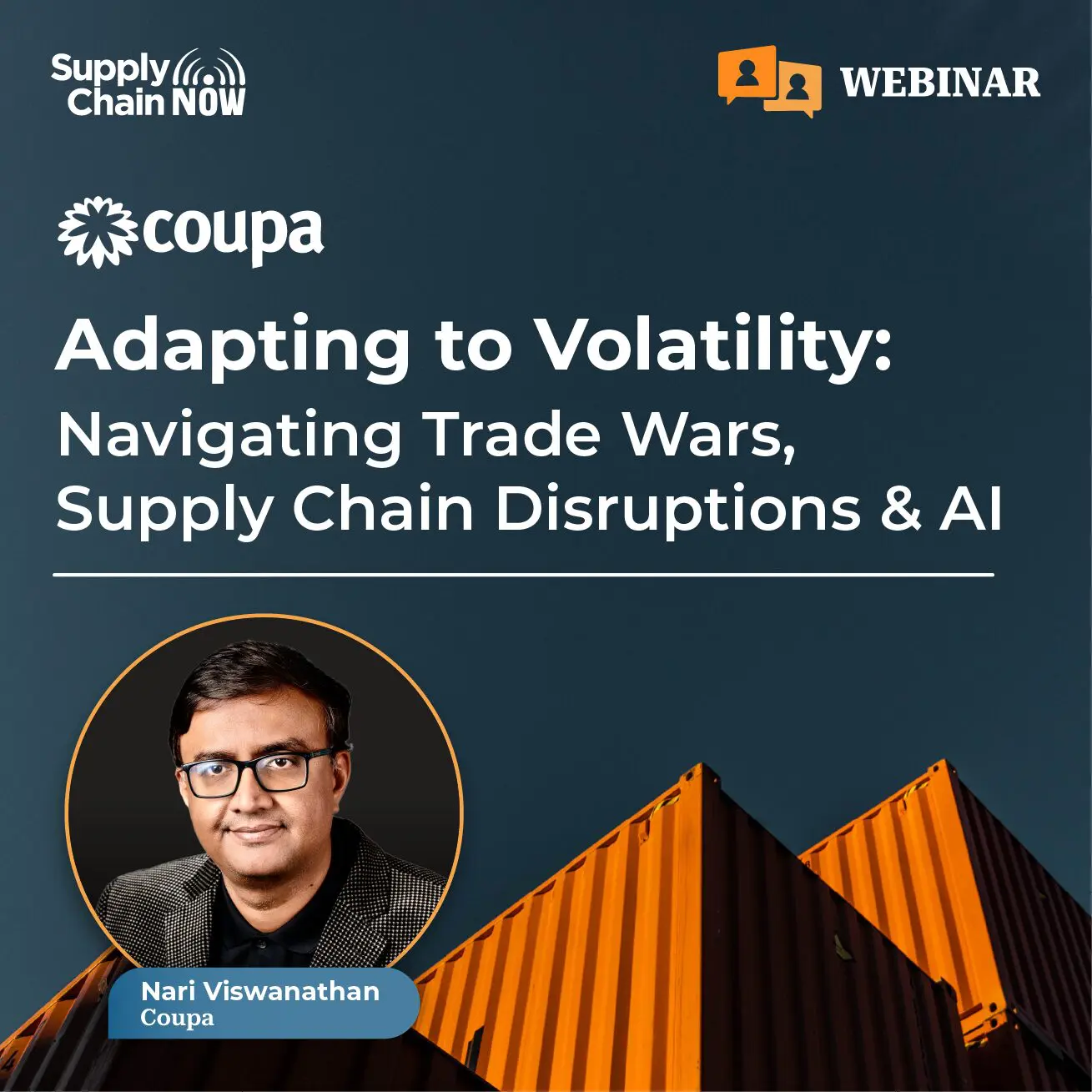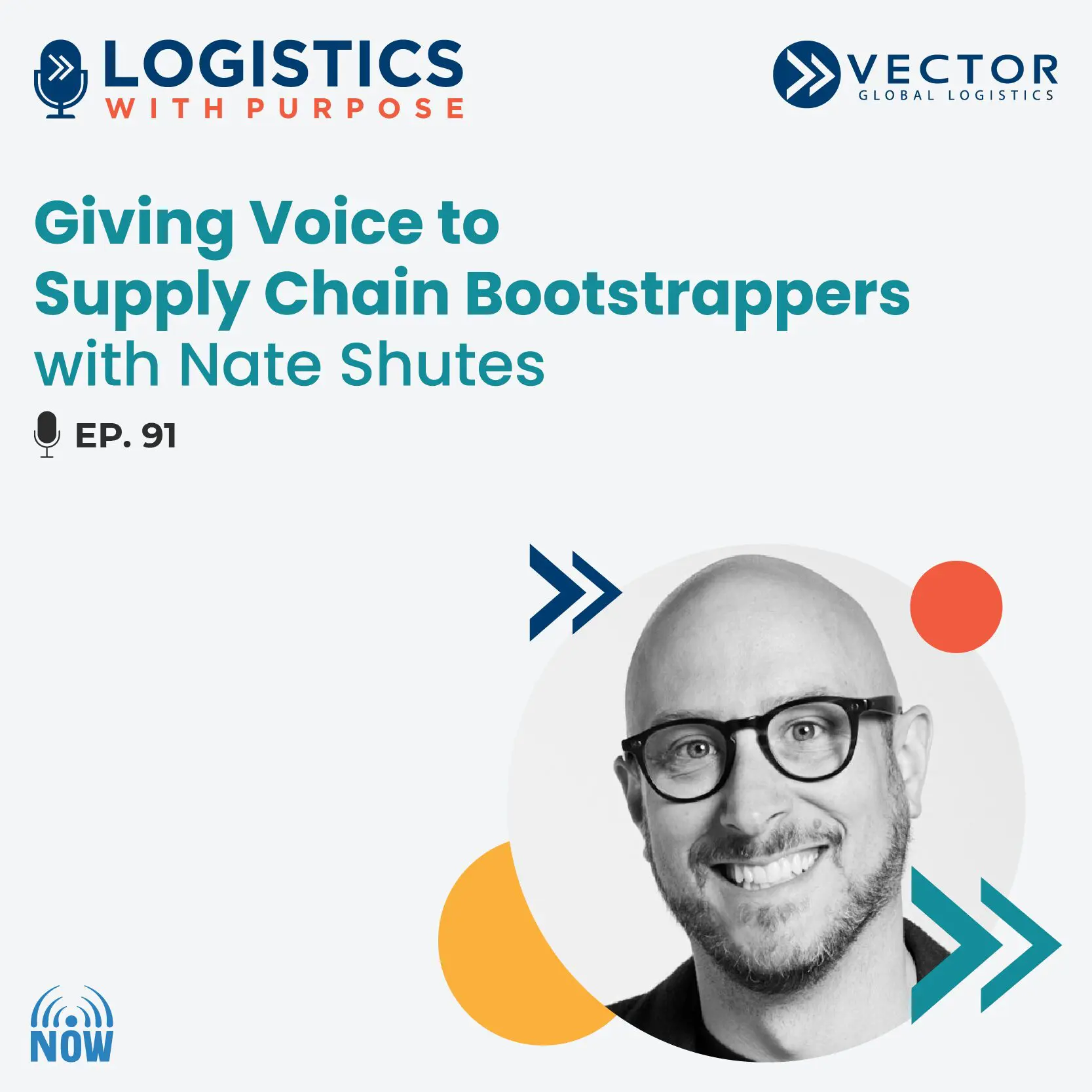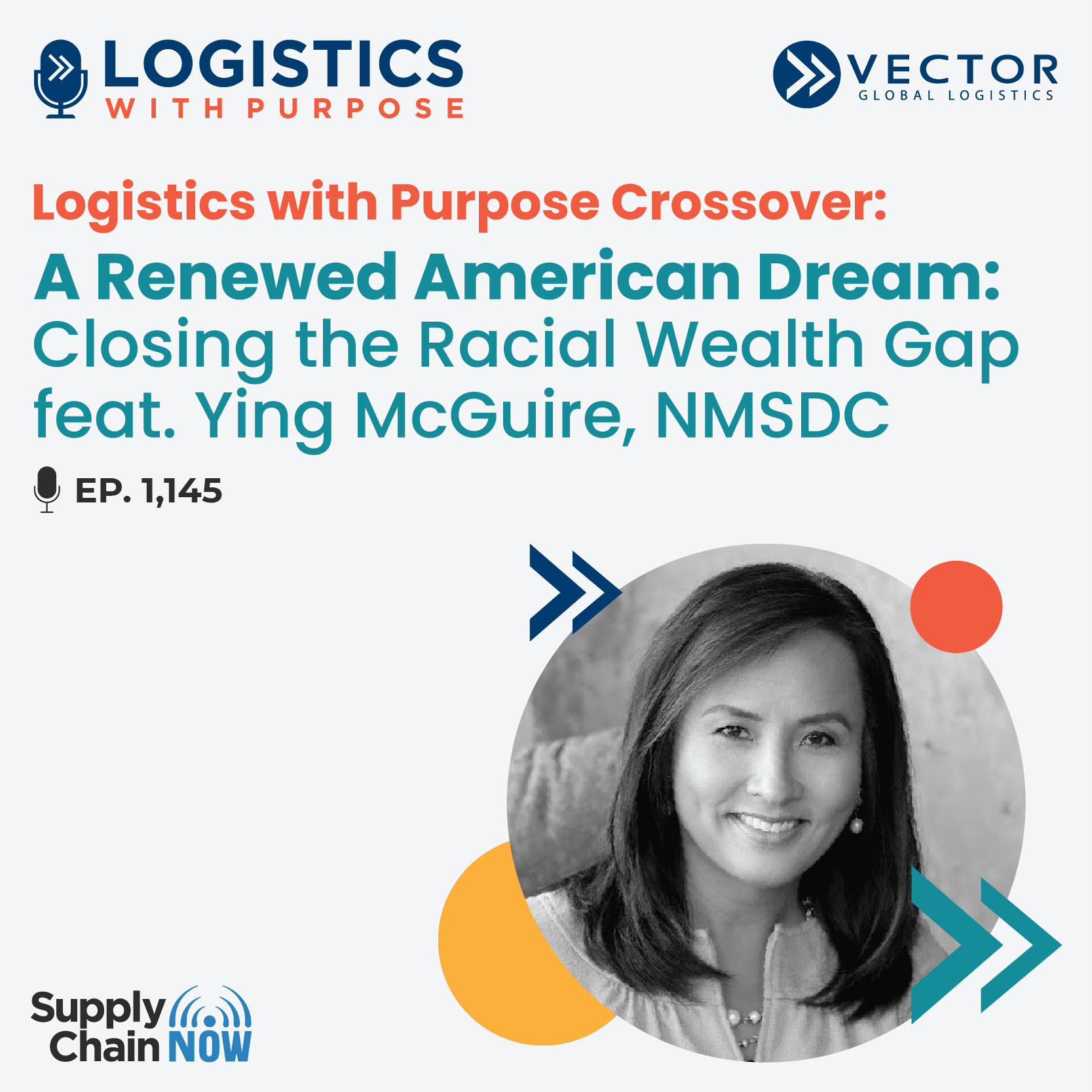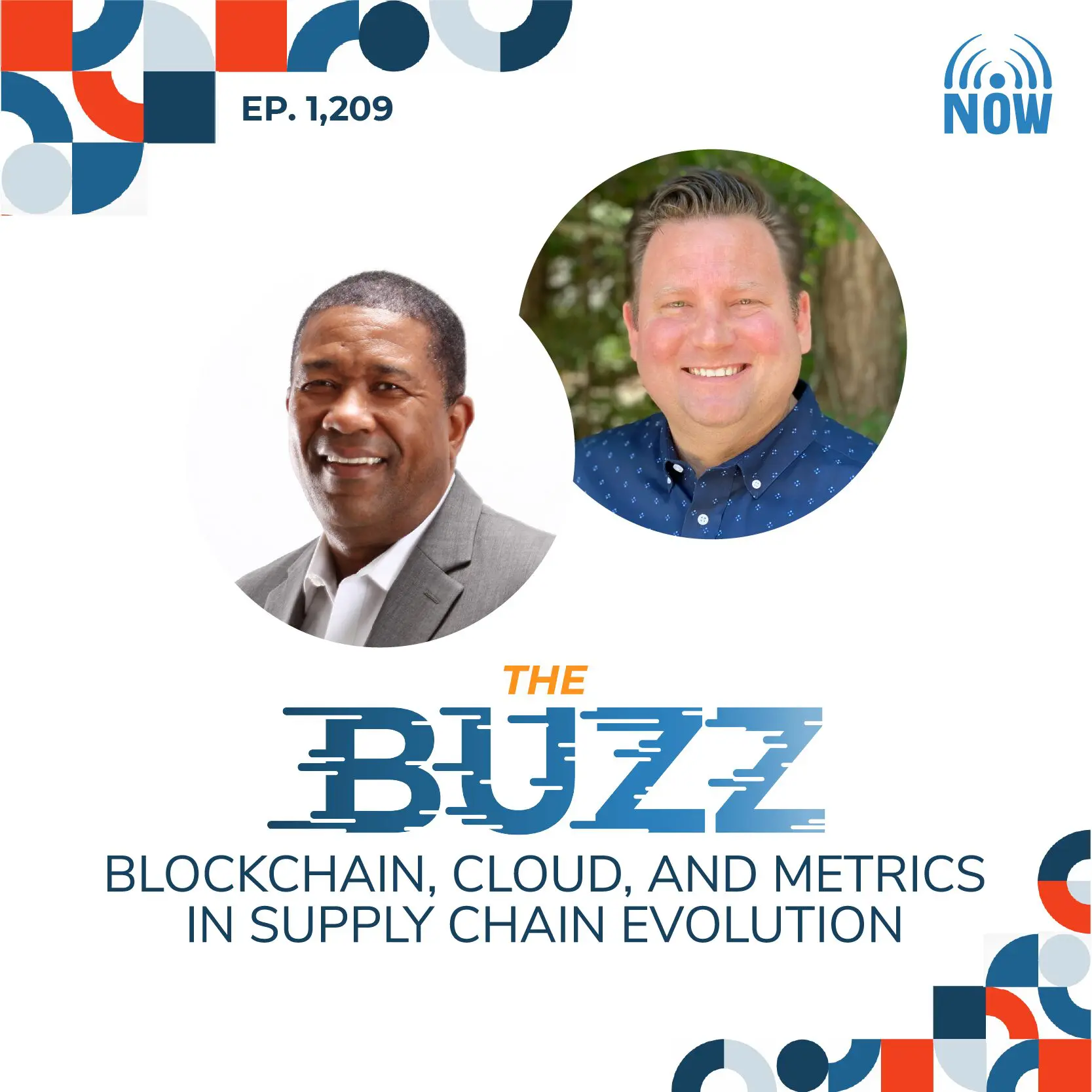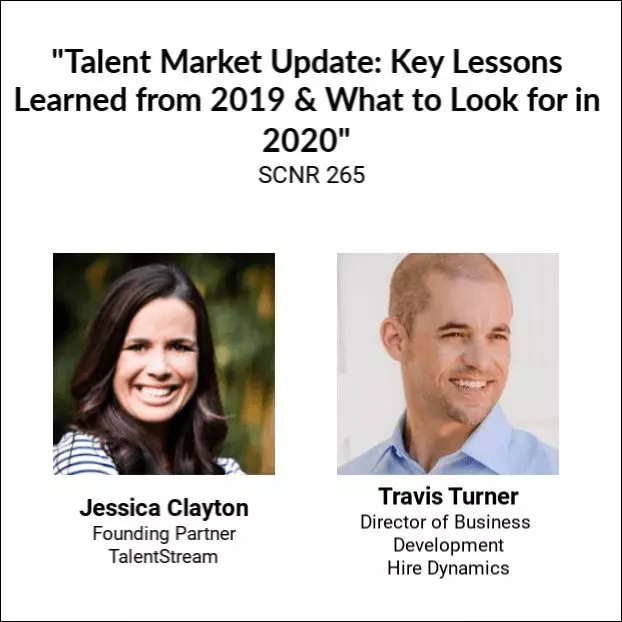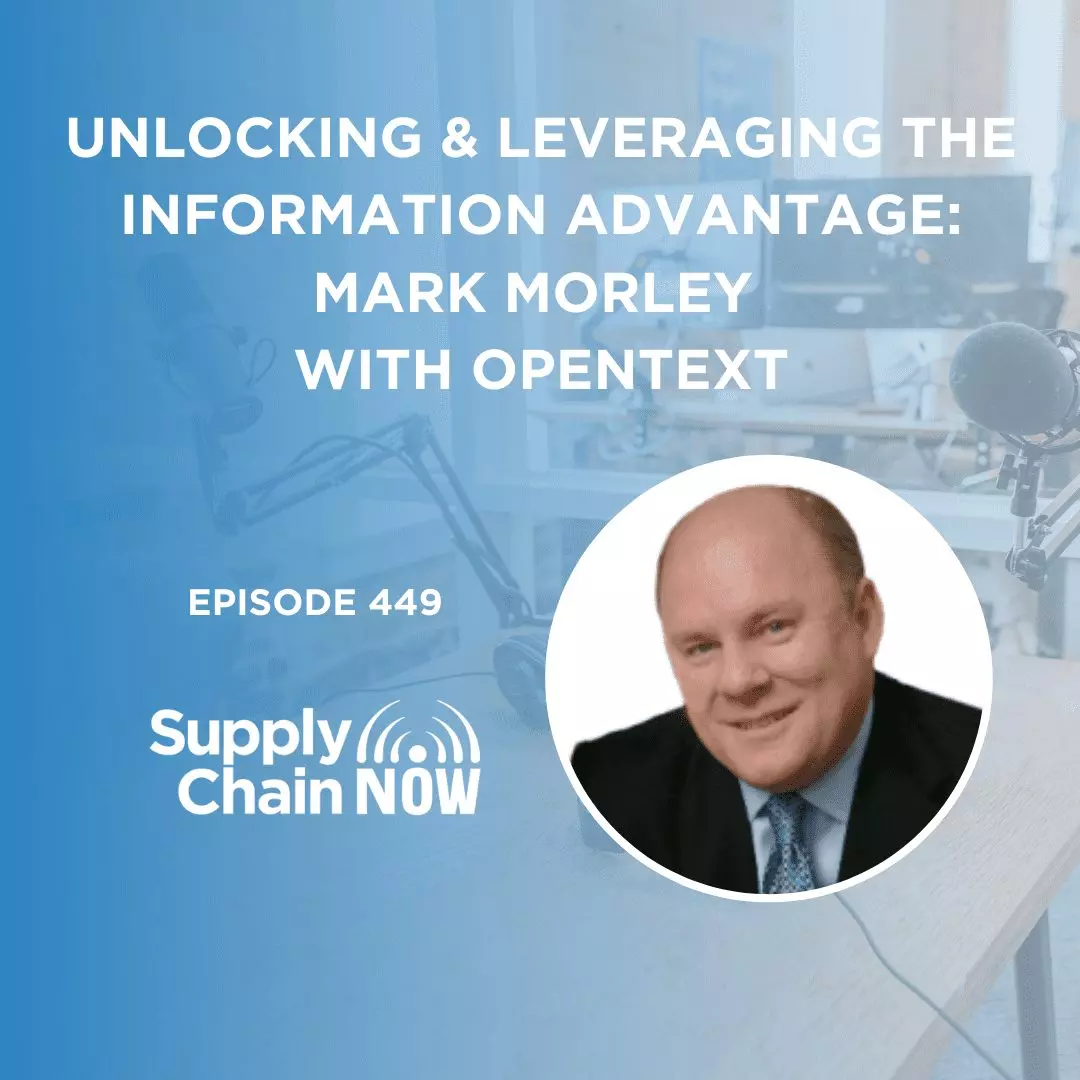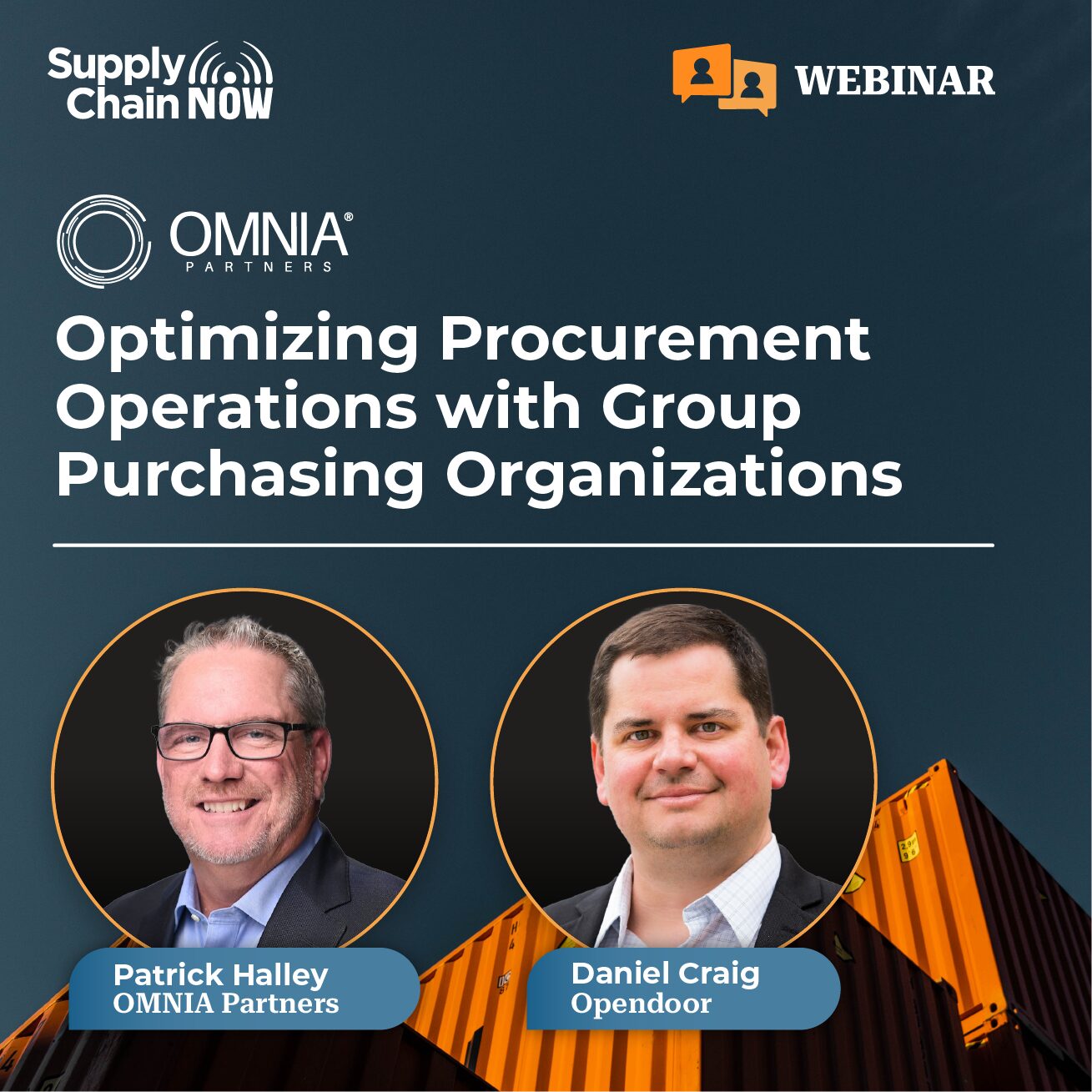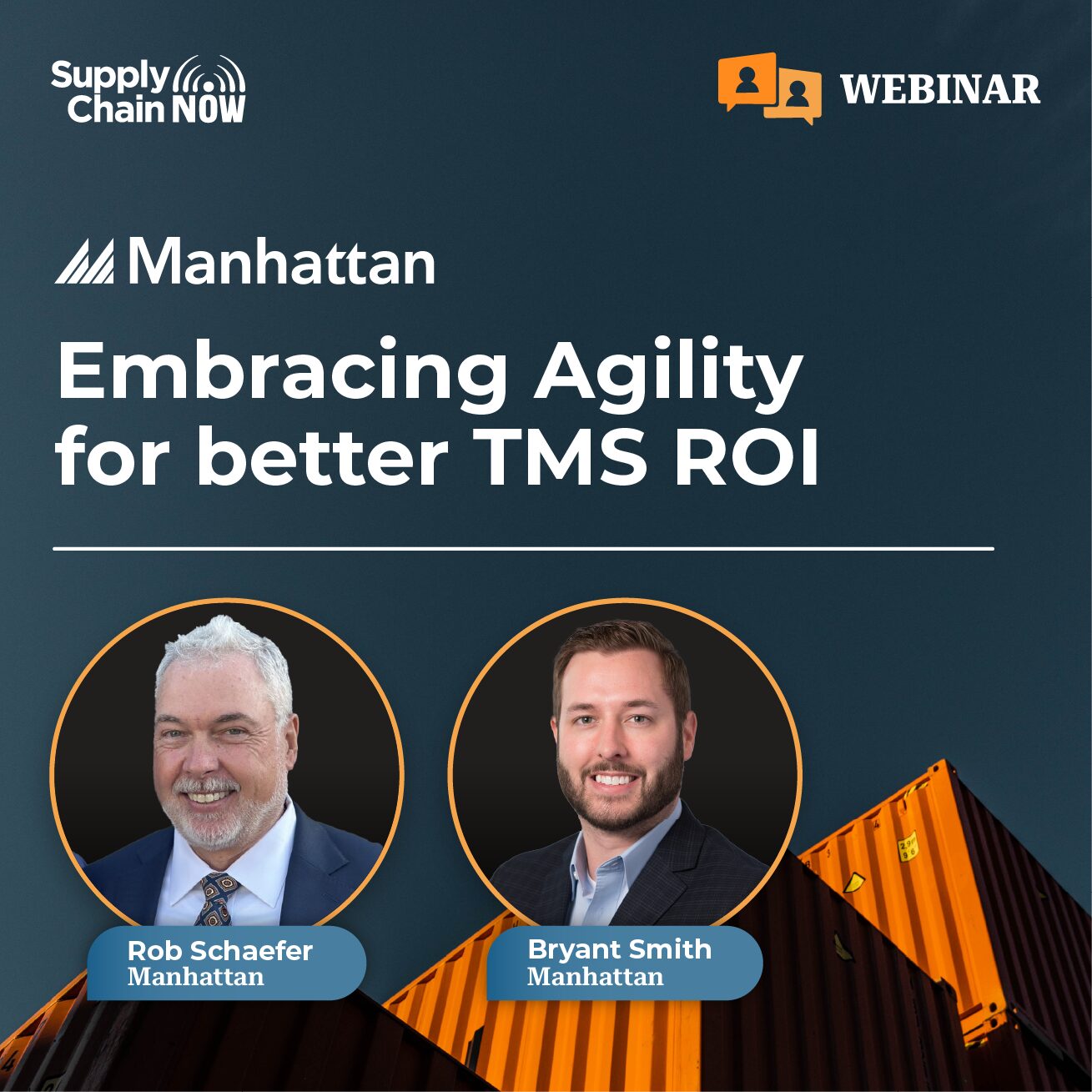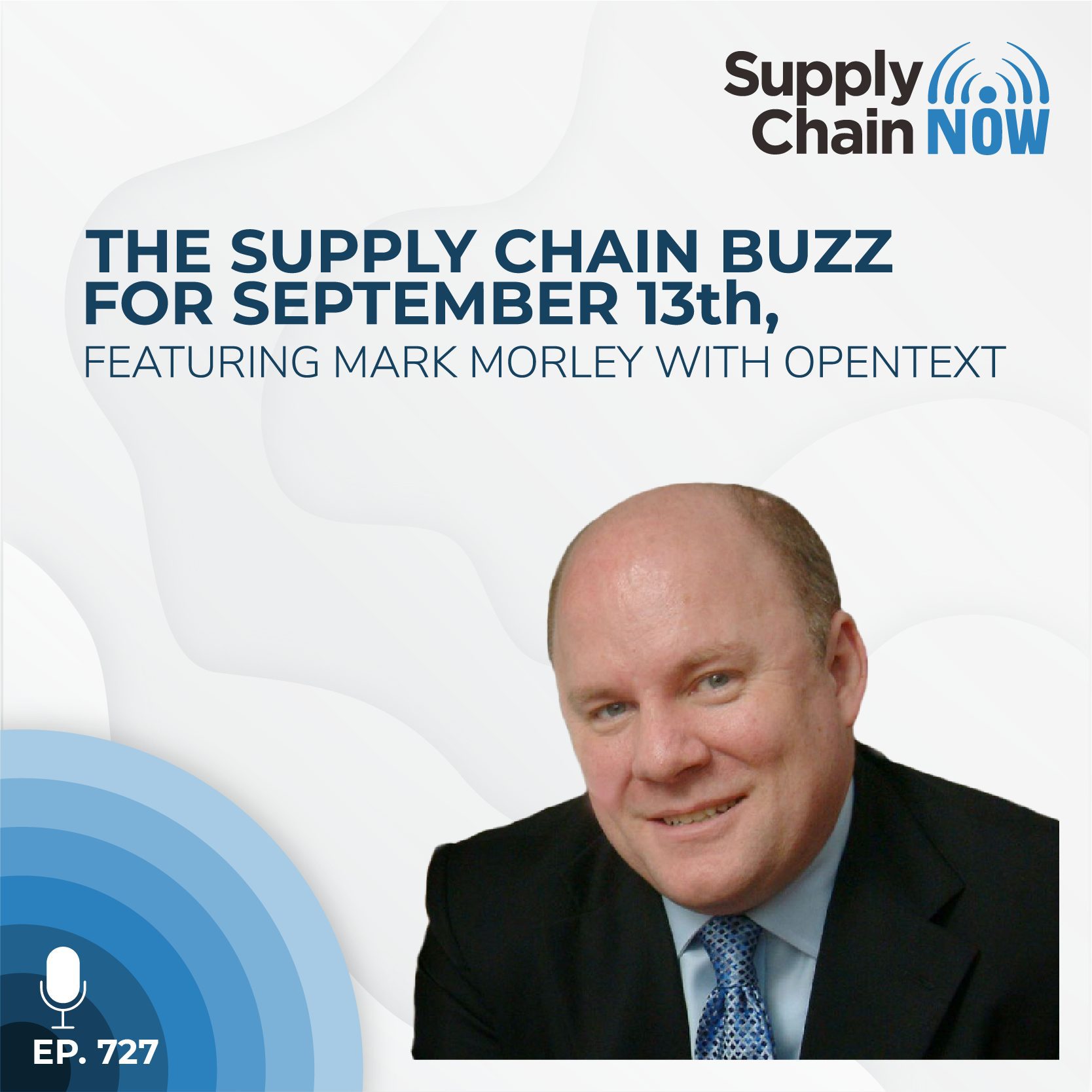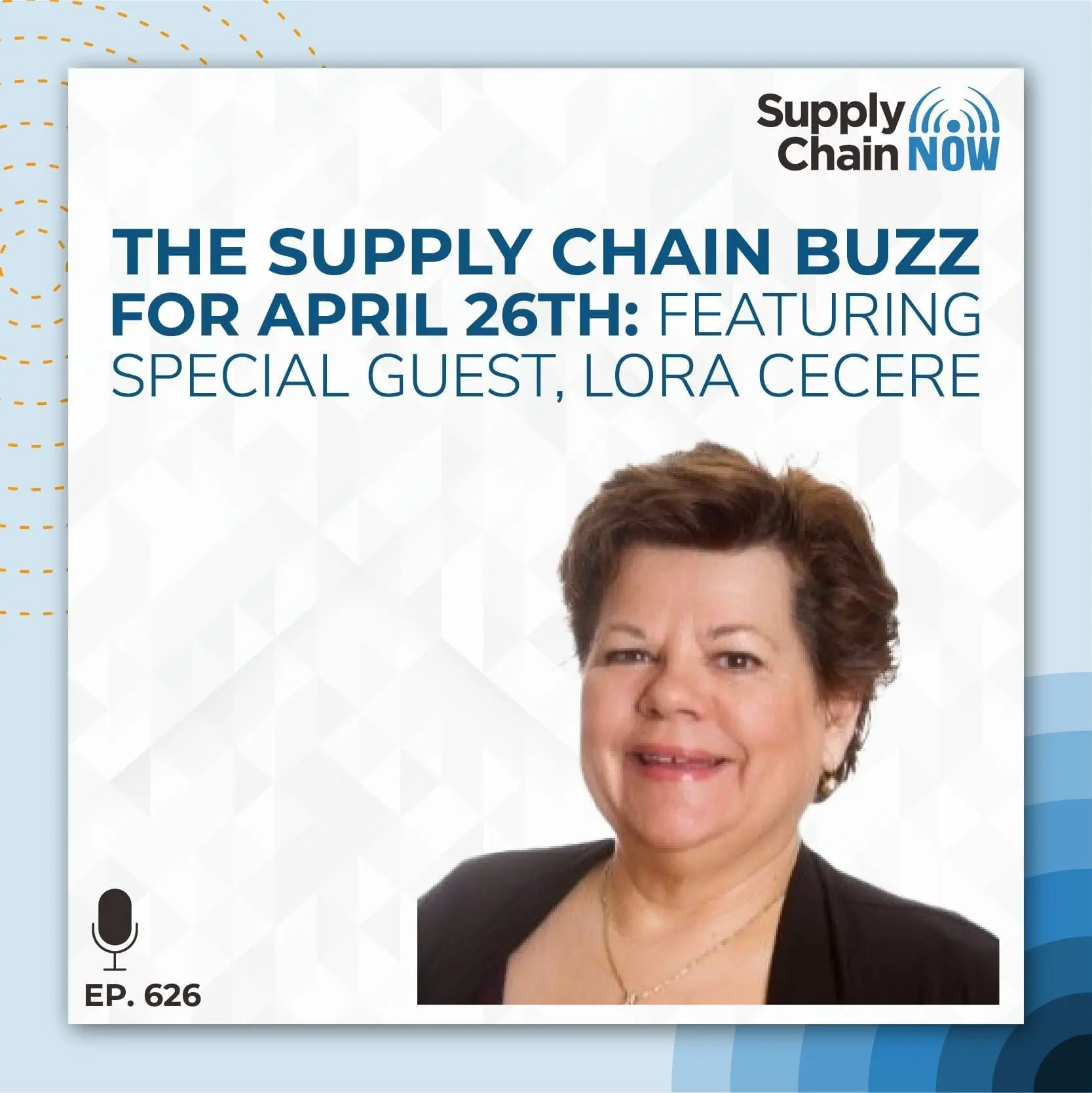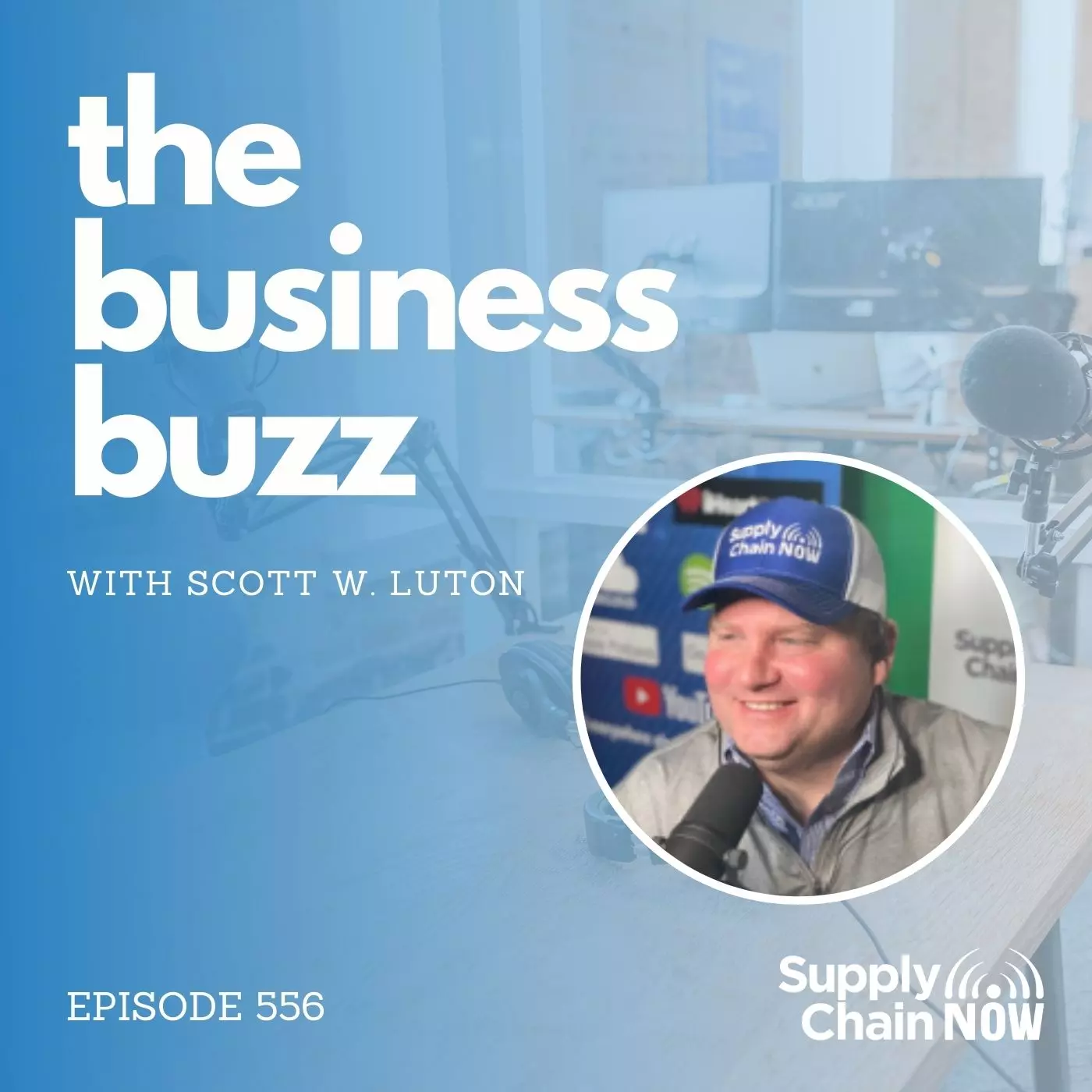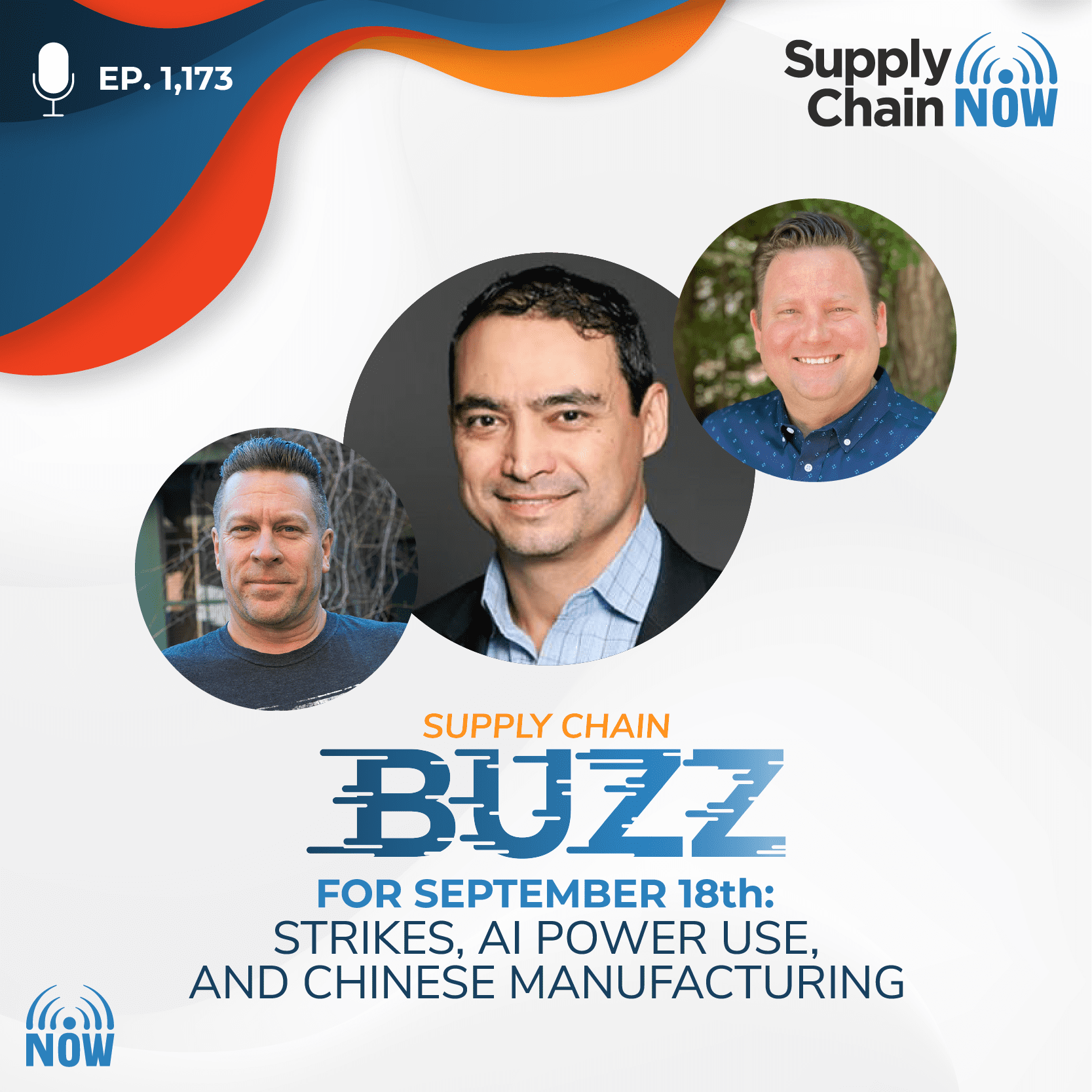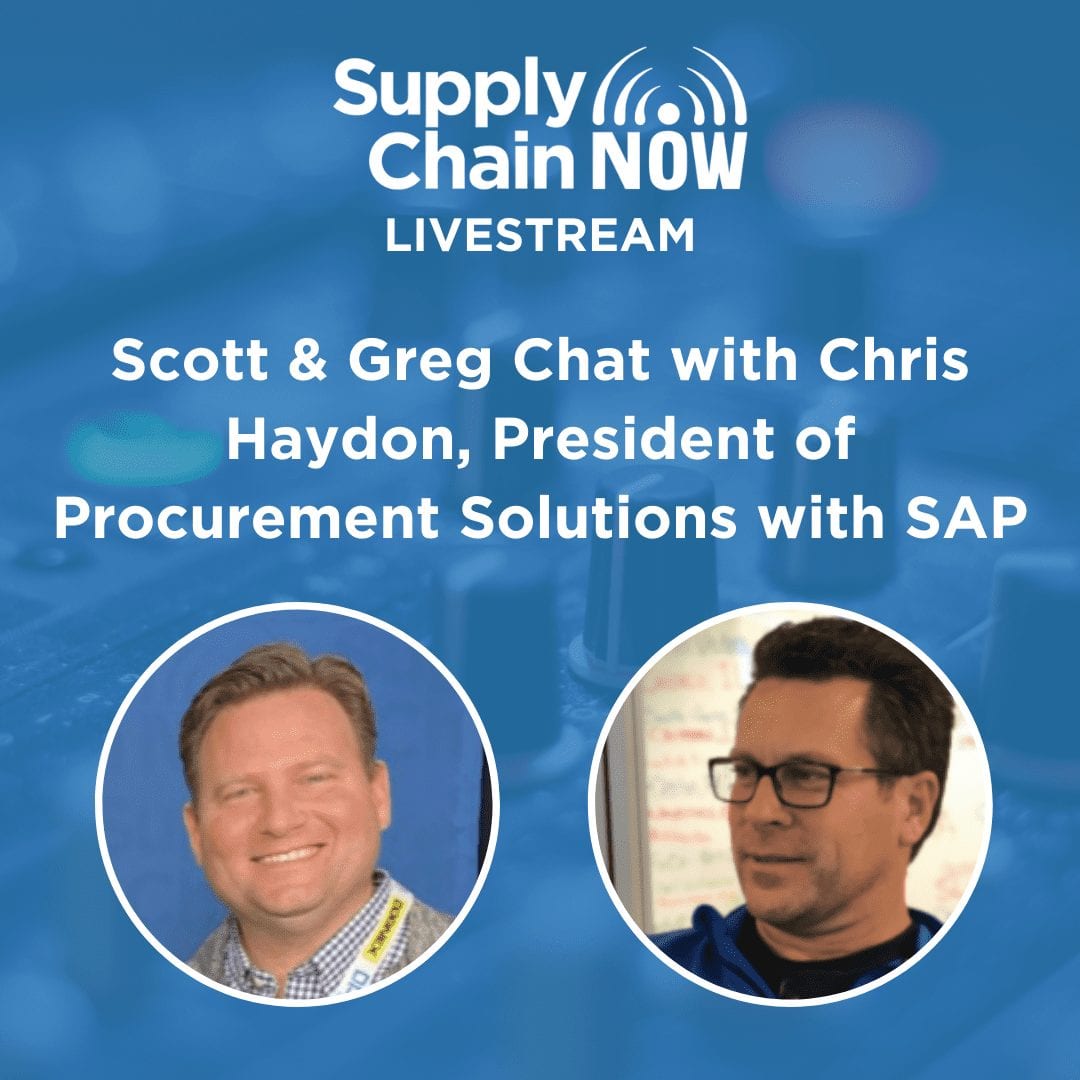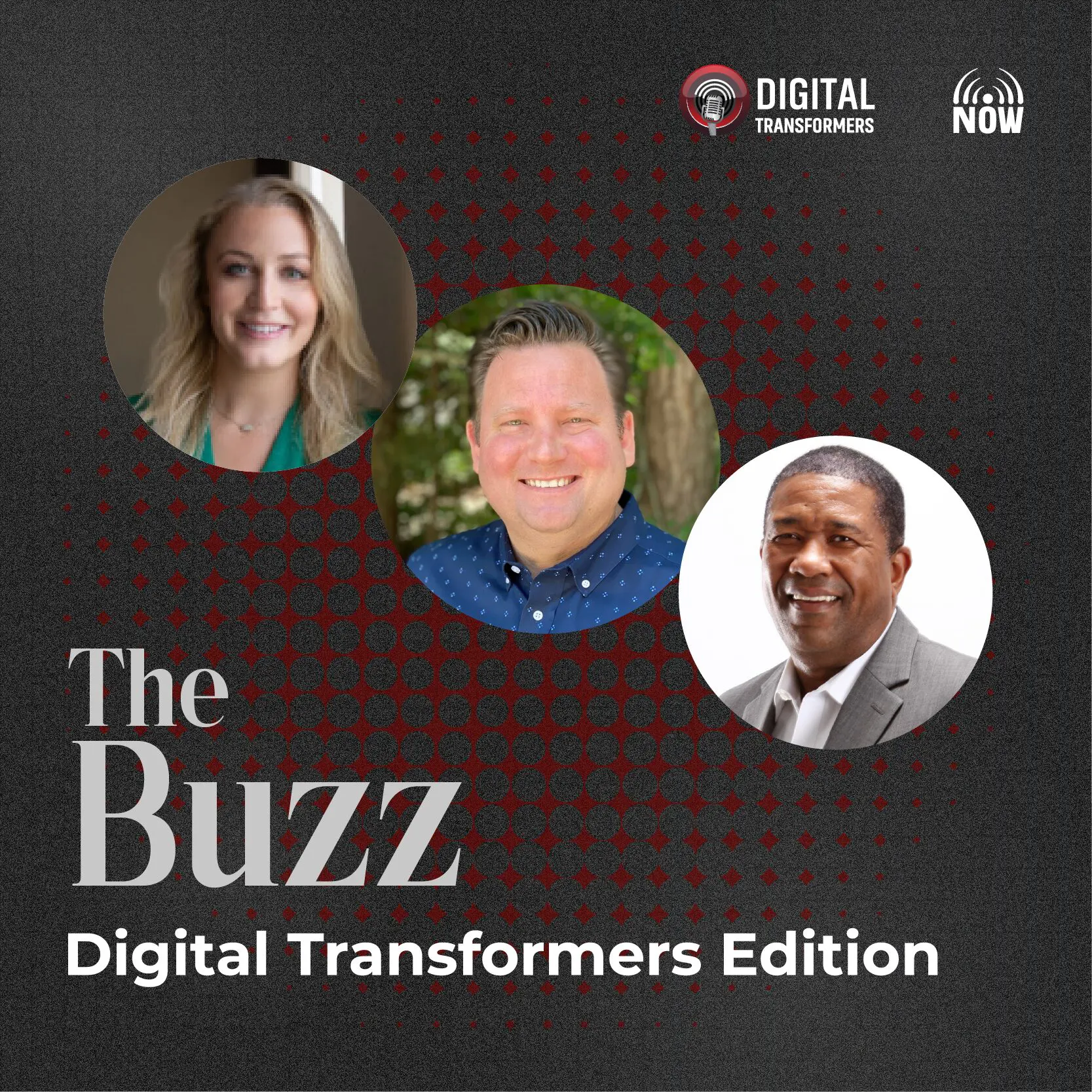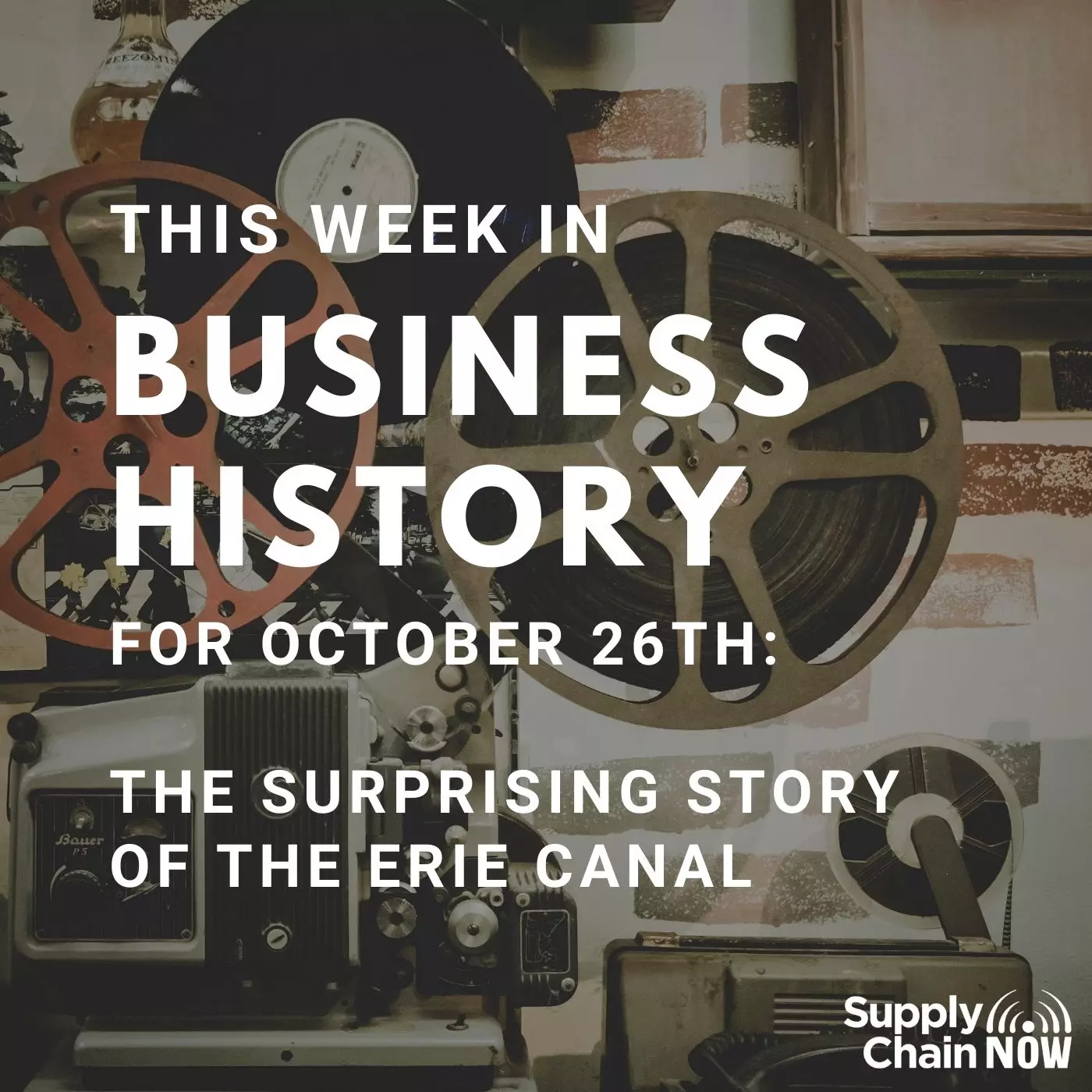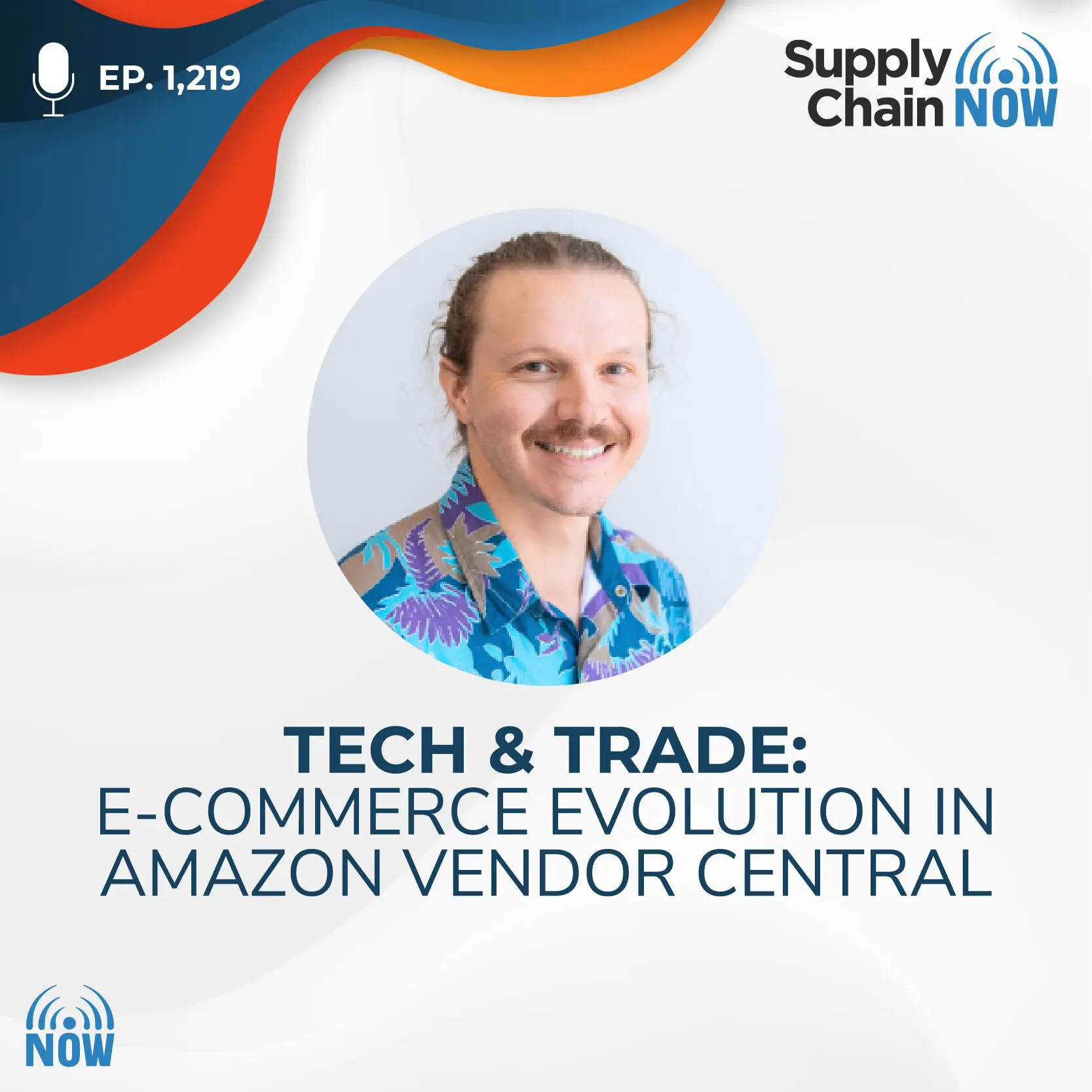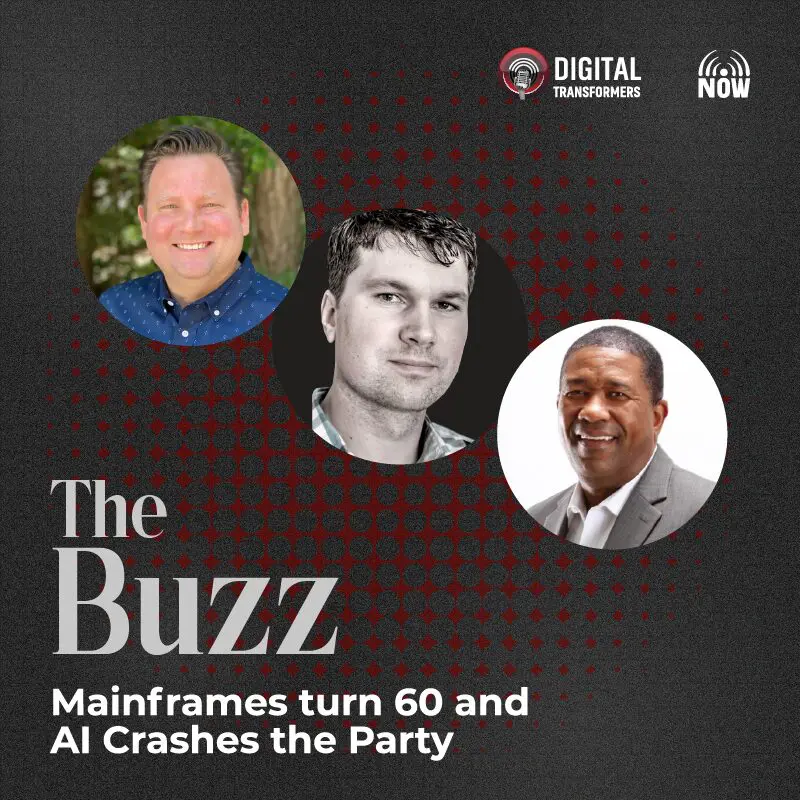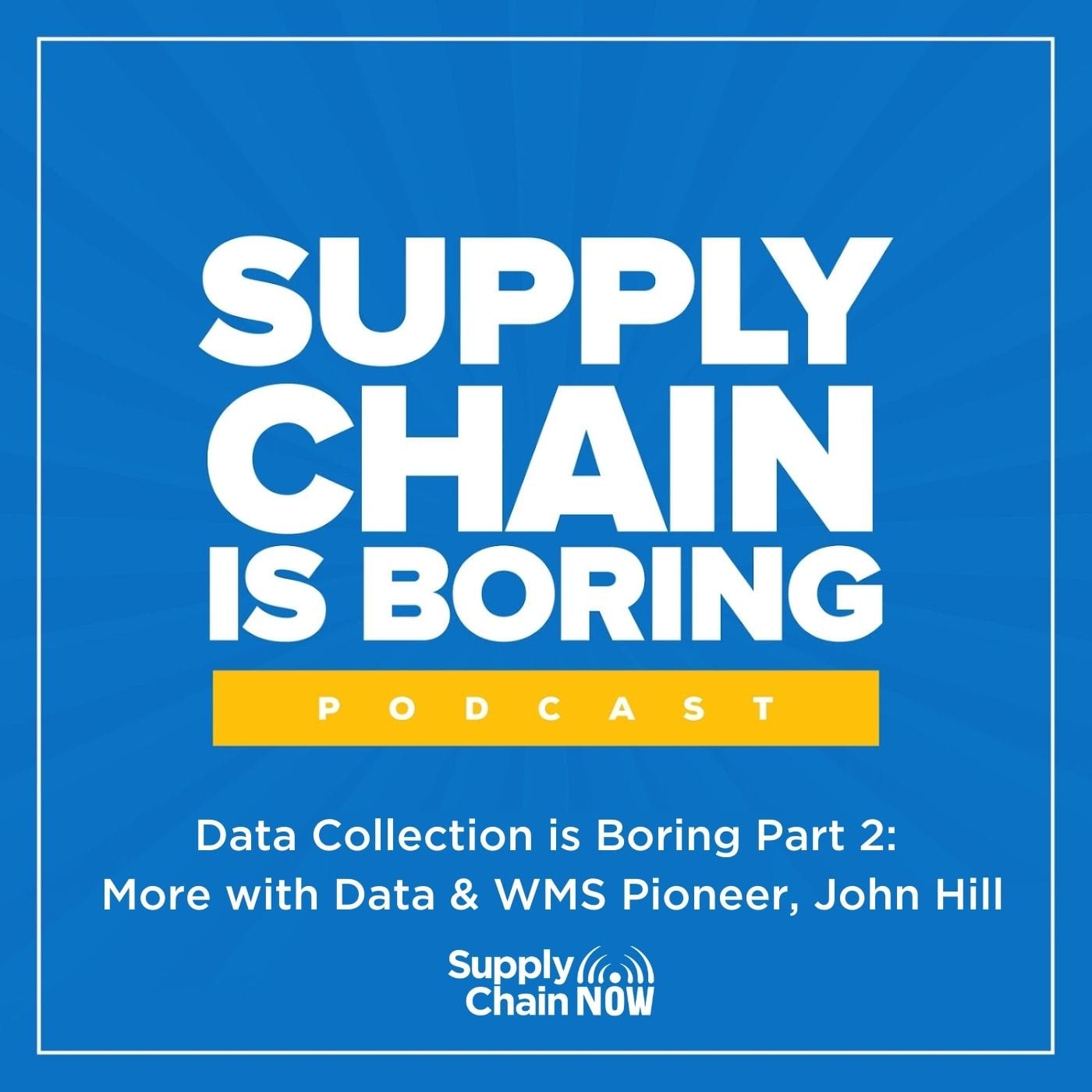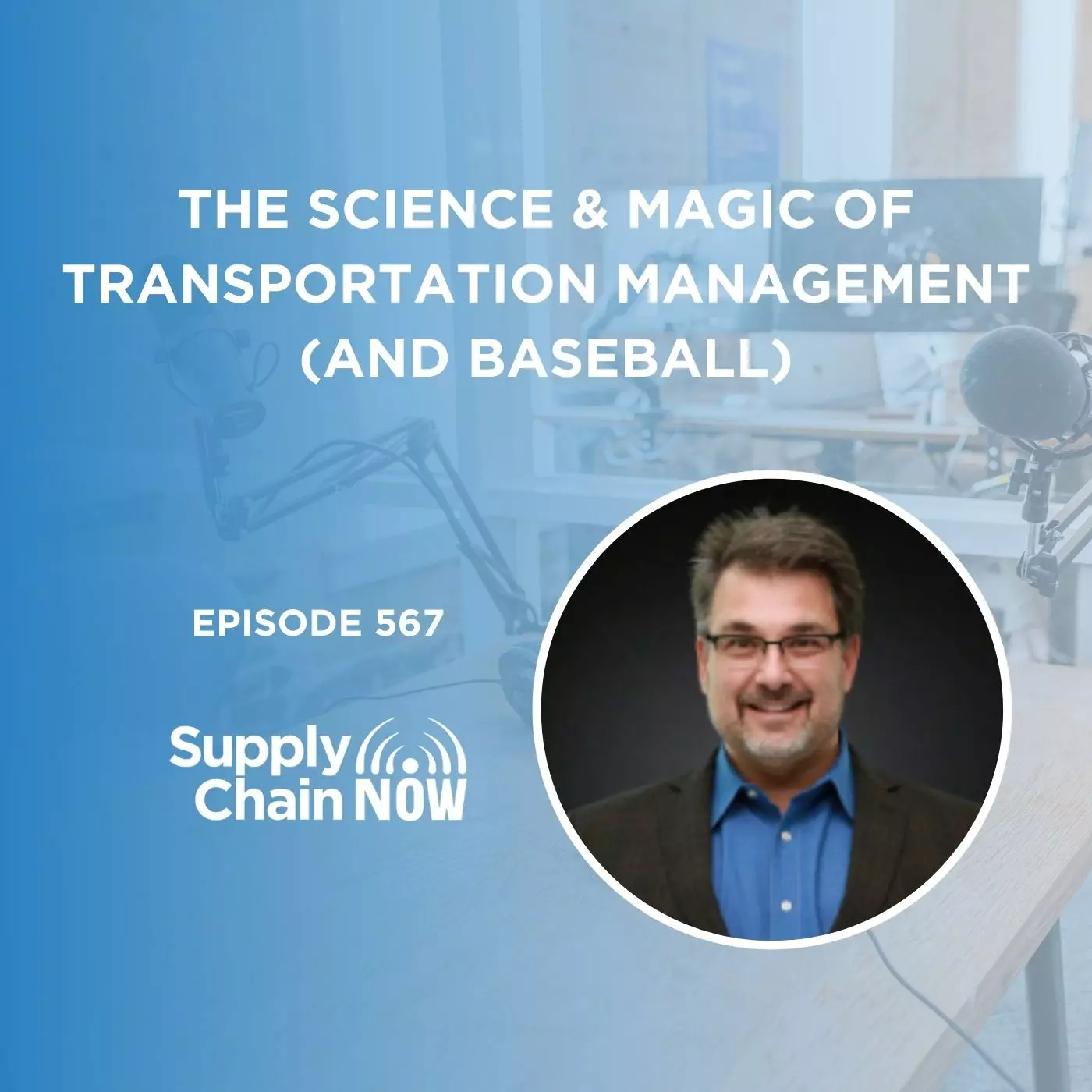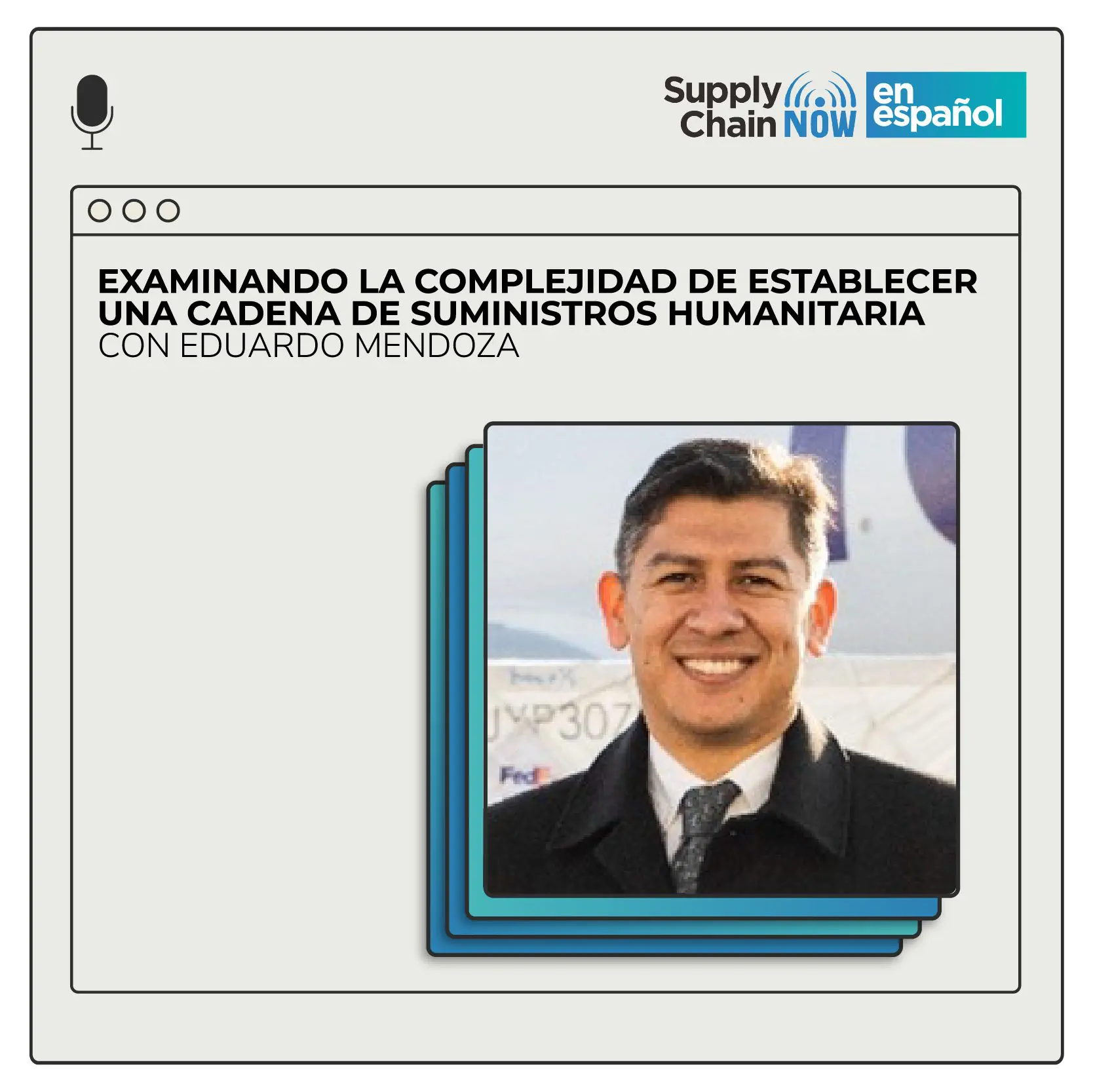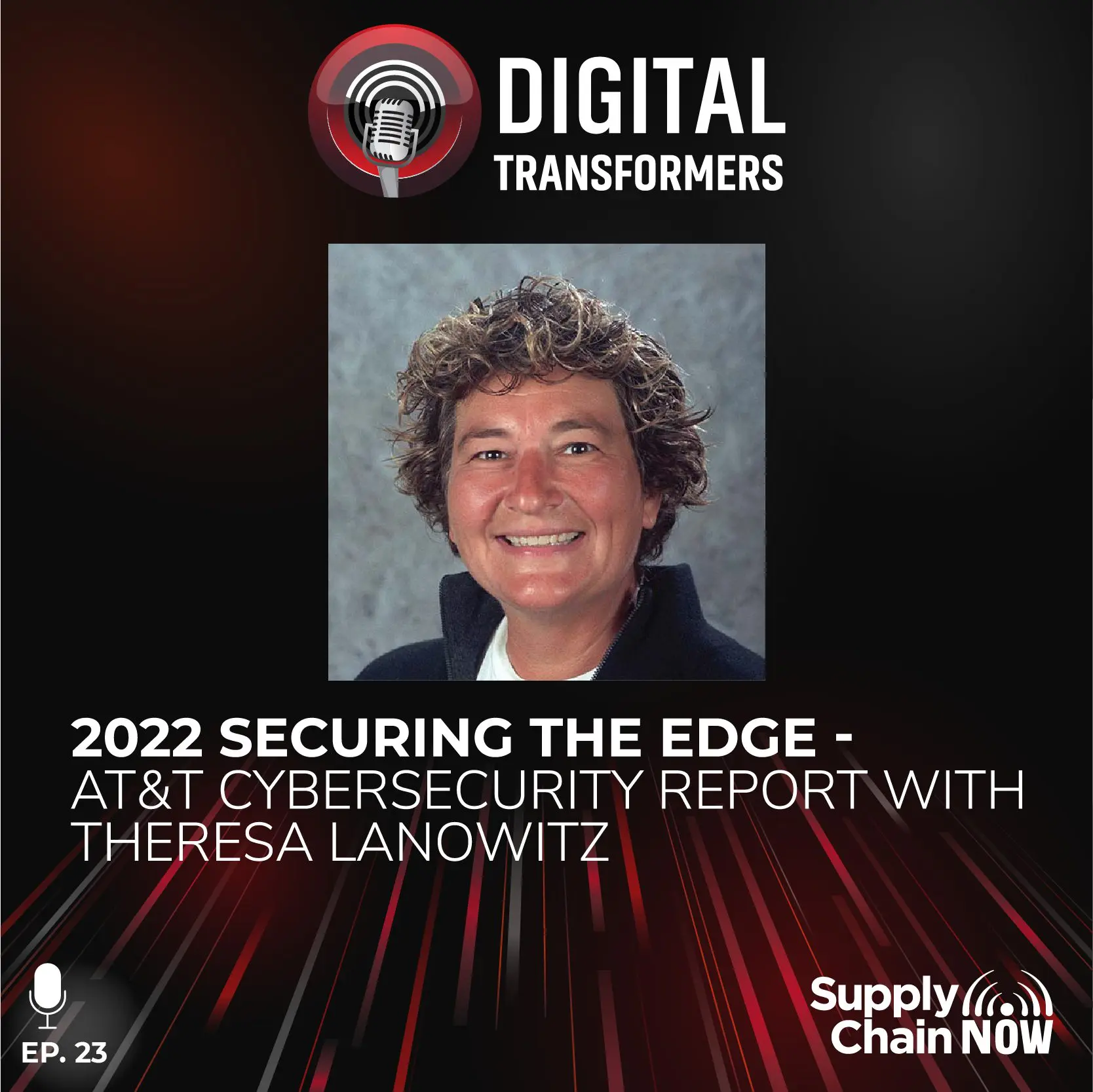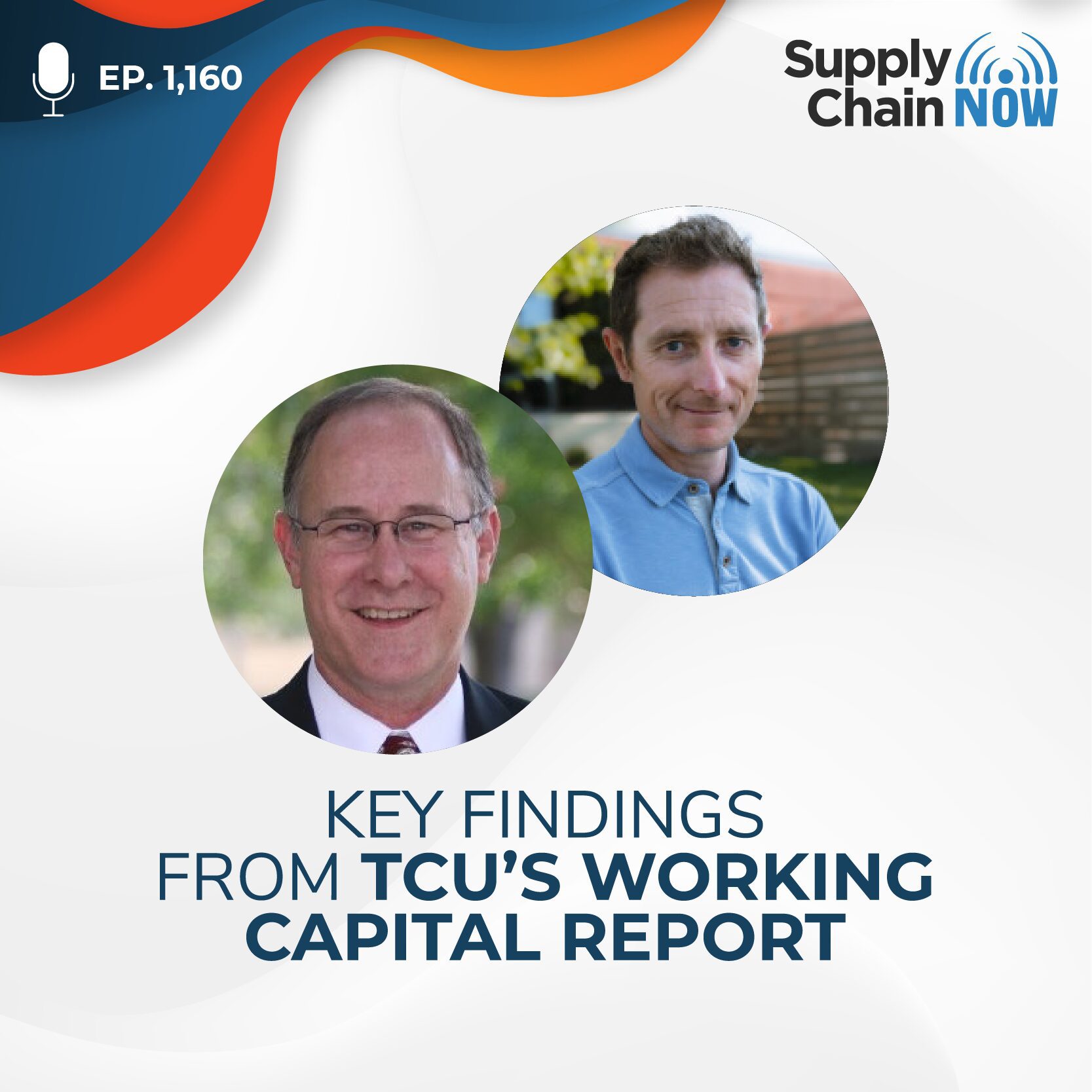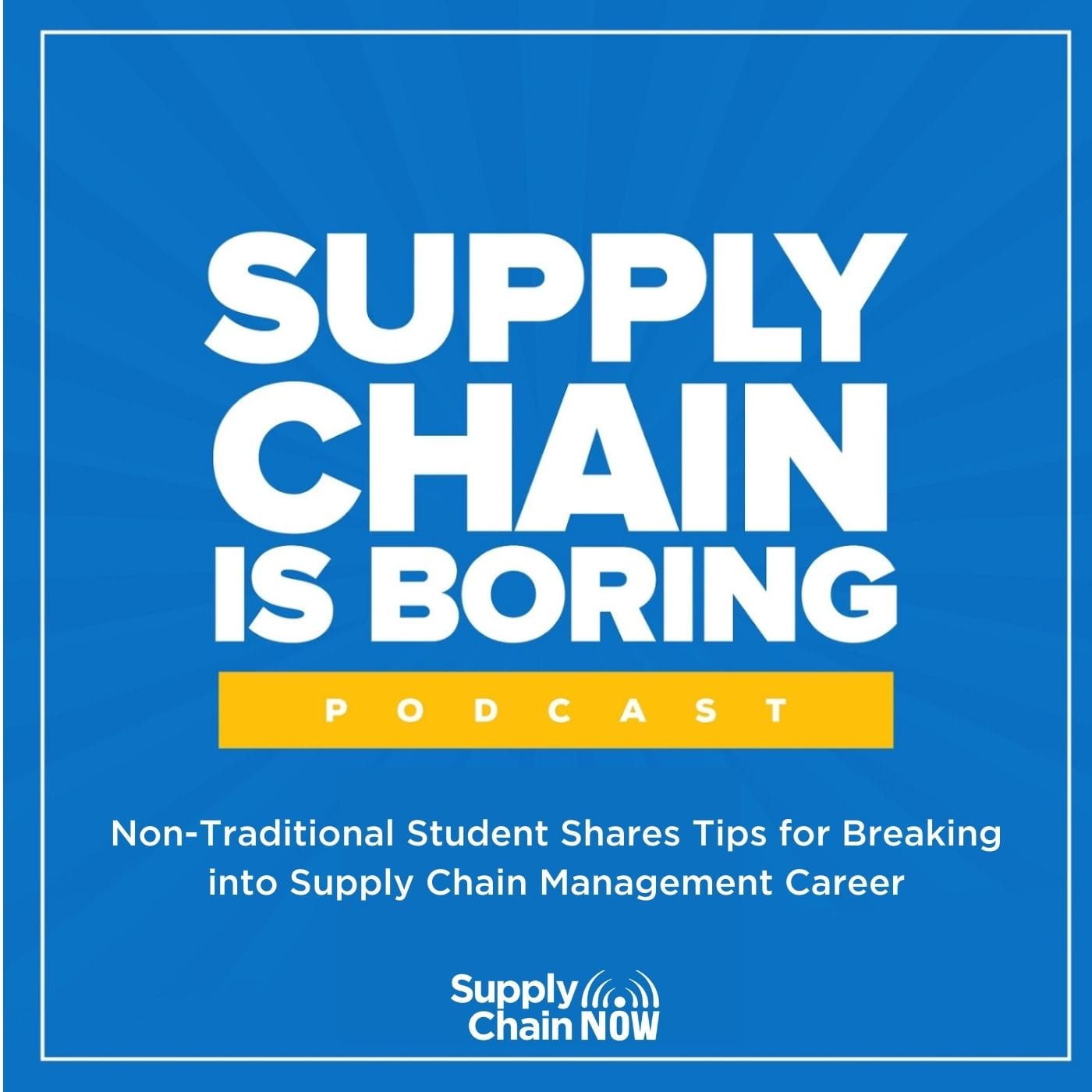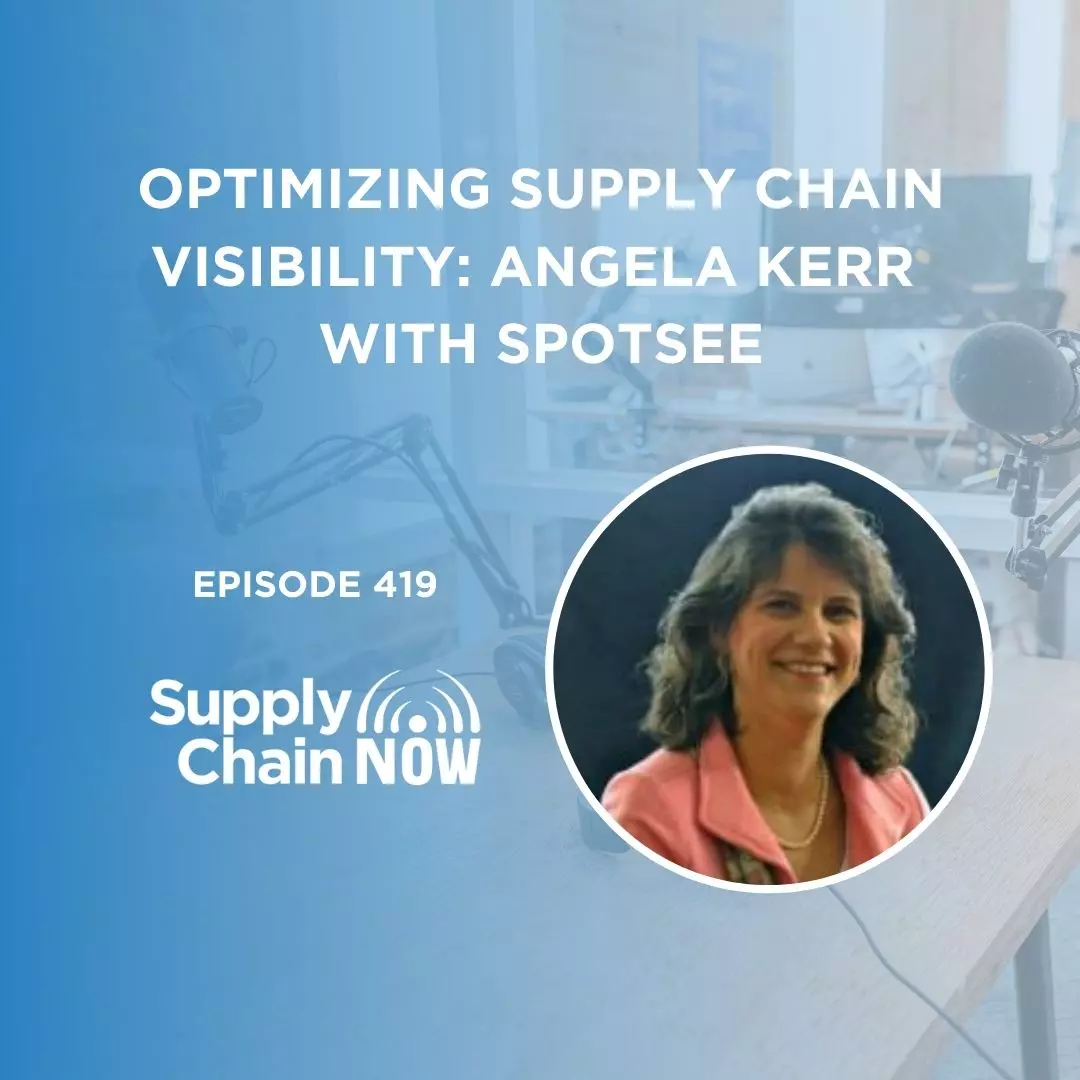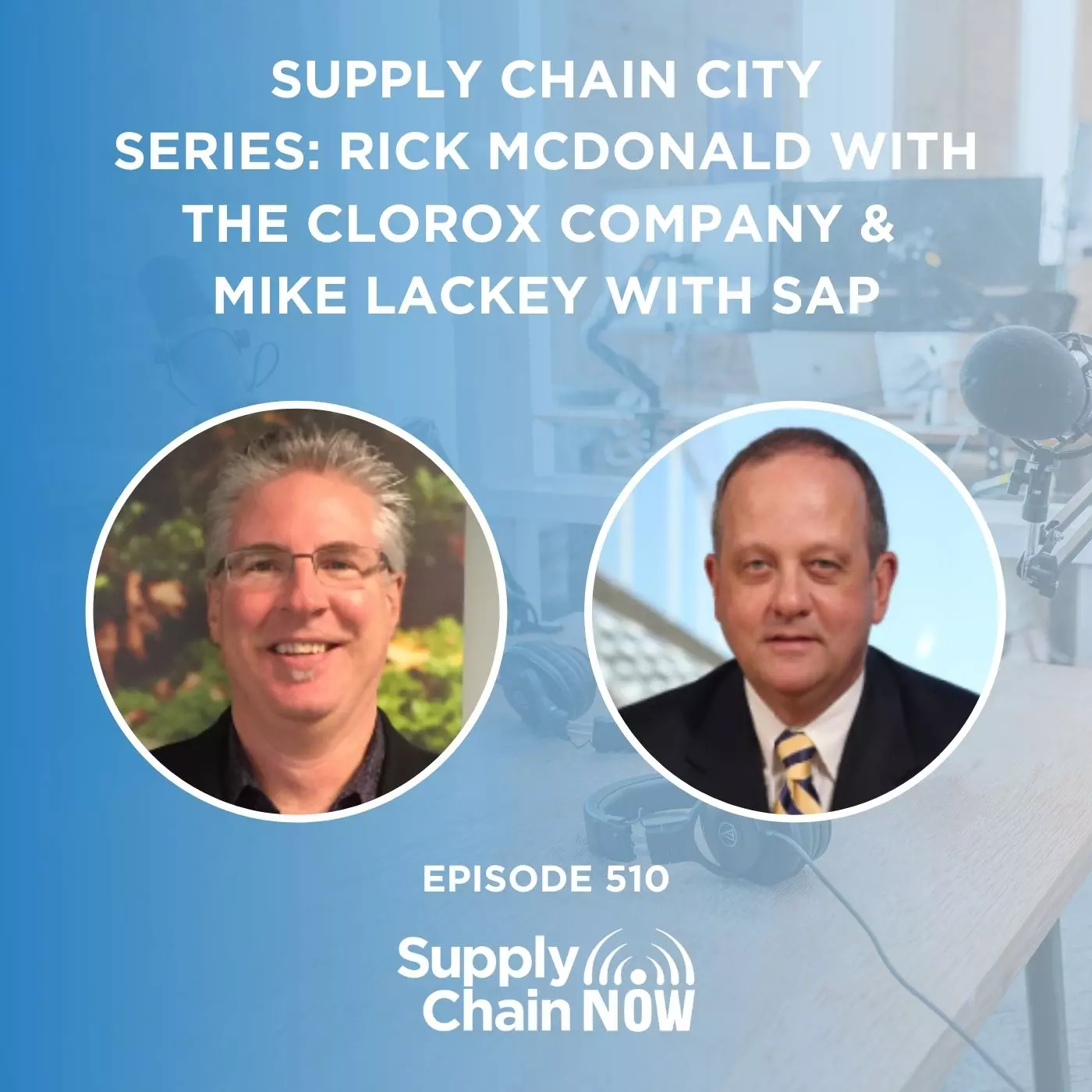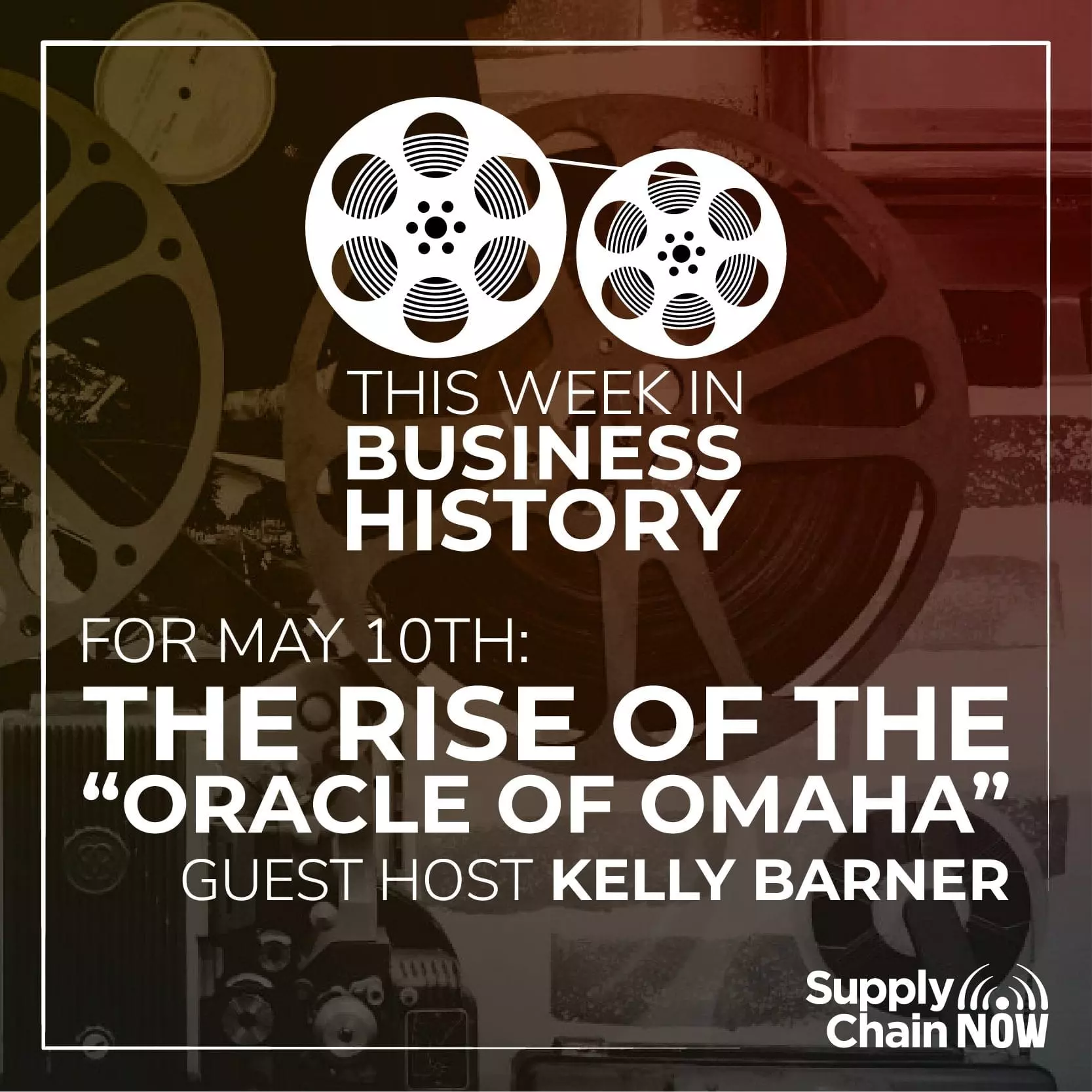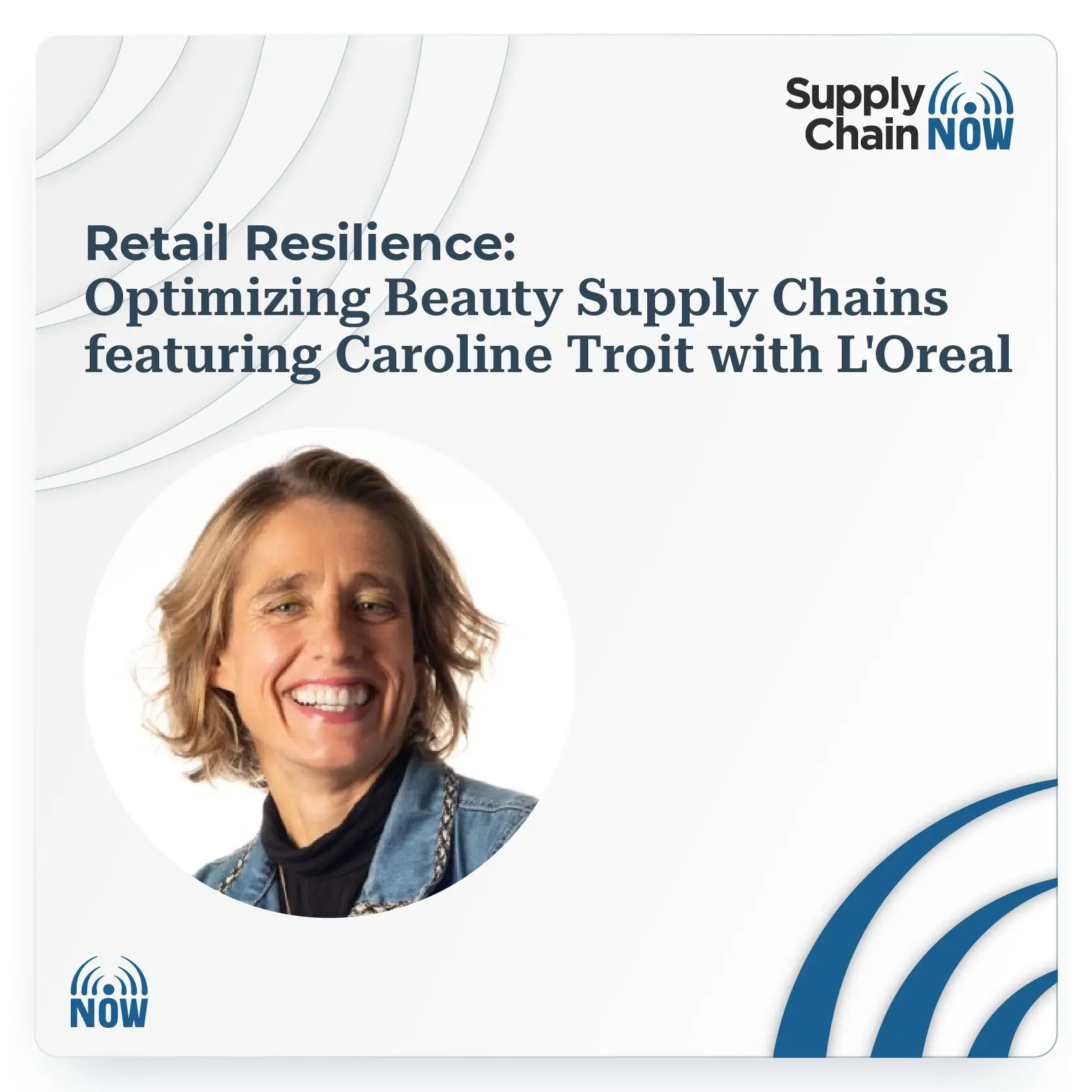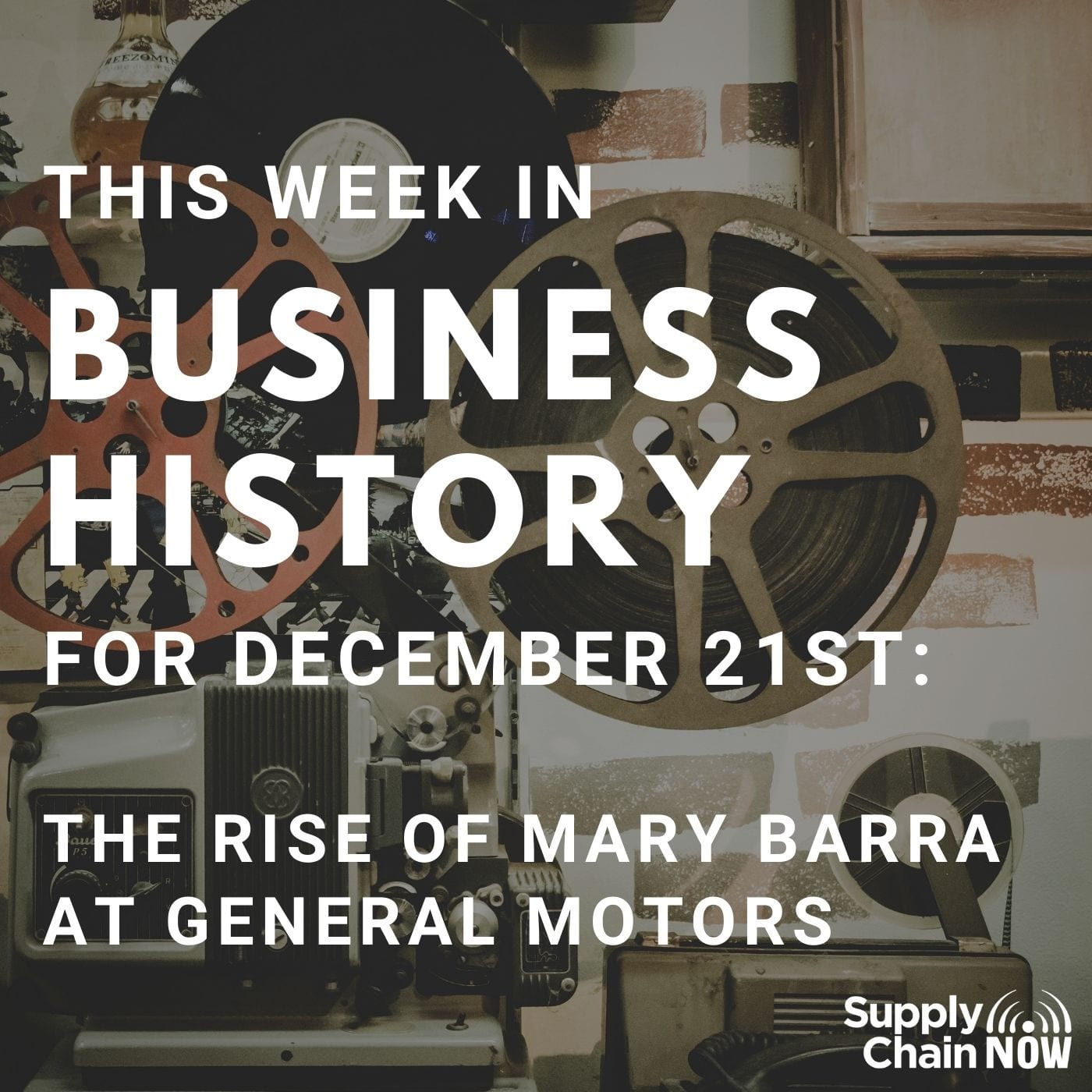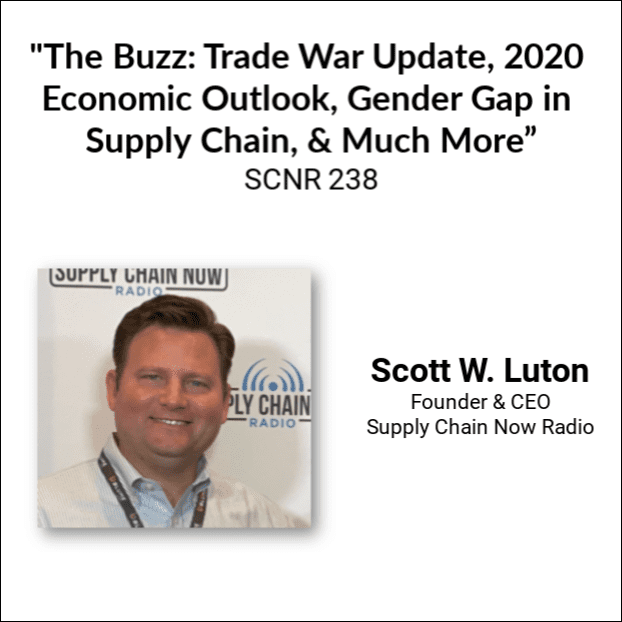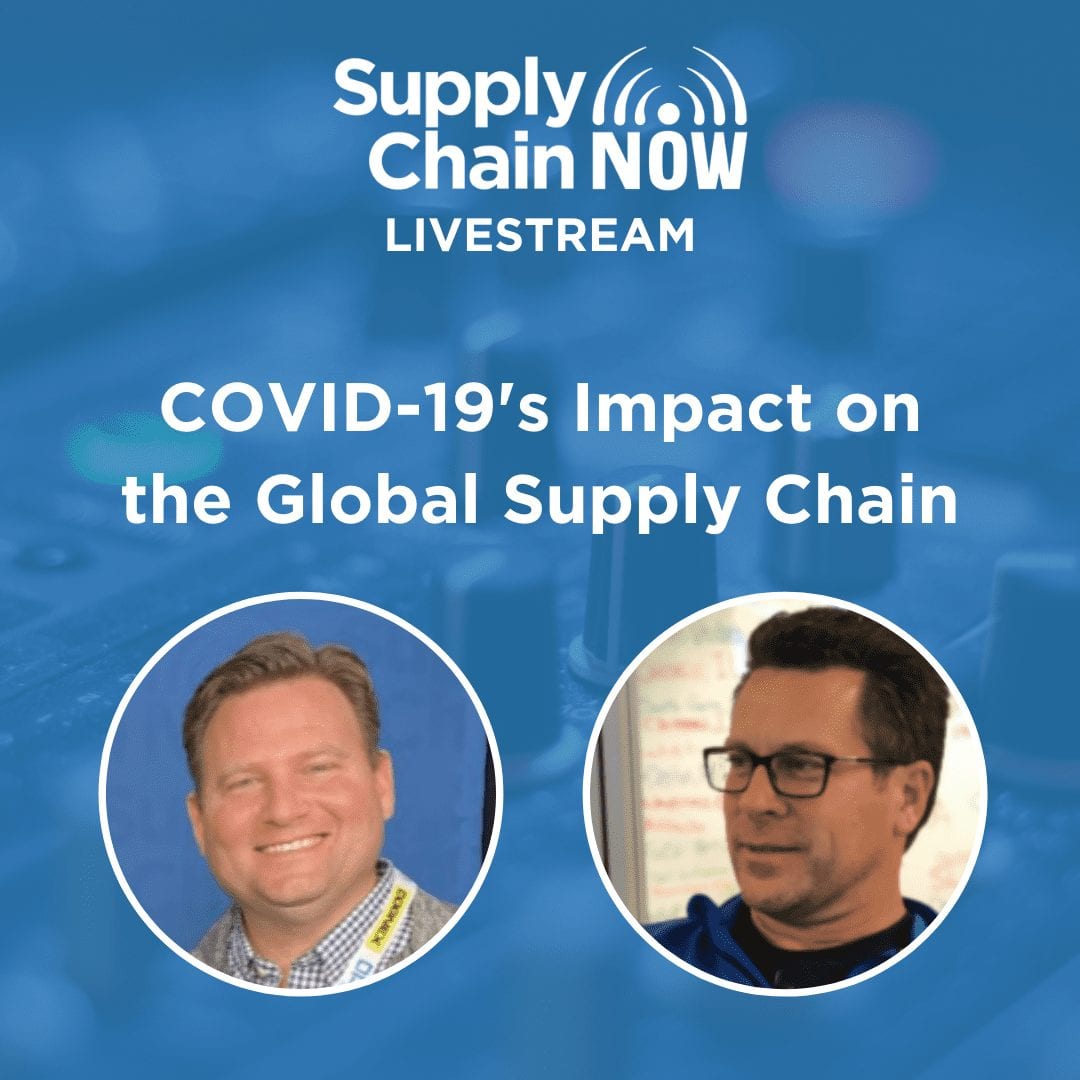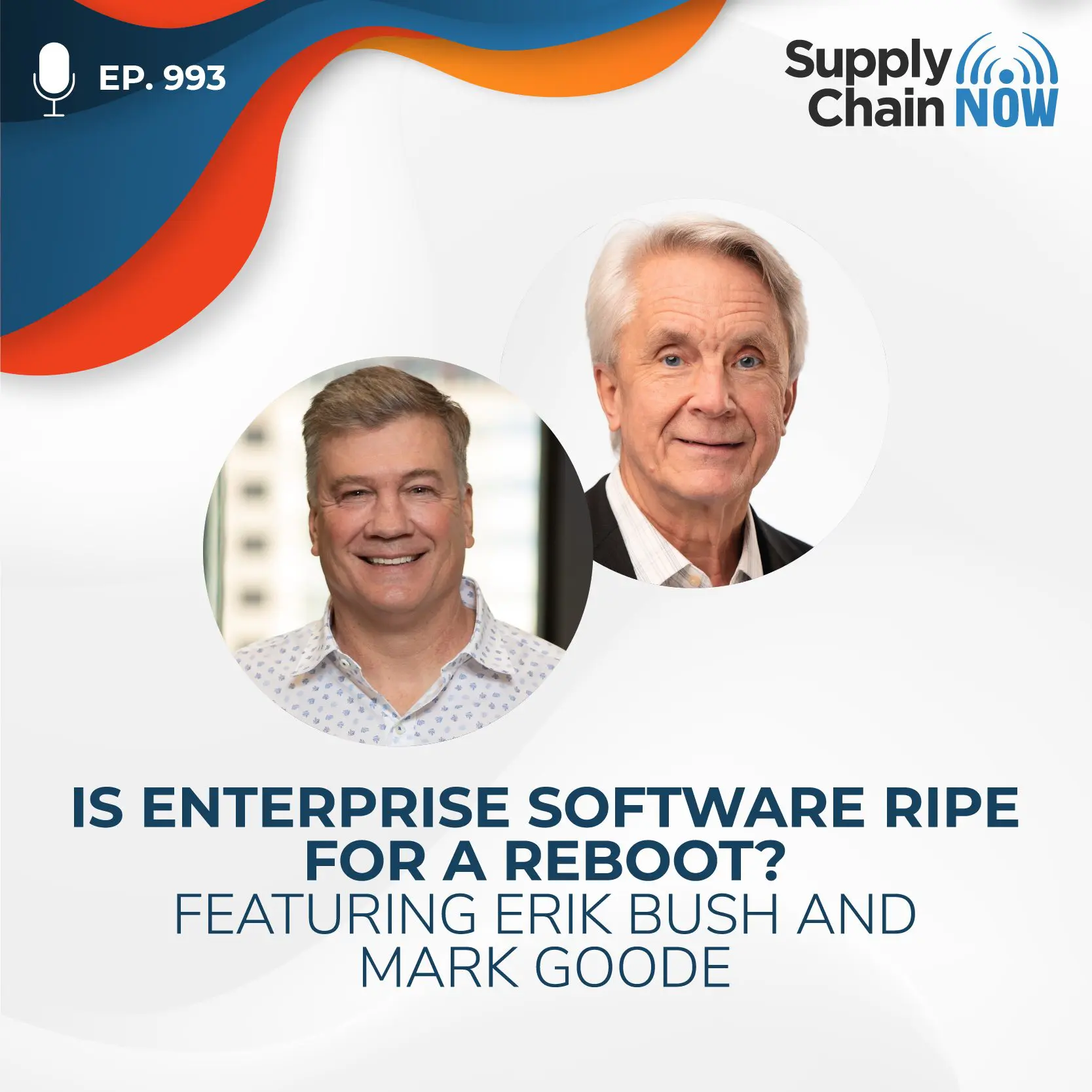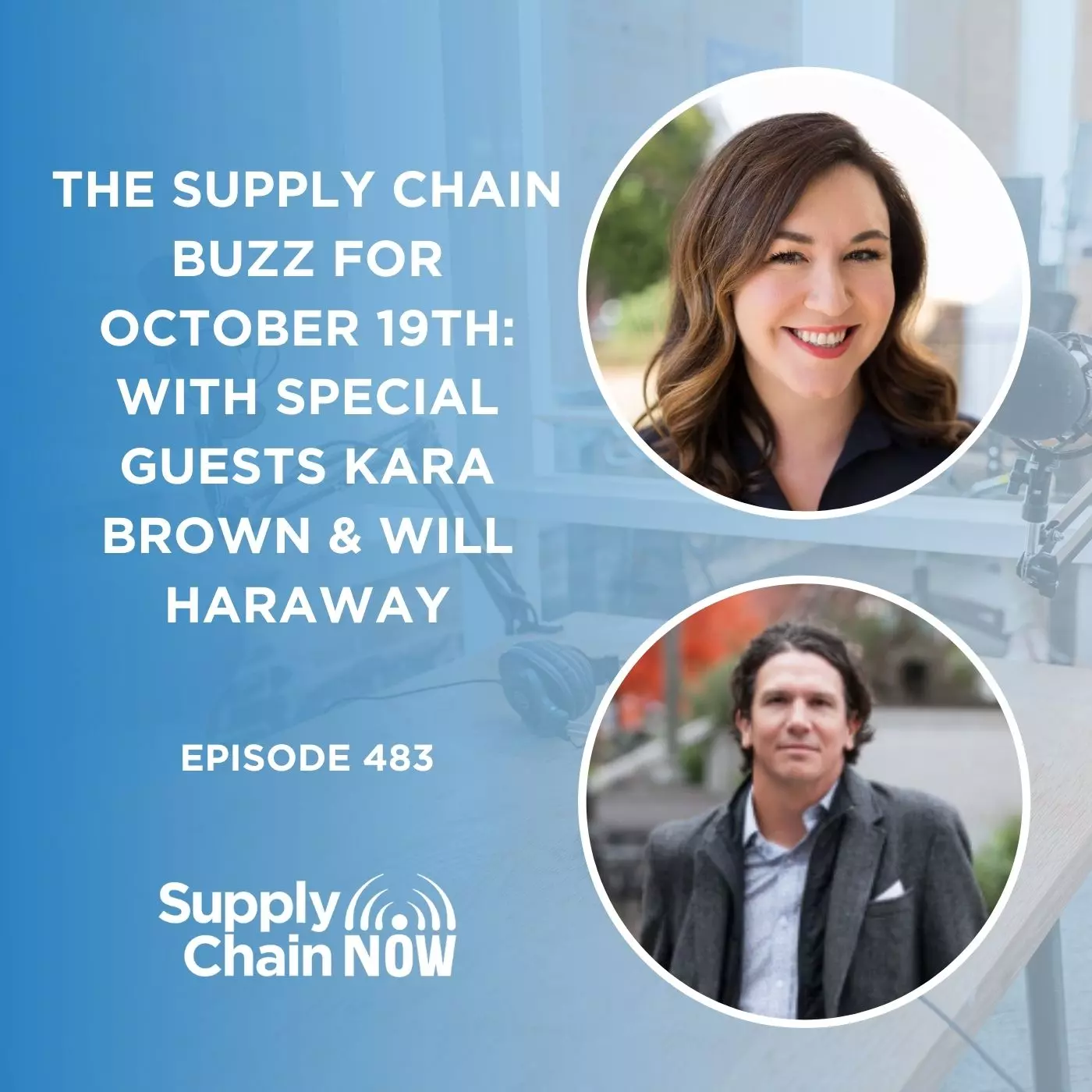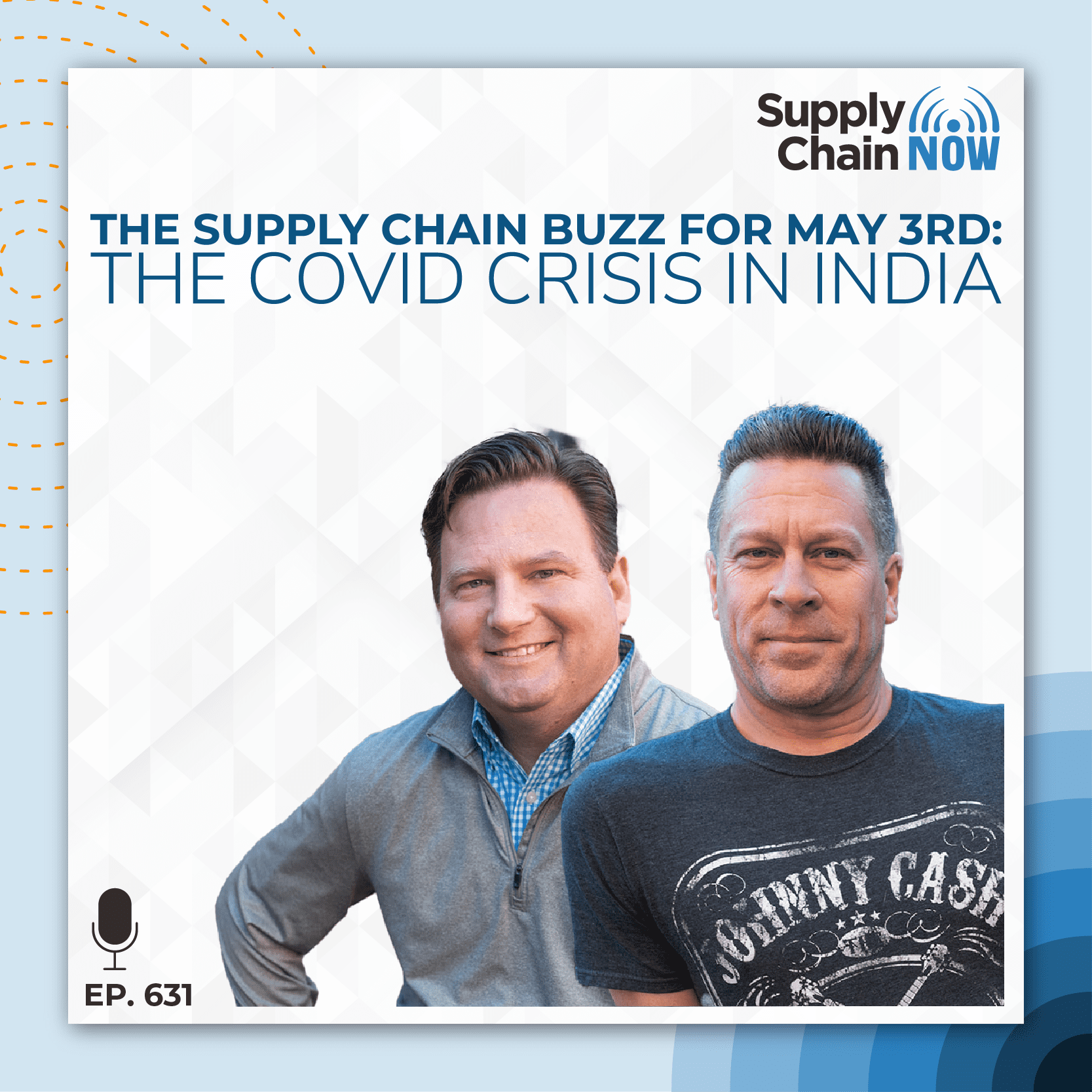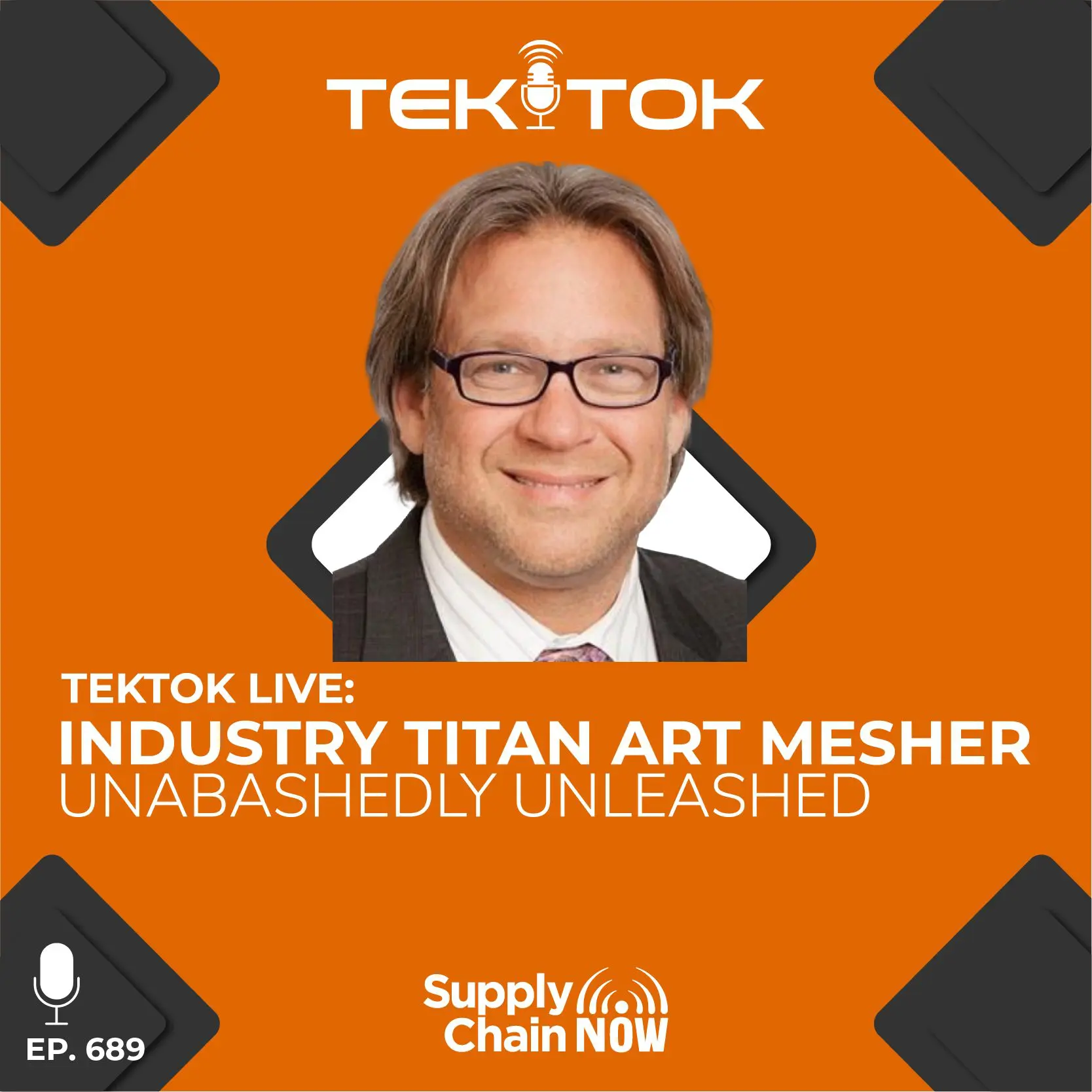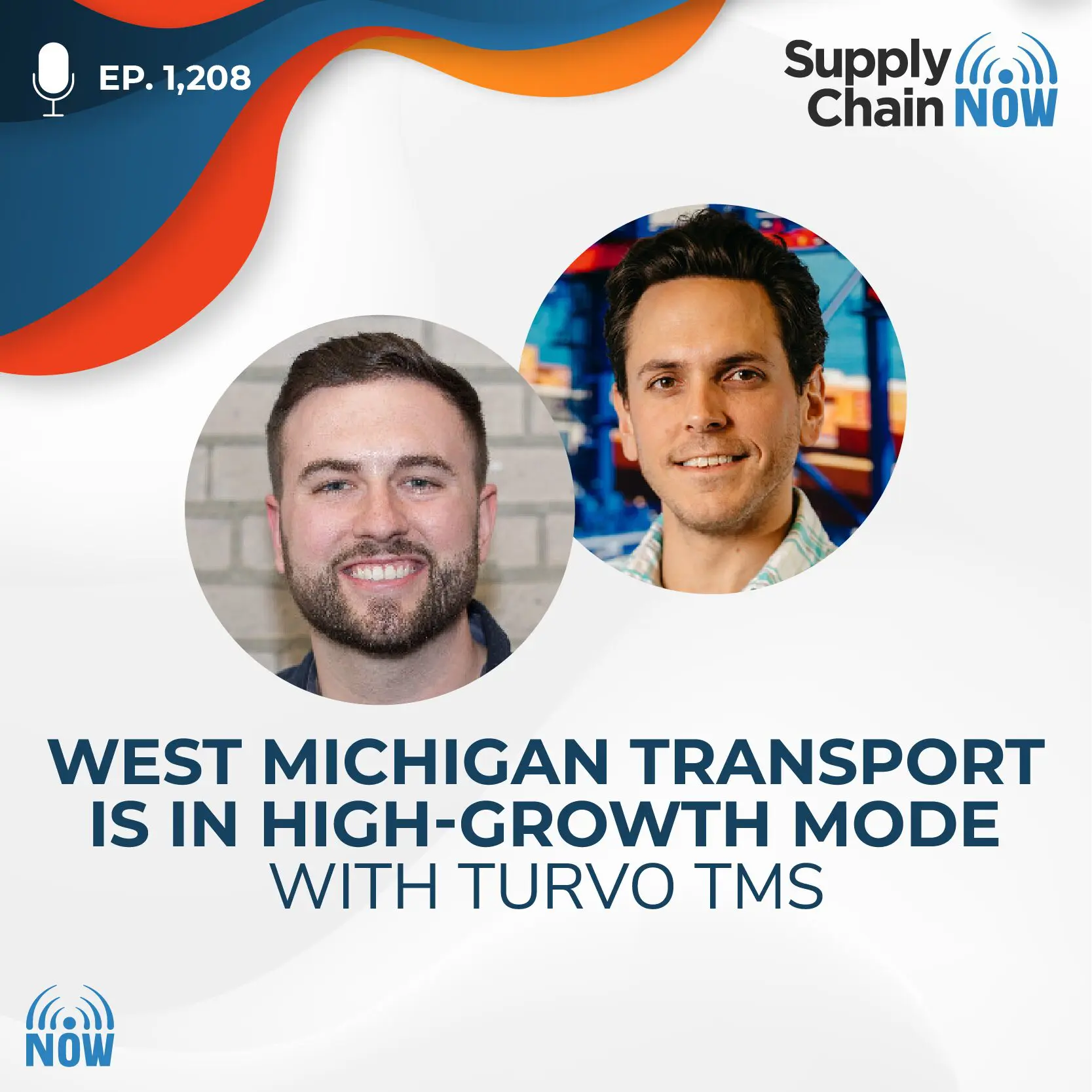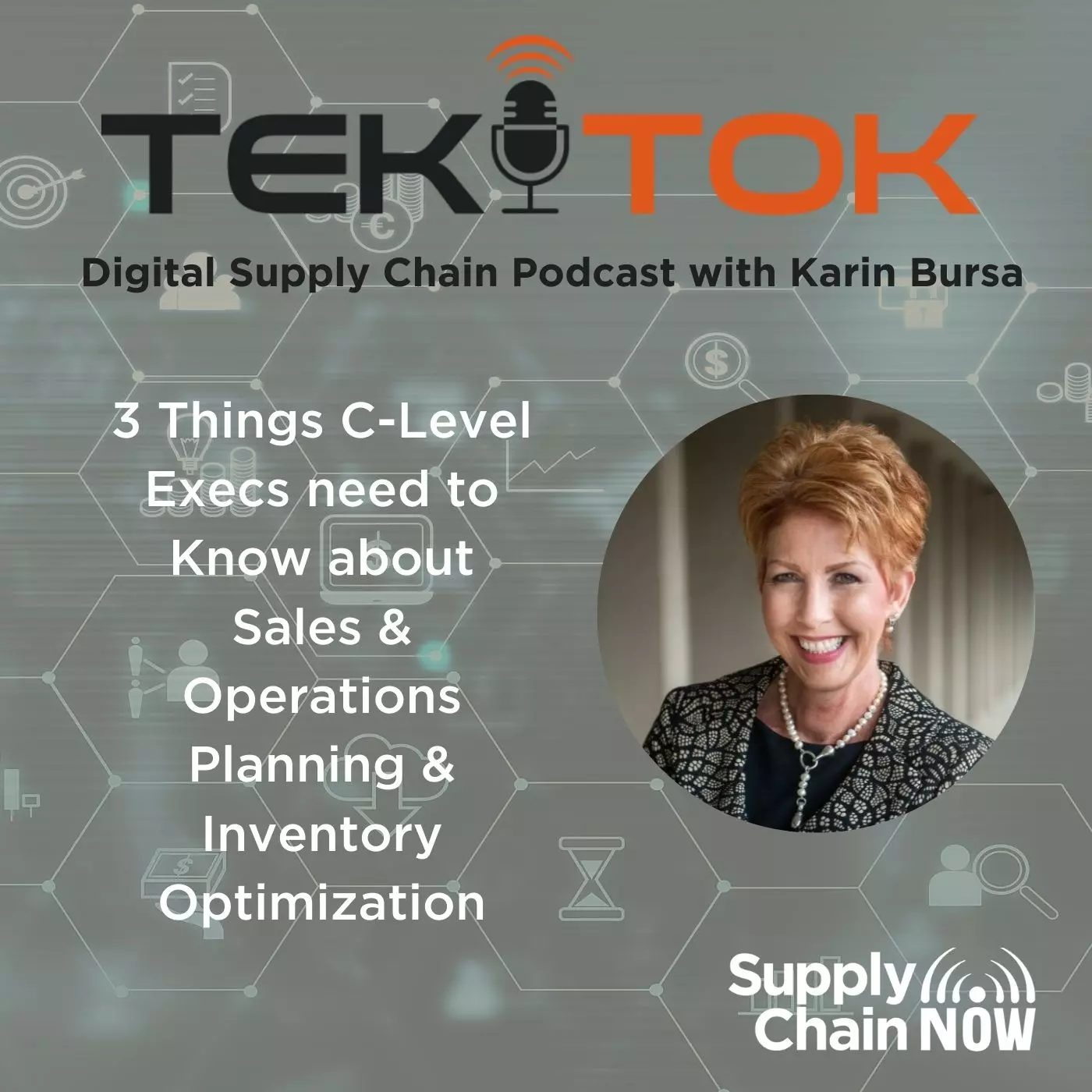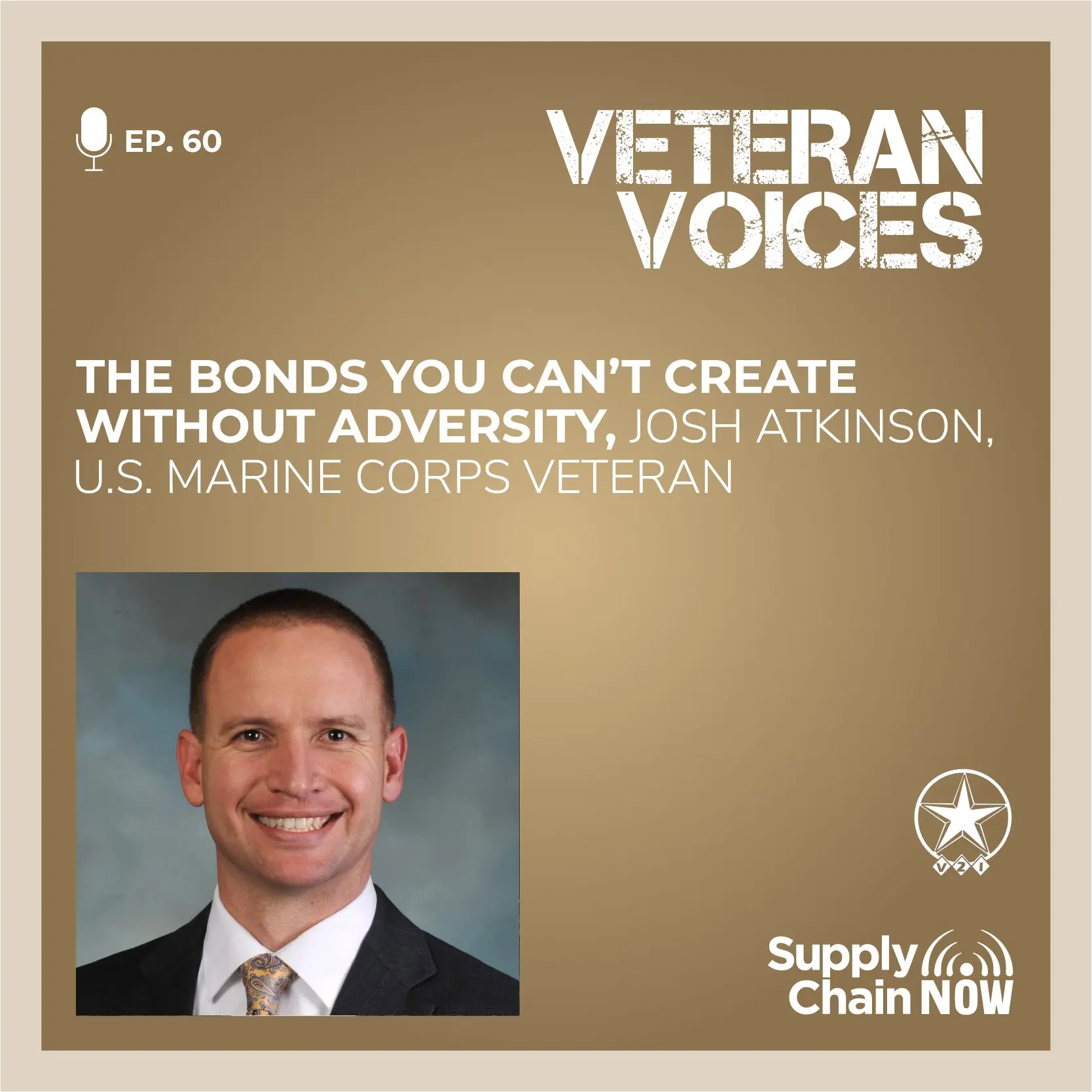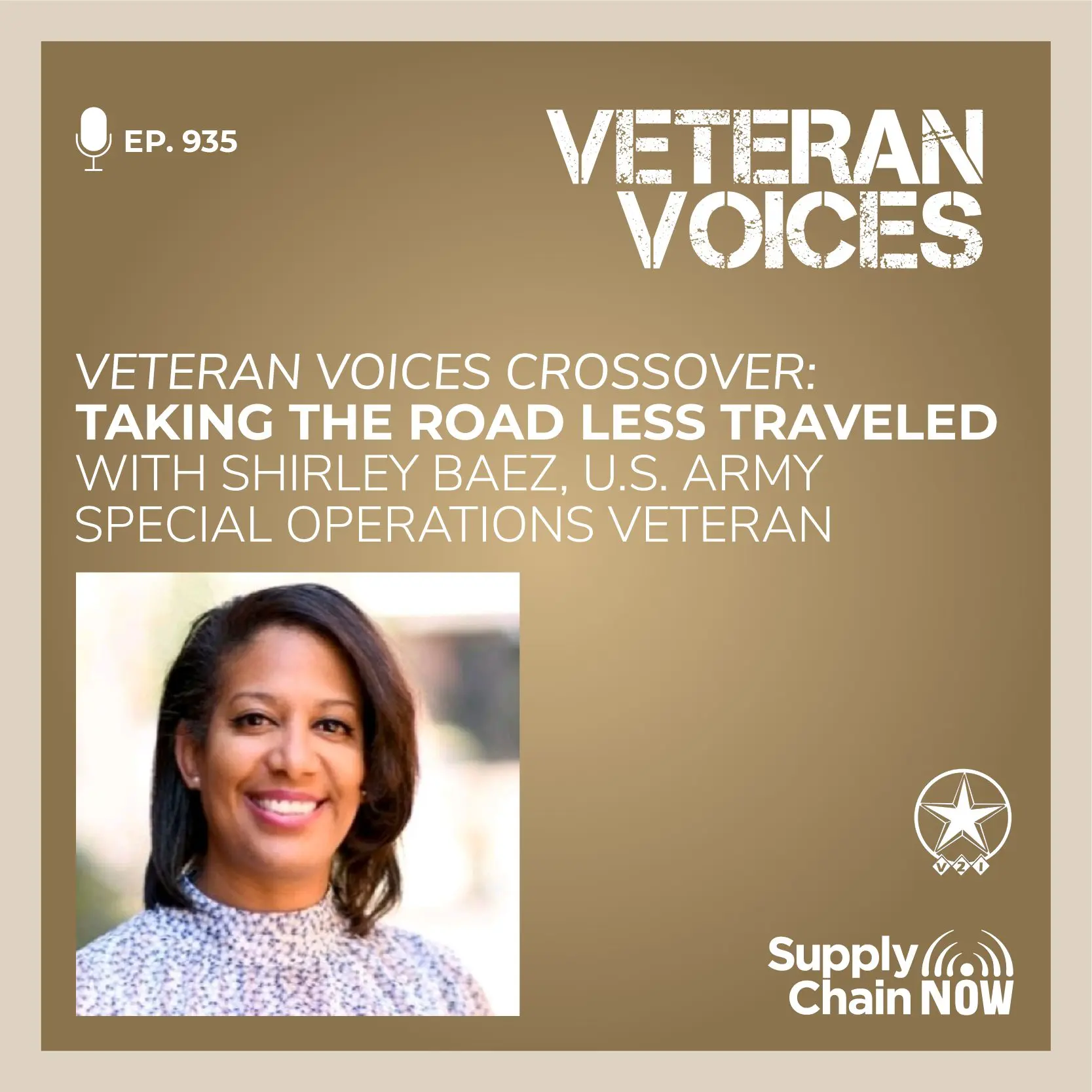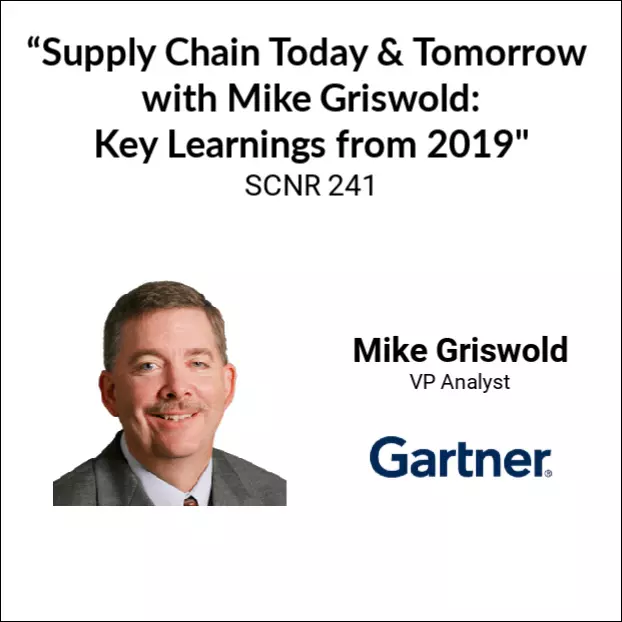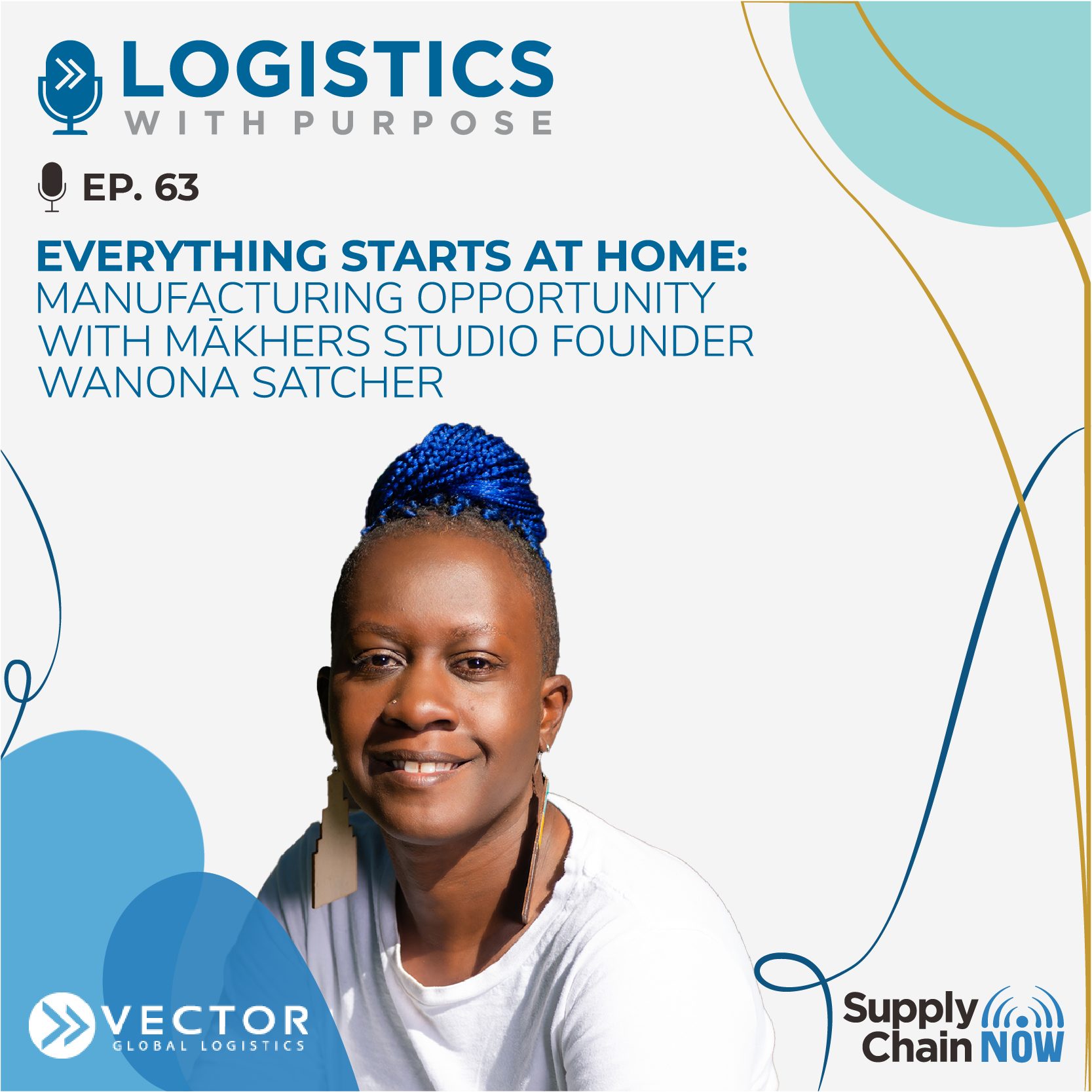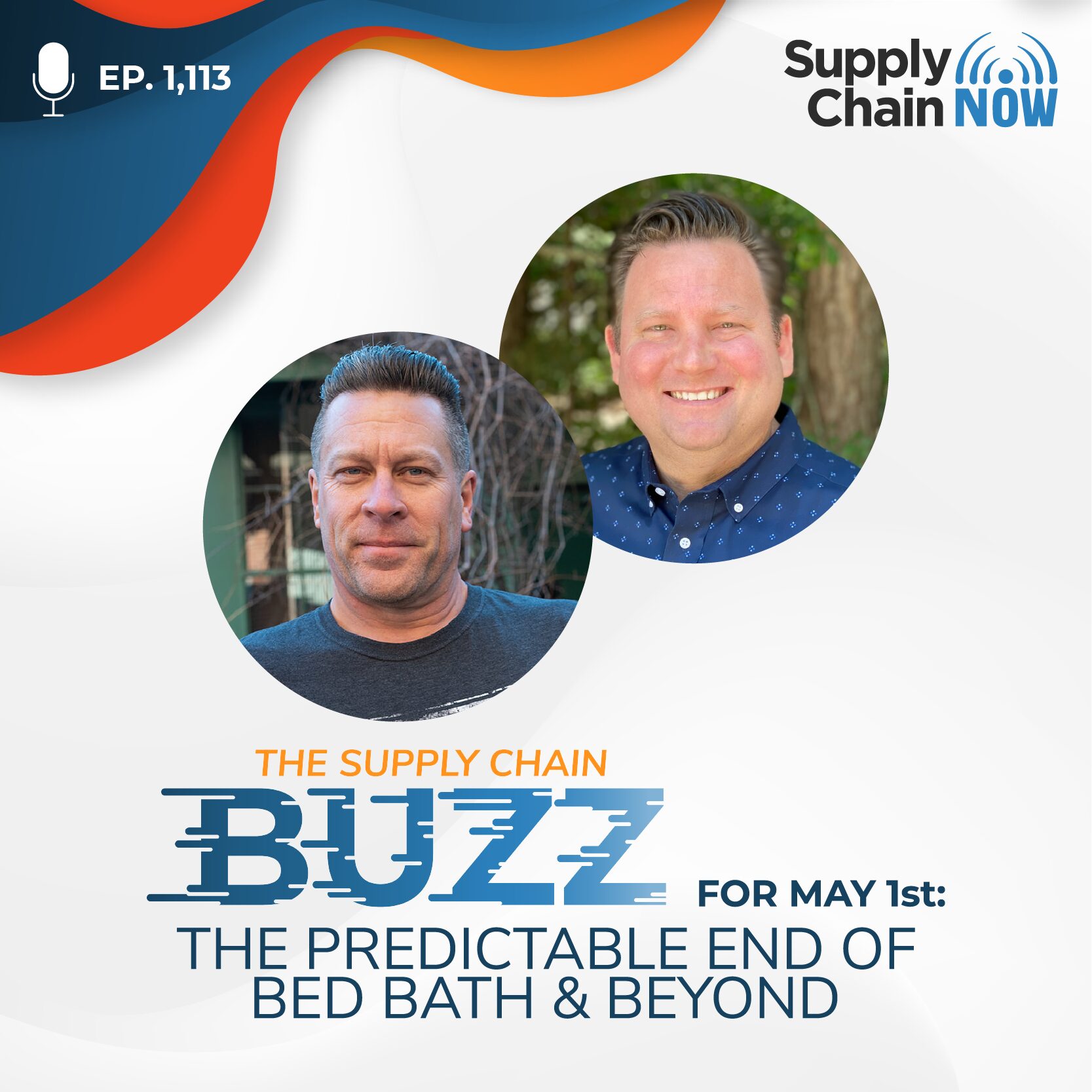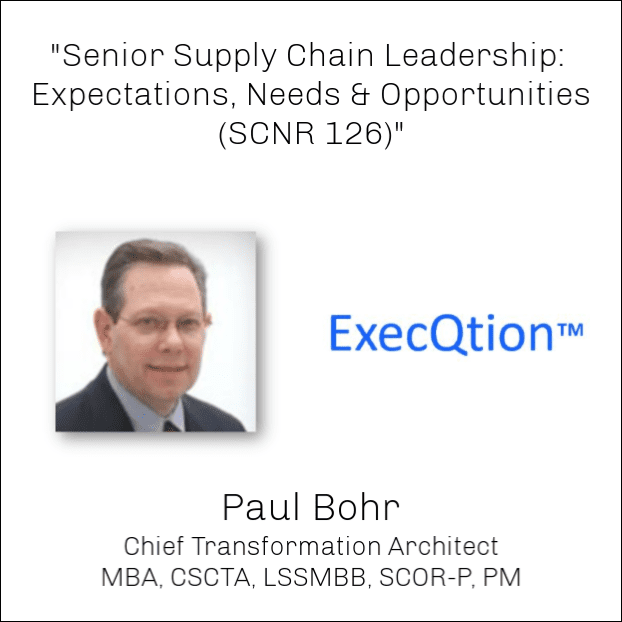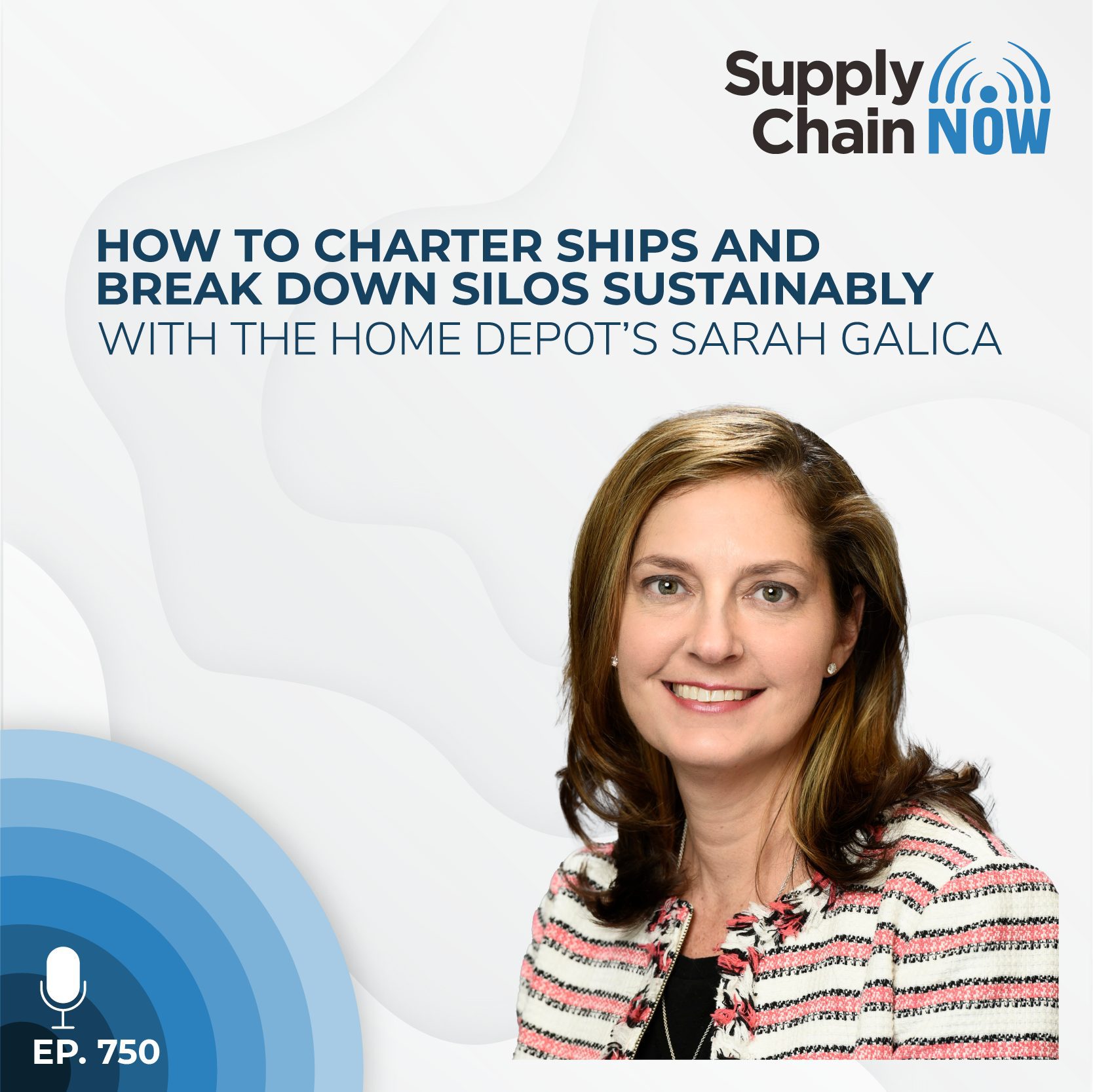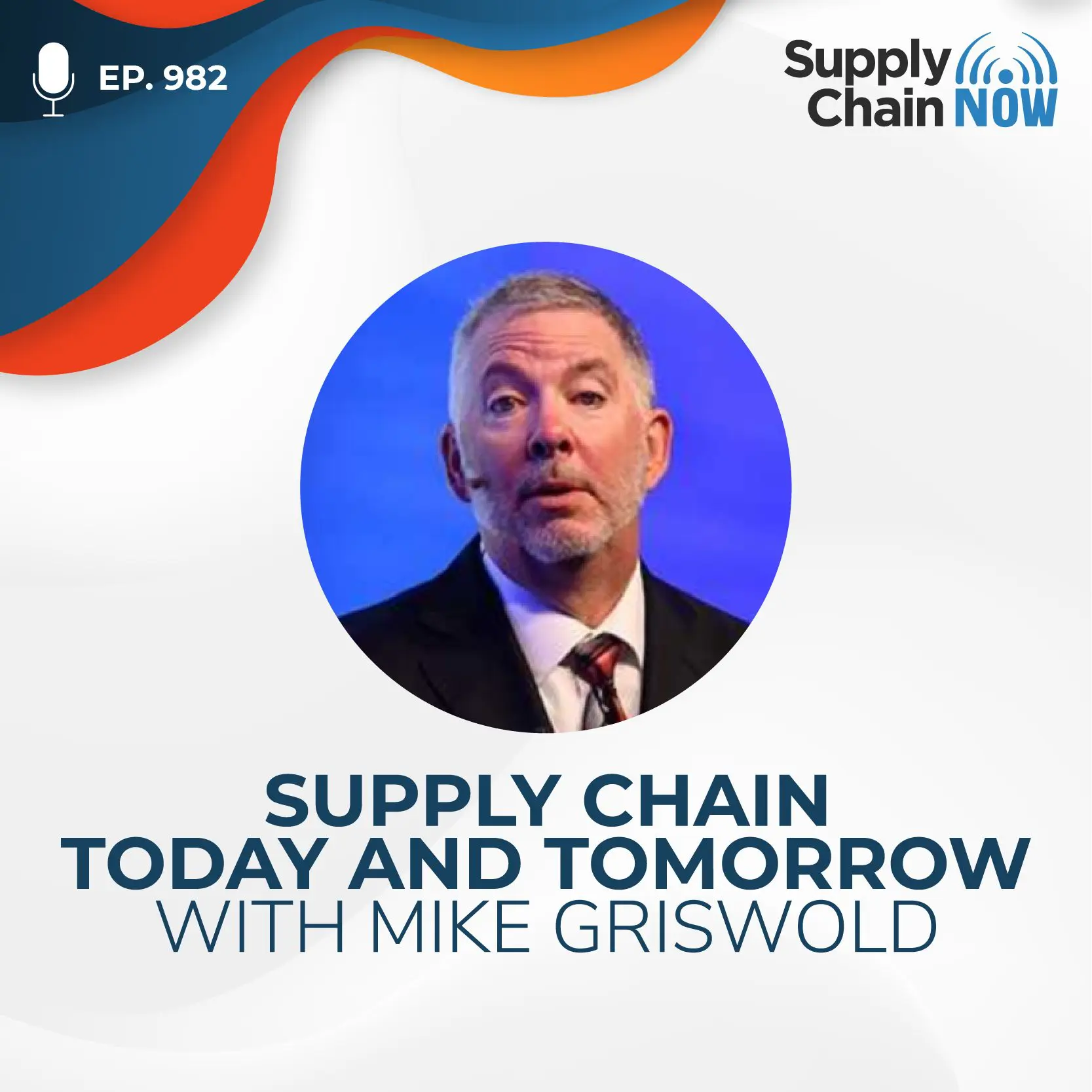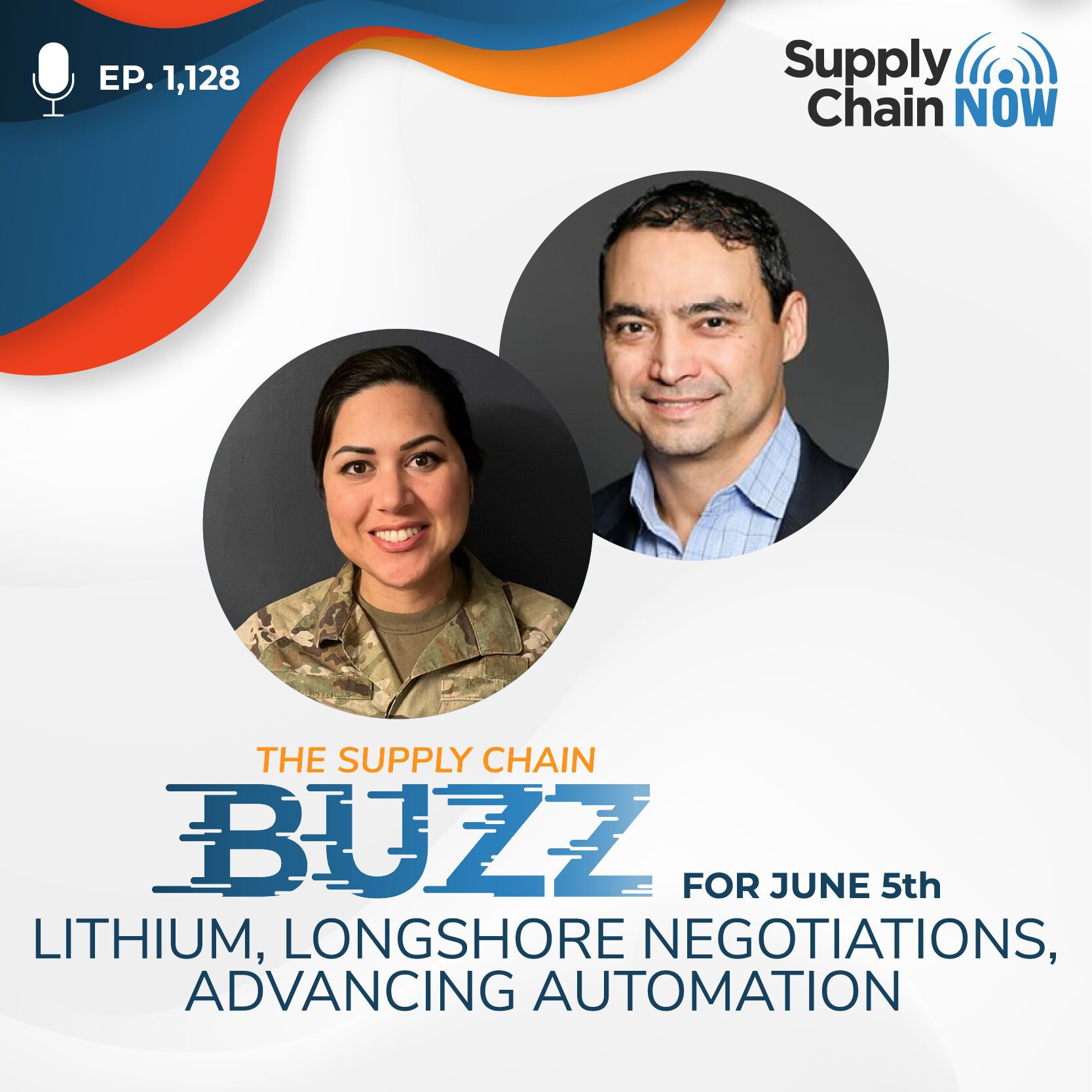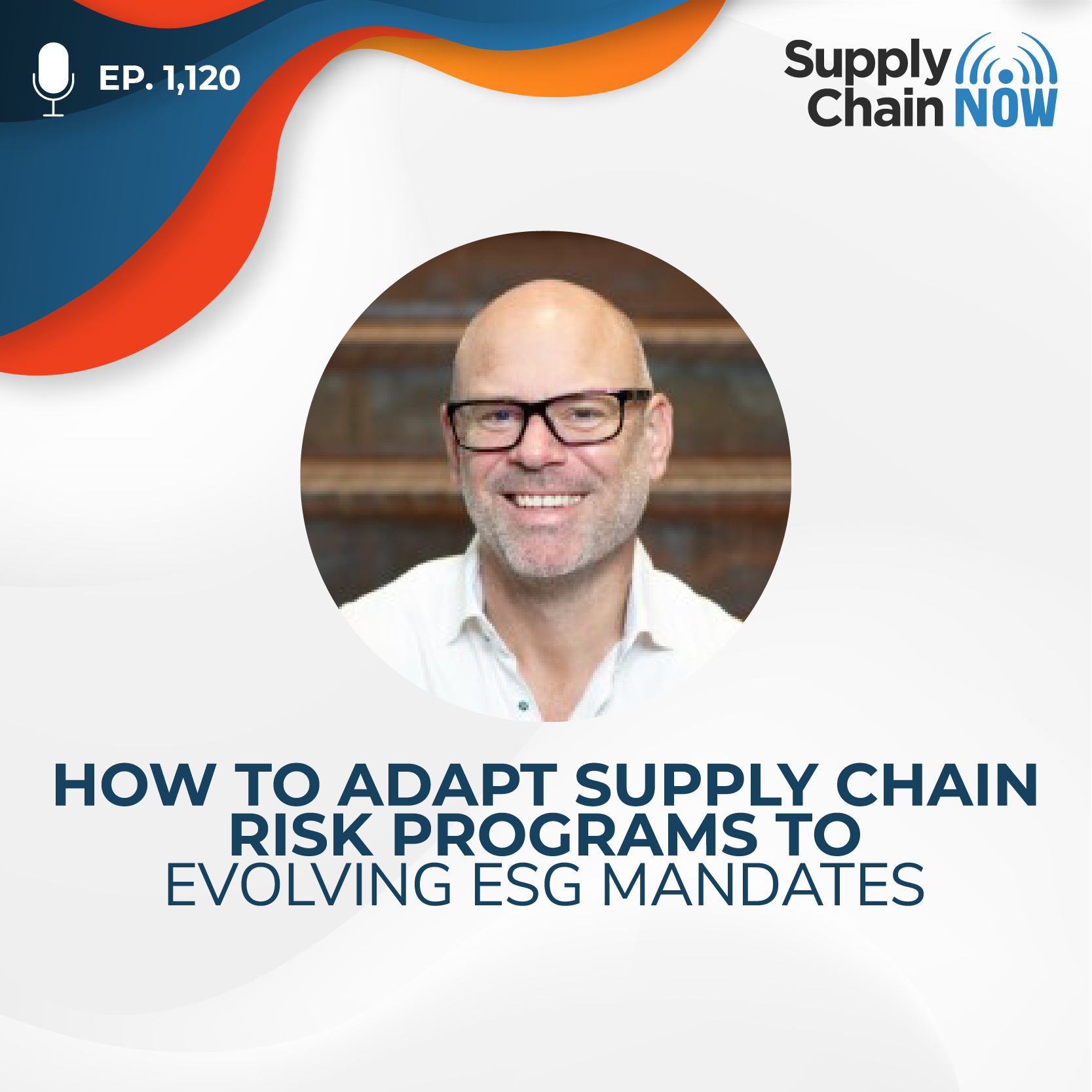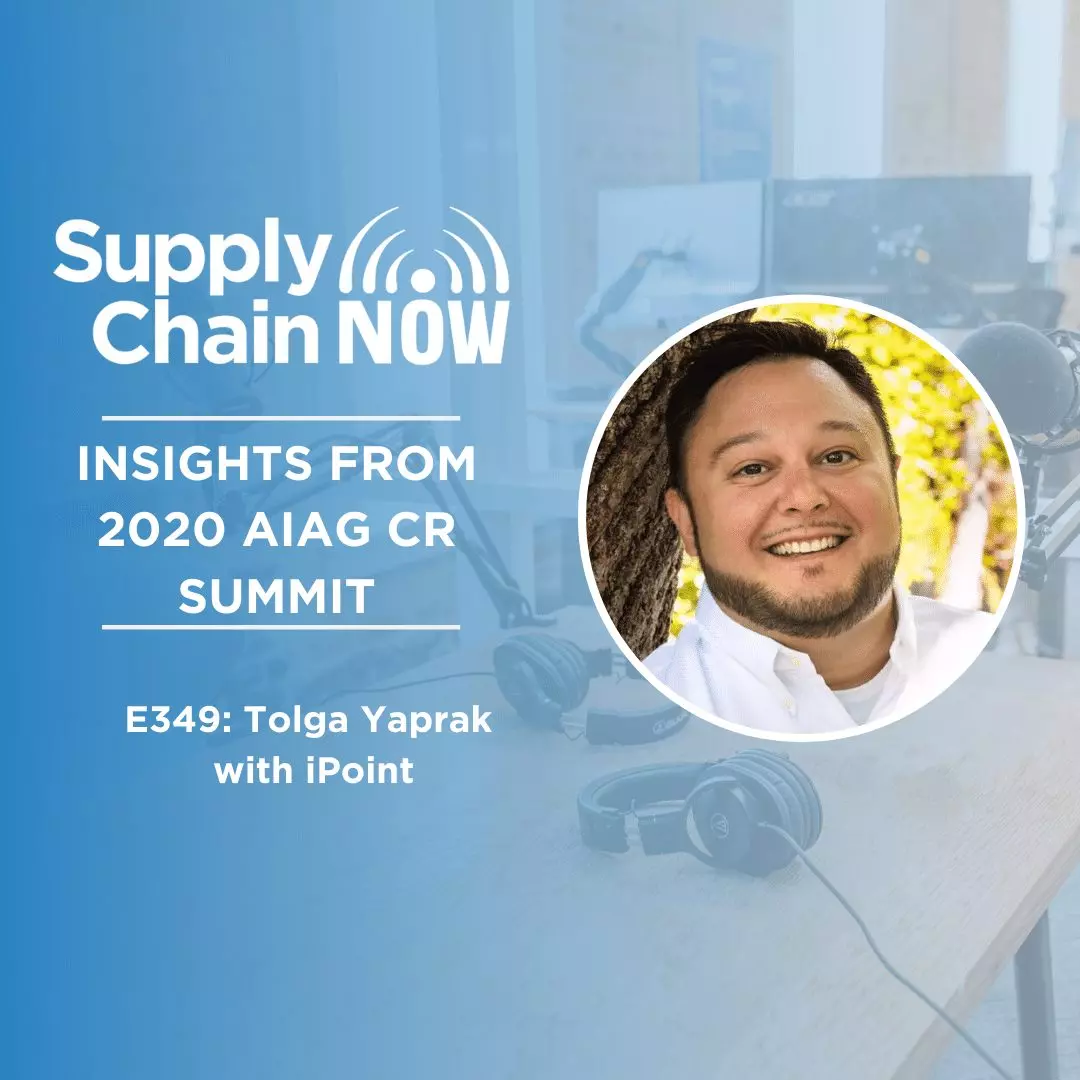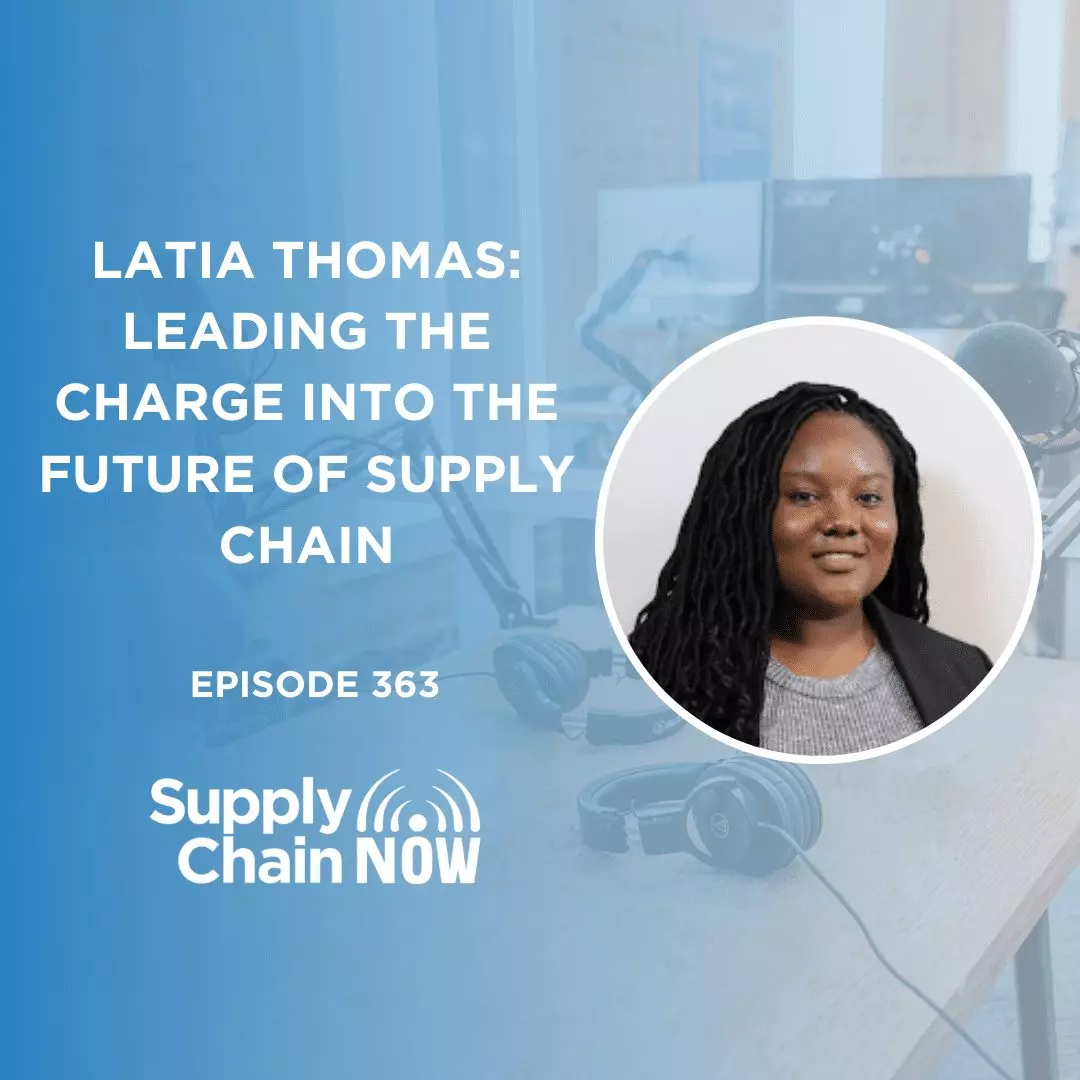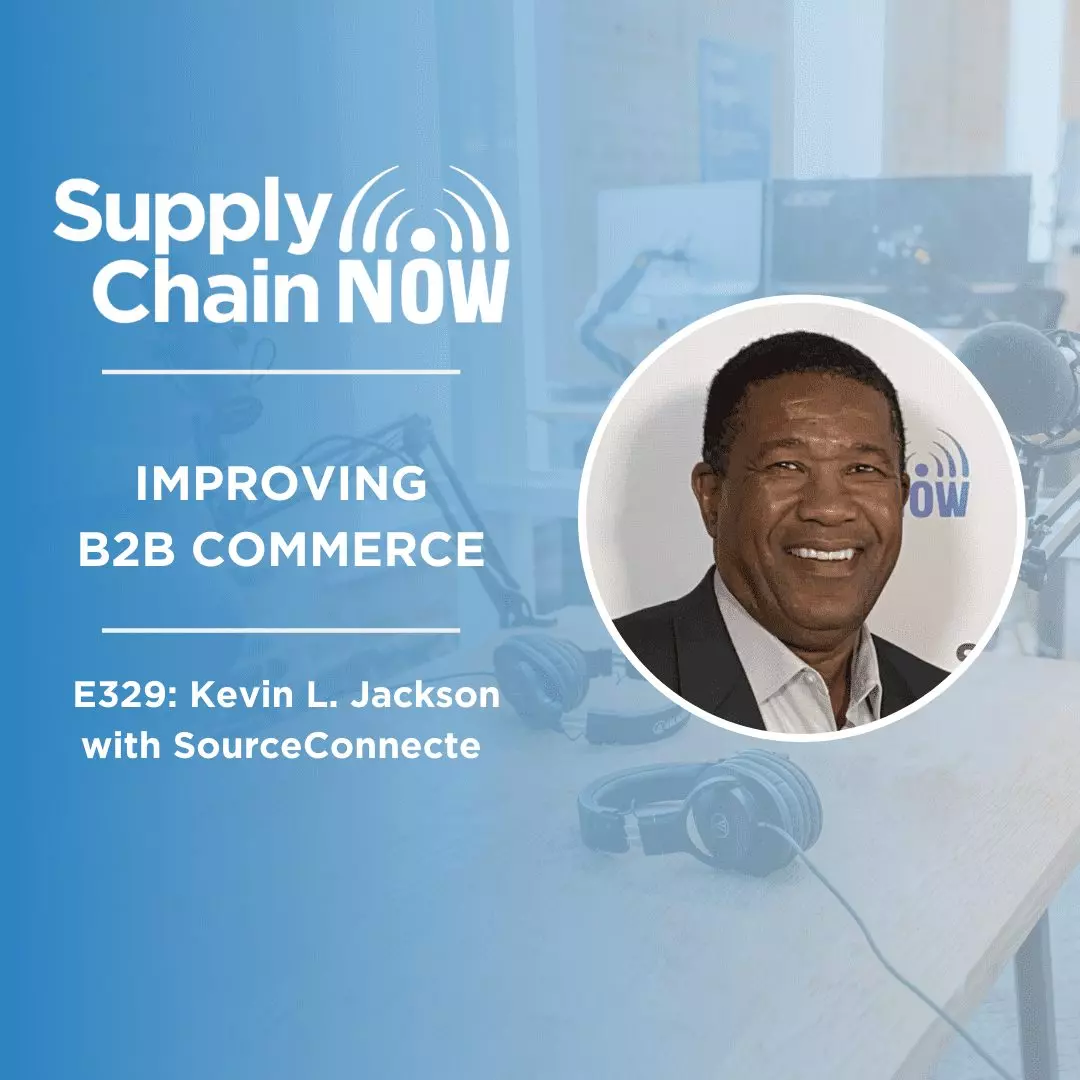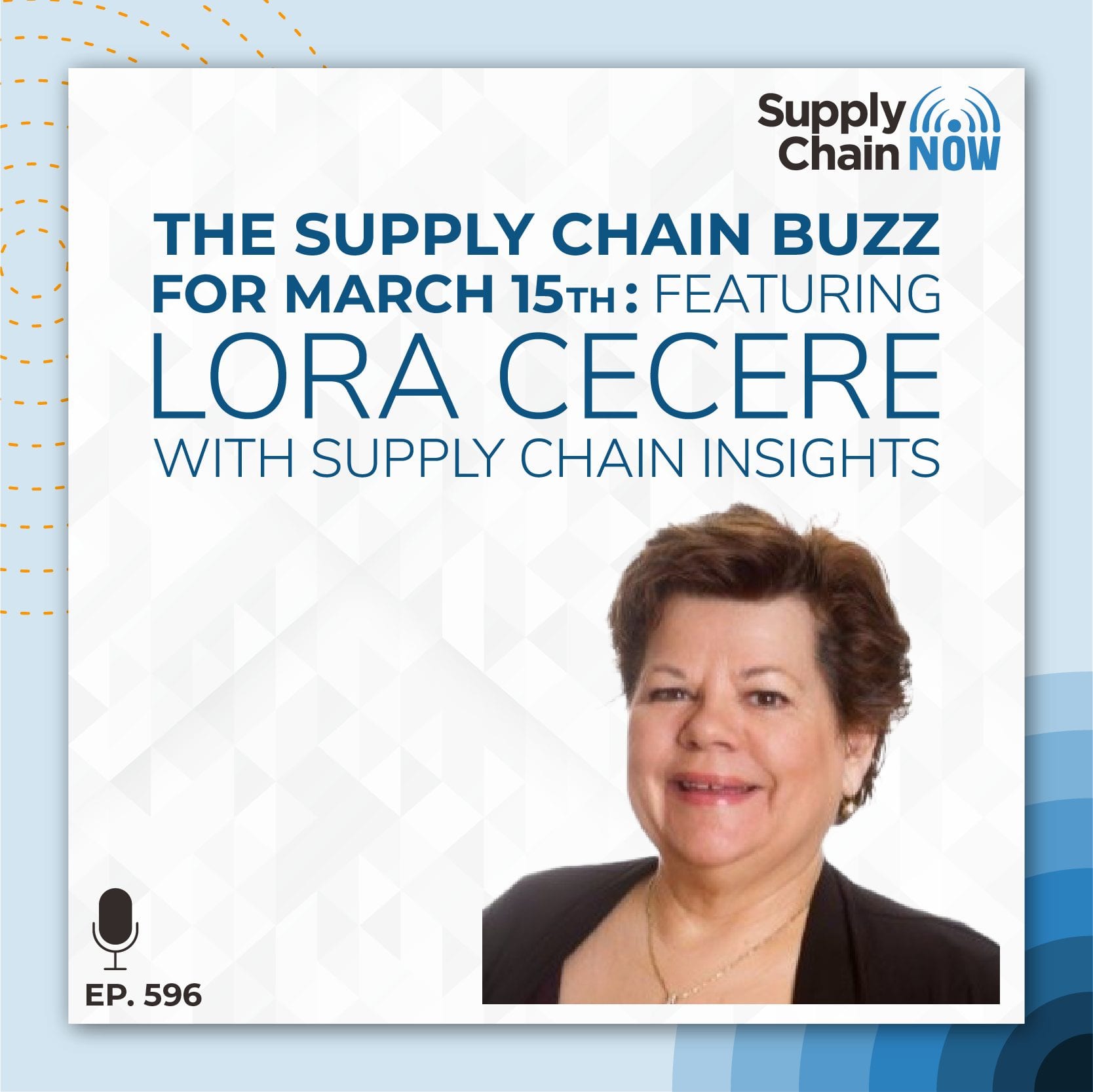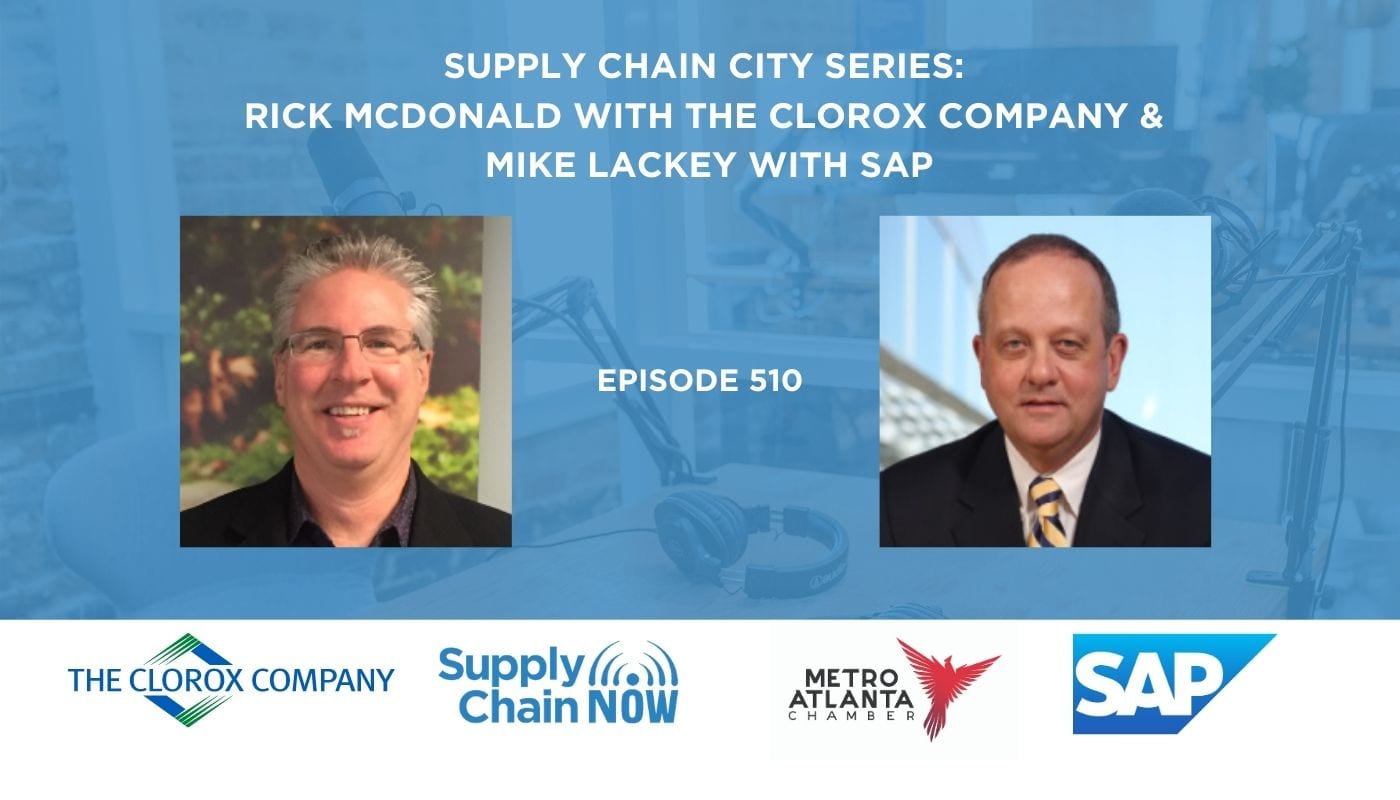
Episode Summary
“Companies are starting to move and take action and rethink themselves post COVID-19.”
– Mike Lackey, Global VP of Solution Management at SAP
Even though many states and cities are facing a surge in new COVID-19 cases, companies have learned from the challenges of the spring and summer and are ready. Whether they are CPG manufacturers, in food production, or provide technology, they are going into the second wave armed and ready. They have reconsidered how they do things – including keeping their employees and customers safe – and they are ready to take action.
Rick McDonald is the Vice President of Global Supply Chain Operations for The Clorox Company and Mike Lackey is SAP’s Global VP of Solution Management. They have each had a different experience from the pandemic, Rick as he tries to keep both consumer and commercial production up to meet demand and Mike as he has worked with different manufacturers to overcome their production challenges.
In this conversation, Rick and Mike tell Supply Chain Now Co-host Ben Harris and Scott Luton:
· The importance of having the right mindset when approaching challenges and change, regardless of whether the solution ultimately comes from technology, processes, or third parties
· How the experience of the pandemic shutdowns has led to a deliberate acceleration of digital transformation across industries
· What it is like to eat a King’s Hawaiian roll fresh and warm from the production line (Hint: it is as amazing as you imagine…)
Episode Transcript
Intro/Outro (00:05):
It’s time for supply chain. Now broadcasting live from the supply chain capital of the country. Atlanta, Georgia heard around the world. Supply chain. Now spotlights the best in all things. Supply chain, the people, the technologies, the best practices and the critical issues of the day. And now here are your hosts.
Scott Luton (00:28):
Hey, good afternoon, Scott Luton here with you along with my special cohost Ben Harris. Welcome to today’s episode of supply chain. Now, then we’ve got a great episode teed up. We’re continuing our supply chains, chain the series here, own supply chain. Now PowerBar friends, SAP. Are you strapped in ready to go? I’m ready to go. It’s going to be another great episode. We have Mike back this week, obviously, and having Rick from Clorox. I think I could not be happier about our guests today. I’m with you and the repeat guests. We love our repeat guests here. So you know, this supply chain city series of course focuses on best practices and leaders and companies innovations across the supply chain, city, Metro Atlanta. However, no matter where you are, you’re going to learn best practices, insights, you name it, key takeaways. That’ll help increase your supply chain AKI.
Scott Luton (01:16):
So stay tuned for a great conversation here today, before we get started quick programming, if you enjoy today’s conversation, be sure to find us and subscribe. So you don’t miss a single conversation. So Ben with no further ado, you’ve already let the cat out of the bag. Let’s let’s let’s say hello to our official featured guests here today. Uh, Rick McDonald, vice president global operations with the Clorox company, Rick, how you doing? I’m doing great. Great to be here again. And thanks for having me back, Scott. Absolutely always a pleasure. Having written McDonald with us, looking forward to the latest installment and Mike Lackey, global vice president of solution management, digital manufacturing with SAP, Mike, how you doing and doing great Scott. It’s great to be here. And it’s always a pleasure when you have a partner like Rick here as well. So, uh, look forward to it and, and Ben has got going on for us here locally.
Scott Luton (02:04):
So this is terrific. Ben Mike is shooting up the charts in terms of number of appearances here at supply chain. Now we love this is hopefully hopefully by design. I think that’s a good thing. So yeah, that’s, that’s good news had a lot of good feedback on these earlier episodes and we’re really appreciative of our continued partnership with SAP in the Metro Atlanta chamber. Ben, we should just remind everybody. Of course you serve as director of supply chain bio-science and manufacturing with the Metro Atlanta chamber. So great to have your continued partnership as well. We’re going to start right there. So now we’ve kind of introduced everybody. We’re all dialed in for a great conversation, but Ben give us a couple of, uh, updates from the supply chain city news desk. Let’s try to keep it to, to what’s going on in supply chain city specifically. So we just had a new investment actually in Henry County. Uh, just, just South is kind of the South Metro area, a lot of distribution down that area. And of course kins kins foods, if you’ve ever had any
Ben Harris (03:00):
Sauces, dressings and oils and things of that nature Ken’s has met over 500 different skews that they make in that category. And they just had a recent expansion of their manufacturing and distribution facility down there. They have actually with the other number of 500, they have over 500 employees actually at that facility as well. They’re actually growing to 570 employees with this site expansion. So really exciting over 34, excuse me, 340,000 square foot expansion down there. So it could be happier for a nice brand name CPG company with a great expansion here in the Metro area.
Scott Luton (03:38):
Love that love their salad dresses in particular, we, our family has been eating their salad dressings for a number of years. That’s really cool to have that local connection. What else you got Ben?
Ben Harris (03:48):
And one other thing we’ve actually starting a new employer, uh, workforce forms. It’s actually a joint, uh, workforce forums between actual employers within the Metro Atlanta region. And uh, also some of the, the stakeholders themselves who were interested in those jobs. So think about what’s going on with the pandemic obviously, and lots of people out of work and in many cases, but logistics and supply chain, as I has actually had a lot of employment gain from a lot of that. So we’re going to just, you’re going to have this industry forum to talk through. We’re going to have five or six different employers who are going to talk through their needs, what they’re looking for from the employer perspective. And then some of the folks who are job searching up there, uh, to be on the, uh, the panel as well, to talk through, you know, kind of what they’re looking for and how we can kind of get some alignment there. So, Rick, I probably need to send that to you here soon enough. Maybe you, you could, uh, join that conversation as well. Probably a good opportunity. And in Mike, even in, for SAP in Atlanta, that might be a nice opportunity as well. So that’s, that’s coming up actually next week and I’m going to post a actually afterwards we can do some of our, uh, our listeners. We can send that link to them if that’s okay, Scott. Yeah,
Scott Luton (04:52):
That’d be great. Uh, I think you’ve got one other announcement with local ties and then we’re going to get a quick update from Mike. Who’s been out in the trenches. So Ben, what other little, little surprise you got for us?
Ben Harris (05:03):
Yeah, so Coupa software actually just acquired our friends at Llamasoft as many of you know, Llamasoft has been, gosh, they’ve been doing some of the, the network analysis and inventory management stuff for a long time, but yeah, they’re probably best known for inventory management and that really net network analysis piece in there yet they were just acquired publicly traded company, Coupa software, pretty big acquisition. So, I mean, I think it continues that trend here in the Metro area of a lot of these, these companies are looking for additional solutions and a company like Cooper. Who’s really more in kind of the FinTech space. I think it’s interesting. They’re looking more in supply chain and in that space. And can we try to kind of marry their systems together for more of the end-to-end digital solution, which, you know, we talk about supply chain saying that’s really what it is as we move from more of a distribution based society here to that more of a, uh, a digital society. So very, very exciting opportunity them,
Mike Lackey (05:58):
You know, there was a very interesting acquisition. I get this competitive intelligence reports, anytime, something like that happens. It was a pretty interesting write-up I did not realize all along the soft was so, you know, I had a big presence here in Atlanta, but that’s terrific. And, uh, you know, you’re going to see this consolidation continues to happen and it’s going to be some interesting, you know, why did they come together? And what comes out in the next one to two years is going to be pretty impressive for, you know, for the industry side, I’d say it’s, uh, that was interesting. One
Scott Luton (06:25):
Good point. Yep. And that planning space is hot. Everybody’s looking at is invest in how to look around corners and then the next corner as best we can. So really neat news there. And Mike, one final thing before we dive more into, uh, kinda refreshing our audiences, uh, understanding of y’all’s background, you had a, a really neat tour opportunity here lately, right.
Mike Lackey (06:47):
You know, being, being shut down with the COVID-19 and not flying so much, uh, you know, I think Delta misses me. I spent more time with Delta and I was at home, but yeah, I got the pleasure and the opportunity to sit down with King’s Hawaiian. I don’t, you know, most people know them. Uh, the dinner roll manufacturer, um, is expanding out to talk about where they’re going in the future and their largest plant is up in flowery branch, Georgia. I was totally impressed with that facility, how large it was, how efficient it was, 75% of their manufacturing in North America is done here in Atlanta. And that was pretty impressive. And the other impressive thing, you know, I thought the greatest thing I’d ever tasted was back when I used to go down to possibly onto that, that crispy cream and get that doughnut right off the conveyor belt.
Mike Lackey (07:35):
I got to tell you getting their rolls right out of the oven. It ranked right up there, but impressive facility. I’m just, I mean, I would tell you of all the facilities I’ve been around the world. It was probably one of the top 10. It was phenomenal how efficient it was, what they’re trying to do their vision. Uh, and we had a really good conversation and how we can help them in the supply chain, in manufacturing achieve where they’re going in the future. So yeah, it was a, it was great to get, you know, put on the start shirt and find a jacket he’s still fit. So I was pretty pleased with that. So that was good.
Scott Luton (08:05):
Well, you know, we’ll have to have him on feature show and, and one quick follow-up to that 85 corridor, uh, North, East of town, really. I mean, from a manufacturing standpoint, of course Rogies has been up there. I think yamas guy playing up there and then all the distribution facilities up there, it’s really grown. They’ve done a nice job, uh, encouraging development and providing opportunities for folks. So really neat. I love, Hey, we all have our plant tours and we look forward to getting back into facilities soon enough. So Rick, as we kind of segue, we want to, since we’re fortunate to have both you and Mike, and of course Ben with us on numerous shows. So folks kind of, they probably are to remember you and, and some of your journey and some of your thought leadership, but let’s refresh our memory real quick. So Rick, tell us a little about yourself. Yeah, sure. So I, I, uh, I grew up in Atlanta, mostly Atlanta went to Georgia tech, played a little bit of baseball there. What I’m going to say next, we’ll tell you about the, uh, sort of the extent
Rick McDonald (08:56):
Of my baseball career there. The highlight was being an extra in a Burt Reynolds movie called Sharky’s machine, but in all seriousness, it was a lot of fun playing with the guys and the ACC baseball as a it’s pretty special. When I graduated from tech and went to, uh, went to work for Frito-Lay. I spent 10 years at Frito and five different manufacturing plants across the Midwest and the Northeast. And then I came to Clorox and it’ll be 29 years in January, which I couldn’t have imagined at the time I started with a company, but I’ve had, I had a bunch of interesting assignments. I get to work with a great group of people and, uh, really proud of what we do as a, as an organization.
Scott Luton (09:32):
Wow. Well, congrats on your, you know, your pending 29th and looking forward to making it a whole 30 here, uh, right around the corner. And thanks again for joining us. All right. So Mike, we re we really enjoyed your stories of growing up, just own up the Peachtree industrial corridor, if I’m, if I can remember correctly. So tell us about yourself.
Mike Lackey (09:51):
Yeah, just right outside of Marksville, Georgia out here, um, grew up on the farm, got the pleasure of, uh, you know, the tending that North Avenue trade school that, that Rick mentioned here, um, you know, fomented finance engineering schools in the, in the country and being able to have a career know, went from there straight into manufacturing, the high tech, and then from, you know, high tech manufacturing on a global basis to, uh, providing software that what we used to do with, you know, time studies and spreadsheets. And, and so, uh, I’ve been very fortunate that in SAP now about 15 years came from a local acquisition here in Atlanta. One of those startups, then we were talking about that came out of Atlanta and, and made it successful. And Rick I’m betting, if you went to Frito lay right out of Georgia tech, you’re an industrial engineer as well.
Rick McDonald (10:34):
Yeah. Uh, industrial management degree, but I got to practice, uh, took a lot of industrial engineering electives, got to practice that a lot. Yeah.
Mike Lackey (10:40):
When I was at tech, you know, by the way, before right there was Frito-Lay was hiring everybody. They picked top of the class every time. So yeah,
Scott Luton (10:47):
I was kicking myself. I got one quick followup for you. So the last time you were with us, I asked you a really dumb question, asked you what your least favorite tour on the farm was. And I want to flip that and, and growing up on the farm, what was your, your favorite things about, about growing up on a farm,
Mike Lackey (11:02):
The space, you know, it’s not like a, you know, you, you had to be, you had to be use your imagination, right? It wasn’t do you want to go play with someone? It was, at least if you’re walking, it’s a, you know, 30 minute walk to the next place or that, and then, you know, luckily bicycles and motorcycles came around and you could get there. So, you know, it helped you use your imagination more than sitting in front of this little screen that we see today. So I just think the space we had and, um, you know, the, just the amount of animals and the, you know, the birth of life was kind of pretty cool. You know, you have to see a lot of things that kind of realize how big this world is and how small we are. So it seems kind of cool, but this space was the biggest thing. I probably missed the most
Scott Luton (11:43):
Love that love that. Um, we, we, I grew up in the woods building forks and the whole nine yards, and I really wish my kids could take advantage of those same things, but, uh, good stuff there. All right. So Ben, we’re going to keep driving and before you take a deeper dive into the Clorox company and, um, learn more about what Rick and the organization has been experienced in here, 2020, I got one more quick follow up question for both Rick and Mike and Rick, we’ll start with you here and in the lockdown era and the quarantine era and the historically challenging year that 2020 has been for. So for all of us, what’s been one habit or a new hobby that you’ve picked up that you’ve really enjoyed,
Rick McDonald (12:21):
Uh, working from home. I haven’t worn long pants in a long time. That’s not be true for a lot of us. Actually, one of the things I did was I bought a, a, about a raised bed garden. And, uh, I planted a whole bunch of herbs, legal ones. And, uh, I’ve been harvesting those through the summer and creating my own little spice mix. So, and that’s, that’s been a fun, a fun distraction,
Scott Luton (12:42):
Love that. All right. So Mike, same question, what’s a habit or hobby you picked up here this year
Mike Lackey (12:47):
Being it, you know, it was, my wife told me in 32 years of marriage, I’ve been home to LA more the last seven months. And I have in those 32 years, you know, I got back into woodworking. I started, um, you know, we’d probably have part of our house is unfinished. I started building my wife, my wife calls it, the wall that goes nowhere. But, you know, putting a tongue and groove wall in and just working with woods, something that was just, it’s like, matter of fact, you might, you work with your hands. And when you get through, you actually produce something that you could see it and admire. So yeah, I keep building these walls. They don’t really go anywhere, but they’re kind of therapeutic and it’s been fun. I’ve enjoyed that.
Scott Luton (13:21):
Love that. And that, that’s the word that came to my mind. Right. When both of y’all were sharing that therapeutic, that kind of your alone time where you’re, you’re producing and it’s got your attention and you can take it off all the emails and phone calls and conference calls, so good stuff there. All right. So Ben, we’re going to keep moving. Uh, and then we’re gonna dive into Clorox now, right? Yeah.
Rick McDonald (13:39):
Yes, yes we are. So Rick, tell us about you just kind of Clorox as a company and then kind of how does harass the company, you know, what does the footprint kind of look like here in Metro Atlanta as well? Yeah, for sure. So, uh, we’re 8,800 people strong, uh, we’re based in Oakland, California, and, uh, we’re 107 year old branded consumer packaged goods company, uh, about 7 billion in annual sales. And we sell our products in over a hundred countries and we have Clorox people working in 23 different countries globally, you know, in the, in the Atlanta area, we’ve got about a thousand supply chain professionals. Um, we’ve got a huge group in the Alpharetta area, another big group in Kennesaw, a couple of manufacturing plants in, uh, in South Atlanta. And, uh, so we are, well-represented here in the Metro Atlanta area. And what about as far as your role specifically? Uh, I know you’re obviously a STP of global operations, but, um, you know, what, what does that mean, I guess, for a Clorox? So I, I’ve got 8,800 people, about 5,000 of them are in my shop. We’re responsible for manufacturing, logistics, planning, engineering, quality assurance, continuous improvement, just almost everything in the supply chain for sourcing and, and project management. And, uh, just got a great team that, uh, they get to work with every day.
Ben Harris (14:56):
I know we’ll talk about that team here in just a bit, but as far as the what, 2020, you know, Scott mentioned it previously, but it’s, it’s been, it’s been tough on a lot of different businesses. It’s been good. I think for, for Clorox is business, but just keeping up with demand, I know has been tough as we talked about on the, on one of our previous episodes, but building on, you know, kind of what we talked about last episode, what is, what is 2020 Ben like, you know, for the corks
Rick McDonald (15:22):
It’s, uh, it’s been an incredible nine months of, uh, unprecedented demand and, uh, you know, I’ll just, I’ll quickly recap some things I said in may, uh, you know, we actually got a little bit of a head start on building inventory. We sense that this was going to be an issue. And we started building inventory, adding shifts, hiring people, going outside and finding external manufacturing line time that we could buy. We did a as much of that as we could. Uh, we wanted to create all the capacity we could to, to, to really produce more disinfecting products. And, and so it’s, it’s been a, it’s been an incredible challenge, but also an honor, to know that our products are helping to keep families safe, keep individuals safe, healthcare facilities, doctor’s offices are just infecting. Suite of products are really pretty remarkable. Uh, you know, our volume has been up as much as like 500% on some items versus normal.
Rick McDonald (16:14):
And, uh, you know, what we thought might abate in the summer months, or maybe even coming into the fall, it just hasn’t the other volumes continued. And you know, of all the challenges you can have as a business, this is what we’re grateful to have, you know, at the same point in time, I’d want everybody to know that we’re doing everything we can to make as much product as we possibly can across all of our businesses, because it’s not just the disinfecting suite of products that has realized that the demand signal, um, are hidden Valley ranch, line of salad, dressings, glad trash bags, bro. The water filters, Kingsford charcoal, we posted in this last quarter, increased volume levels in eight of the 10 business segments. And, uh, so it’s, it’s all of them that are experiencing this. Run-up in demand. As people spend more time at home and are using our products as a, as part of that
Ben Harris (17:01):
And spending, I forget how many different products that Clorox has cause you think about Gabe Clorox itself, you know, CPG company, but just from a consumer goods standpoint, I mean, there’s so much else that you guys do. What, what does the mix look like for you guys with, you know, retail versus wholesale, you know, as an, how has that changed really with the, for 2020,
Rick McDonald (17:22):
We’re mostly a retail business, but certainly our, a professional products business has, has been extraordinarily strong as well. You know, the devices and the juice that powers those devices has been a real key to large disinfecting initiatives that, uh, that companies are using in their, uh, in their environments. Um, but we’re mostly, uh, mostly a retail business and, and that’s just continue to be stronger and stronger as a, as, as consumers are seeking out our products. You know, we are quick fact for the group to know is that we’re making about a, a million canisters of Clorox disinfecting wipes a day. And you know, you think about that, but also think about the fact that in the first six months of the year, we made a hundred million more units of disinfecting products and we made in a year ago, timeframe don’t think about it in the Clorox context, think about it in the overall supply chain context, our suppliers, our supplier suppliers, our logistics providers, all of them had to pivot with us and be incredibly adaptable and flexible at a time when really nobody knew what was going on or how long it was going to continue.
Rick McDonald (18:25):
And, uh, we’re just grateful to have such tremendous supply chain partners up and down our supply chain that could go with us as these unprecedented levels of volume, uh, came came about.
Ben Harris (18:36):
Yeah. And you mentioned the partners, I mean, and of course those partners are people basically. So you mentioned back in may about your staff and you were, um, had nothing but wonderful things to say about how they’ve pivoted, obviously during this pandemic, any recent anecdotes or anything you can share with us around, you know, some amazing stories there, you know, kind of how your staff has adapted to this tough challenge.
Rick McDonald (18:58):
You know, I, um, you know, Ben, I would say really a continuation of our, of our story. Um, you know, our 80, a hundred strong, about 4,000 of them work in our manufacturing plants. They’re, they’re really our heroes. Uh, they they’ve been showing up to work, uh, every day, all day for, uh, for literally months producing record levels of volume to, to try and support what, what, what consumers and families and healthcare facilities need. And, uh, I was just down in our Atlanta West side, Atlanta main, uh, facilities last week, walking around thanking folks for what they would do and, and, and having to look at the operations. And I can tell you, there’s just a lot of pride in individuals who work in those facilities and the rest of our facilities about the type of work they get to do, and the products they’re making an impact they’re having on the health and safety of, of lives of people around the world.
Scott Luton (19:49):
I love that. That’s been one of the silver linings that I know we’ve all we’ve talked about. We can’t talk enough about it, whether truck drivers or, or production associates or folks that are in our factories, in our DCS, in our fulfillment centers, right. Keeping the whole world moving forward. And now it seems like there’s a, there’s a greater awareness of that. And there’s a greater appreciation of that. And that is certainly something I hope sticks around for a long time. So Rick, as, as a leader, I really appreciate your, your passion around that. And Mike and Ben, last time Rick was with us. He shared a few links where their employees were a team members were interviewed by NBC and NPR and a few others. And you could collect how they had, uh, the, the team members had a new, uh, sense of pride about this noble mission that they’re on. And that is, that’s a beautiful story. So Rick really appreciate you sharing. Thanks, Scott, let’s switch gears to Mike. One of the things we really enjoyed you on these episodes, you have all these conversations with business leaders, and while you may not be in as many plants, as you typically are, like you alluded to earlier, still, you’re seeing a wide variety of business models, you name it. You know, what’s been a few of your latest experiences and some anecdotes, uh, Storytime with Mike Lackey. What are some things that you can share with us?
Mike Lackey (21:07):
Um, my daughter asked me again, they wouldn’t dad, what do you do? And I said, well, I tell stories. That’s kind of what I seem to be doing the most. [inaudible]. I mean, the Clorox story and their impact on this pandemic is terrific. And for, for a company of the size of Clorox and to get the supply chain to turn that quickly and to have the foresight, it’s pretty phenomenal. Rick, I can tell you this, my house has never looked as good with the Clorox outdoor cleaner I’ve used. So I can tell you that I’m one of the reasons you got that spot.
Mike Lackey (21:39):
My wife’s pointing out things I didn’t know needed to be cleaned and Clorox outdoor cleaner does. So, you know, it’s, it’s funny, it’s it’s, um, you know, Rick has a very positive story and not everybody was in the category where COVID-19 has had a positive impact. You know, this week I was talking with the community, they just have to be in Europe and you don’t, you know, you’re just getting ready to do another shutdown for COVID-19. And these guys make 171 million units of cleaning and how, you know, home care products that their supply chain was not as nimble. And so what they really had to do is across their global operations is they had to integrate their production lines, get better planning and really get full transparency of what their capabilities was in, know what they were, what could they actually do. And it went from not capacity, but more to agility into the plants.
Mike Lackey (22:31):
They looked at more, you know, mixed mode production, you know, listened to Rick. Rick, talk about, I got charcoal over here and, you know, making disinfecting wipes over here, you know, if one business is down, how can I move that production? Is there common process that we may not think of that are there? So there’s been one of their, their struggles now in this that we we’ve been able to work with them. And they had a focus on that digital transformation and they’ve increased, increased production by 18% production efficiency and performance. They can get 18% more out of their critical factories that they could back seven months ago. And that’s really focusing on, you know, tying the production lines in production, into the supply chain and into the planning, you know, getting a head start on, on planning. So, you know, we’re starting to see more and more of that.
Mike Lackey (23:24):
Uh, the other interesting thing is the farmer industry, you know, a lot of that got outsourced and is coming back and we’re having a lot of conversations about, you know, the factory staying FDA CFR 21 part 11 compliant, you know, repeatable processes. So they can be FDA certified. Um, you know, how quickly we get those plants, that certification up and going and what the supply chain is going to look like. But, you know, w what we talked about last time, it wasn’t getting the workers back in the factory safe. We all found a way to, it was, I didn’t have, I didn’t have material. I didn’t have components to run the factories. And that’s why that impact on supply chain impact supply chains have had, has been terrific. So, um, and that’s the big thing we’re still talking with. Companies are starting to move and take action and, and re rethink themselves post COVID-19.
Scott Luton (24:20):
And you mentioned safety and the facilities seen a resurgence of interest there, and that’s a wonderful, hopefully that, that sticks around for a long time as well. So going back to pharma, I was reading in the wall street journal a few months ago, you were talking about legit pharma. Uh, Mike, it’s interesting. This article talked about how the elicit pharmaceutical supply chains were being disrupted because of they weren’t getting their supplies from, from overseas. So that might be a, another great silver lining to what we’ve been experiencing here.
Mike Lackey (24:49):
Know it’s got, it’s funny. What I learned is cubbies are telling me this, this pandemics done one thing. We know what we do really well, and we know what we do really bad was about are you focused what we should be on it. And let’s look at in the market, if we start flushing out some of these illegitimate, uh, drugs and stuff, and start flushing that out and, and getting back to what is healthy for the environment, for the environment, for the customers and our people, we’re going to be better off for it. So there is a silver lining in a lot of ways. It’s just a, we just got to get back and get back to normal, some state of the new normal, right? So they agreed all plants are starting to run. Again. I love the story of being gay 550 new jobs that are coming here to Atlanta. That’s just terrific. That’s what it’s great to be here in Atlanta. And the South is just driving more and more, you know, innovation and jobs here,
Scott Luton (25:38):
And that innovation that you, you know, in a really true sense. I mean, that’s, uh, certainly if you look over the last, over this year and, and going back to in the last year, you know, companies knowing, and finally identifying these challenges, these new challenges, new twists on old challenges, and just finding a way to accomplish it and get the right product, right price on time to, to their consumers and, and so much that innovation is gonna make the industry better. And of course, we’ve also heard I’ve seen various reports of there being all of this together and, and how supply chain has been front and center in media and news stories. Our politicians are saying the word supply chain, the phrase supply chain, and it’s elevating the career and the professions. And those are also good news. So if you look hard enough, despite all the challenge and, and a lot of the bad news out there, there’s a lot still
Mike Lackey (26:28):
Good news. So, Scott, I think you need to do a session on supply chain one Oh one for politics, politicians, they’re using a word. They, you know, they need to really understand the impact that they could have. And that’s a, you know, I think Rick can do a very good job of teaching after guys, but a big word, but, uh, yeah, the impact it has. Um, so many aspects I agreed our everyday life is incredible. So it might,
Scott Luton (26:52):
Rick will make a wonderful, wonderful instructor. Now, whether he knows
Mike Lackey (26:56):
To do that, it’s a whole different ball game maybe, but I agree with you
Scott Luton (27:01):
Regardless, the first step is that awareness. And if we can continue educating beyond that, we’ll be in a better spot. So Ben, I’ll get you back involved. We’re touching a lot of the different things. They were about to dive into industry 4.0 and get some of Mike’s predictions, maybe of what we’re going to see, but based on whether it’s good news or innovation or some of the challenges the industry’s seen Ben, what, what comes to your mind as far as what’s
Ben Harris (27:23):
Coming up for next year or kind of what’s the,
Scott Luton (27:26):
So what Mike and Rick have shared is I think a lot of it is in big rating for folks that love and are passionate about the supply chain profession. And I know you are, but what what’s one thing they’ve shared or, or if you want to break out your crystal ball first, that’s perfectly fine. Lots of options here, Ben.
Ben Harris (27:42):
Oh gosh, that’s tough. I mean, we talked about digital twin. I think last time Mike, we talked about some of the stuff around, you know, uh, industry 4.0, and that was, that was one that I thought was, had a lot of tension for future investment, whether you’re, uh, you know, you’re Georgia Pacific and you’re looking at, you know, forestry and, you know, harvesting models and things of that nature. I mean, that’s huge business for them to be able to model that, you know, going forward. But I would say more than anything, you know, really just the pandemic itself and how companies are having to completely rethink, you know, what we can do, you know, as organizations, I’ll give you one example, Scott, the, um, the GHC three of the global health crisis coordination center, which we set up here in Atlanta, uh, to, to handle just that crisis coordination because of what was going on with COVID, they’d come up with a, uh, an actual algorithm that will be used worldwide.
Ben Harris (28:36):
This is based in Atlanta and it be used worldwide on how they’re going to distribute vaccines to the most efficient, effective models and to the people that need them most. And that’s coming out of Atlanta right here. So really, really exciting that, you know, that this pandemic, even through this, that we’re seeing that type of innovation throughout that. So I think the, the modeling aspect, uh, that we’re, we’re going to see, and then of course the advanced analytics and algorithms, I think it’s just amazing what, what we’ve been able to do and how companies have pivoted using that technology
Scott Luton (29:07):
Call out because global supply chains moment is here. We’ve got this, we talked about noble mission earlier with the great team at Clorox and how they’ve been able to fight through and produce more to make us all safer and cleaner. You name it. But now we’ve got to come together as a, as a global profession and make sure everyone no matter where you are, have, have access to a vaccine that, that you know is a huge challenge. So that’s going to be a good story. We’re going to, we’re going to, if anyone can figure it out, put it in a headlock, figure out it is the global supply chain professionals. Right? Let’s talk about 2021. I know we’re all ready to flip the calendar for sure. So my industry 4.0 automation, digital transformation, digital twin has been put at all of these hot topics. You know, give us a couple of observations and maybe even predictions. If you’re, if you’re game for coming,
Mike Lackey (29:53):
I think you’re going to see put the foot on the pedal right now. If he can see acceleration of digital, this digital transformation companies are trying to decide what they’re going to be like, and what’s it going to be in the future? And you know, for seven months of this eight months, they’re starting to figure out what the future’s going to look like. You know, it’s not about being competitive. It’s really been about being about survival, right? And we don’t know when this thing’s going to end, but you’re putting the time out there and what am I, what is my company going to look like? Am I going to be manufacturing the same thing on the same business today? They’re all looking at expanding out, but this transformation has to happen in manufacturing and operations is going to have to happen in the supply chain.
Mike Lackey (30:34):
We cannot be single thread in a supply chain. We found out the hard way ply chains are gonna come closer to the factories so that I’ve got that, that, that supply line. You know what I think I’m just gonna take a button. Everything’s going to be like Clorox. Right. You know, I got my supply chain, you know, I got it primed. I got it. Ready to go. And it’s delivering, I’m delivering on those commitments. So I think what you’re really going to see is this acceleration of innovation. Well, my cousins asked me for this, Mike, I need three to five years of innovation in the next 18 months. I need, you know, I can’t wait five years to roll out 40 plants. I need them done in 18 months. And so, you know, you don’t see the vantage, the advancement of cloud computing and, you know, an edge computing to make that happen.
Mike Lackey (31:17):
And you know, we’re going to see more and more beyond the digital twin to that digital thread is monitoring, you know, representation of how it’s designed, how it was manufactured, how was delivered, how was maintained in the field that lifecycle, this is going to be fed back into companies is going to make them innovation is going to start accelerating at a level we haven’t seen in the past either. So, you know, coming out this end, as soon as we can put a date on this, I think the level of innovation from all aspects, not just manufacturing, supply chain, but what companies are going to deliver products as a service and things like that. Or you’re going to see some it’s going to accelerate right now.
Scott Luton (31:57):
I love that Mike and I love going back what you shared there kind of tongue in cheek. We all want to be like the Clorox company when we get older, when we grow up and Rick that’s gotta be pretty inspiring. There might be who knows. There might be some underoos with Clorox out there for our young ones to buy.
Rick McDonald (32:12):
Well, I, yeah, I appreciate those kinds of words, Mike. It, uh, you know, it’s, it’s been an amazing, um, amazing year. And, uh, you know, we, our hearts go out to everybody who has really suffered from this pandemic. We’re, we’re proud to be part of what stops the spread of infection and keeps people healthy. And, and we just, we recognize it’s just an incredible responsibility.
Scott Luton (32:32):
Well, put, I want to ask you a question, Mike, and then we hear so much, well, I’ll call it digital transformation evangelism. That’s a good thing, right? There’s a lot of really smart people out that are helped, you know, like you’re sharing, help companies moving ahead. And, but my hunch is you see some companies maybe with some common themes with some of the missteps that might be taking place when it comes to digital transformation. So if you had to point to one thing that maybe a lot of companies are taking the wrong step and you’re seeing it time and time again, what would come to mind?
Mike Lackey (33:02):
The biggest mistake, I see companies start with a technology strategy and not a business stretch. I mean, you know, two years ago I get, I wanted to shoot for Dido. I said, great, what business problem are you trying to solve? They couldn’t tell me that they wanted. And if you applied technology for the sake of applying technology, your business problems are going to be magnified. So you start with a business strategy and, you know, for Rick and I have manufacturing strategy, and then you apply technology to it too many times, companies are starting with a technology strategy and trying to, you know, mold the business or the manufacturing strategy into it. And that’s, that’s the biggest state. You got to start with your business, the business problem, and let’s apply technology to solve real problems. And we think that’s simple here. Cause we talk about it a lot, but a lot of mistakes out there because they’re starting with technology, not the distance.
Rick McDonald (33:51):
Yeah. Mike, I, I really, I really agree with that. That’s, that’s a really well said phrase there around starting with technology first, the, the way that we talk about it is mindset, skillset, tool set. And what you find is most everybody wants to run straight to the tool set without necessarily stepping back and saying, okay, what is my strategy in this space? What are the problems I’m trying to solve? And do I have the right leadership mindset? Because let’s face it, we’ve got five generations in the workforce. We don’t all think about technology the same. If I’ve got that right, do I have the skillset? And so what do I have to do to upscale and rescale? The folks that the crew that I have already to be able to, to handle the new technology and the new integration of, of digital tools. And then you can start thinking about the tool set. Now, you don’t have a lot of time to necessarily do those things sequentially, but if you start with a tool set, I just, I feel like you’re not going to get it right from the, from the jump. And it’s really gotta be strategy led and then flowing all the way through the tools.
Scott Luton (34:50):
A healthy dose of practicality is what I’m hearing there. And instead of just wanting to get the latest technology and figuring out how to apply it later, figuring out those business challenges and the appropriate technology and the appropriate way to implement it, uh, with the shortest, shortest learning curve possible to your point, Mike, because we’ve got accelerate, I love what you said there about, you know, companies and leadership and organizations. They don’t, we don’t have time for the six year or 16 year projects that seemed like have been taking place for years. All right. So Ben and Mike, I’m gonna circle back around to you all. We’re going to, we’re going to take the conversation even broader because there’s no shortage of topics. We’re all tracking in a year like 20, 20, and Rick, and we’ll start with you. So when you, when you are surveying global supply chain global business, that we’re all kind of speaking to what’s, what’s one trend or challenge or topic that maybe we haven’t talked about yet that you’re tracking more than that.
Rick McDonald (35:44):
Yeah, that’s a terrific question. Um, you know, one of the, one of the things that I think we all face is just this compression of time and anything in our supply chains that leads to touches manual activity, data latency, inability to get to insights faster is going to slow us down. And, and the one thing that I’m tracking in service of the compression of time is just the rapid advancement of omni-channel retailing behaviors, uh, the advancement of e-commerce retail platforms and capabilities and how critical it is for my supply chain and all of our supply chains to be able to run at the speed of business. You know, it’s, it’s my feeling that advancements in omni-channel in the e-commerce space have accelerated over this last six, seven month period. We may have had five years worth of activity in that space happened in the last six or seven months. And so this is really going to be a thing that, uh, that we’re keenly interested in and, and tracking closely to make sure that we’re keeping up and that we can run at the speed of business.
Scott Luton (36:42):
Love that. And Mike, my hunch is he loved that too, because he’s embodying your accelerant commentary.
Mike Lackey (36:49):
Yeah. You know, Omni channels. I mean, how you sell today? I was talking to a retailer, right. They make probably the most brand major brands of, of athletic shoes. And they said, well, look, we have a hundred of our own retail stores at the beginning of 2020. We’ll be down to maybe 10 by the end of 2020. So that’s changing. But one of the biggest things, how we can accelerate, the one thing that I’m really tracking is the cloud. Okay. We’re all, you know, you gotta have your iPhone, you back up your music and stuff. When manufacturing is, there’s three things that’s got to happen. Number one is performance. Okay. We can’t have seconds in the cloud. It has to be sub seconds at the tasks that equipment collected data, analyze it until that machine to go or no-go. And about 150 milliseconds. Okay. And half my customers, they were sitting here that I’ve taught.
Mike Lackey (37:40):
He says, Hey, Mike, I told you 50 milliseconds, not 150. You know, so they’re pushing that envelope. The second piece is 24 seven, always on. So we have to get down to the edge. We have to get to the plant with the ability to stay connected. And if we lose that connection to the cloud, um, you know that the plant still runs because if you don’t run the plant, you don’t ship, you don’t ship, you don’t deliver you the deliver, you don’t invoice, you don’t invoice, you can’t collect. So this is mission critical. And then the third part is security. And that’s what my customers are pushing me on our manufacturing solutions at SAP every day. And the cloud I can with the cloud, you can roll out 40 plants in that compressed time period versus the on-prem piece of it. But we still have to have the same performance as if everything’s set at the plant or in a data center.
Mike Lackey (38:32):
And I’d be honest with you and working with these hyperscalers like Azure and AWS, Amazon, those guys bring in another set of technology that we’re going to take advantage of and get down to that plant level onto that machine level and give you that type of capability. So, you know, performance, security, and always on those are the three things that are driving, what we’re pushing through the innovation you’re going to see coming out of us and in manufacturing in general, in the next, you know, the next really the next few months, my release is coming out here in November. So
Scott Luton (39:03):
I love it. I’m a big checklist nerd. My wife and I both are, and we’ve got performance 24, seven, always own and security there. And then Rick going back to something, I couldn’t quite grab my pen quick enough. You’re talking about mindset, skillset. And what was that third one tool set tool sets, flashy, flashy toys in the corner that everybody loves to run to. And, uh, it’s, it’s really, really tempting. We all do it. And we just have to take a step back. And as Mike said, start with strategy first, identify the fun we try to solve and then figure out the tools that will be most effective. Love that. What a, what a practical framework there. So appreciate. Y’all both Sharon. All right. Ben global business, global supply chain. What are you tracking?
Ben Harris (39:43):
I think Mike building on your point talking about the technology piece, you know, building on what we talked about with the cloud. I mean, I was, I guess I have a question for you. I was thinking about versionless software these days. You know, when we talk about upgrades, you know, on, on your side of the business, Mike, and from product development and you talk about, you’ve got a new version or a new release coming out, but from Rick’s standpoint as the consumer or the customer, uh, you know, using that technology, they’re, y’all moving more into the space where, you know, it’s really versionless than we’re Rick doesn’t really, he’s not going to see that upgrade per se or not feel that upgrade as much as he used to where it used to be. These big implementations you’d have, you know, for big software and so forth. And now it’s gone to more of a cloud type approach. It’s a little, a little more, you know, it’s not so tough. Like the old days is that, is that what you guys are trying to get to
Mike Lackey (40:36):
Then with the, the beauty of the cloud is you and get the innovation automatically. And with the on-prem software, we have one major release per year, maybe one or two service packs or the amount we have in the cloud. Every 90 days, we’re pushing new innovation out to our cloud customers. Every 90 days, you don’t have to download it. It is automatically pushed out to you. Now we’re notifying our customers and, you know, Rick would know what’s coming and you know, we’re not going to surprise them, but yeah, with the cloud, you, you know, you, you are able to push it out to everyone and not have to do the install and, and all that. Cause we’re doing a lot of the testing and, uh, on the, on the front end for us so that we can get it out to you. So yeah, the innovation you’re right, Ben, the innovation to the cloud is going to be made available more readily and really pushed out versus that, Hey, let me plan for it. That’s one of the other big advantages at the speed at which I can innovate for our customers and the other technology players as well,
Scott Luton (41:30):
Just that easy. And it might just that easy. Um, all right. So I’d love to just bolt on a couple more hours here. I love it. I love the practical expertise been we’re hearing from Mike and Rick been there, done that. That’s what really makes some of our best episodes, but you know, Ben, as we start to wrap, we’re going to make sure our audience can connect with everybody. I got to put you on the spot. What’s one really cool. I shared with me, it was these checklists, these frameworks that both Mike and Rick have shared, but what’s been one of your favorite elements today’s conversation.
Ben Harris (42:02):
Yeah. I would say what Rick did talked about before, you know, with the say Rick Sayer you’re you’re saying one more time about the toolbox or the tool tool set mindset. Yep. Mindset, skill set, tool set. Yeah. I would say that was the biggest takeaway. Was those, those three things and really aligning your business, uh, to that framework. And also to Mike’s point really around, you know, aligning towards business goals and, and, you know, everything will work itself out that you’ve you, but you’ve got to come up with the metrics and the things that you’re shooting for first. And then, you know, almost like you have to fall in love with the problem instead of the solution. So I think what Mike said was really helpful in that regard.
Scott Luton (42:42):
Um, and I’ve heard that before somewhere, you got to fall in love with the problem, not the solution, good stuff there have been. And you know, the neat thing was I love how you brought up. You know, we’re all, we all love our connections to the Metro Atlanta area, as much as we love global supply chain global business. And of course, with the CDC here in Metro Atlanta, you knew that we were going to play a big role in, in fighting this, this pandemic love that additional news share on the front end of how Atlanta is going to be very prominent, continued, maybe even, even, even enhanced position as we lead the fight globally through this pandemic and getting into that truly the post spent pandemic environment, landscape, they’re all, we’re all looking for.
Ben Harris (43:20):
That’s right. Fingers crossed. That’s right. We’ll get there
Scott Luton (43:25):
And we will. All right. So let’s make sure our audience can connect with everyone here today. And Rick, we’ll start with you. How can folks learn more about the Clorox company?
Ben Harris (43:32):
Right. So, uh, they can certainly go to our website and what they’ll find there is that we’re playing at a hundred percent on offense. Uh, we’ve gone from surviving to thriving and, uh, so they can check us out@wwwdotclorox.com. And then for me personally, uh, you can always connect with me on LinkedIn.
Scott Luton (43:50):
Thanks so much. And we’ll, we’ll make it easy. We’re after that one, click with the show notes, we’ll, we’ll post that there and really appreciate your time, Rick. All right, Mike, same, same question. How can folks connect with you?
Mike Lackey (44:00):
Well, first of all, you know, for SAP go to sap.com in this virtual world where we entered into, we’re putting a lot of self tutorials up on there of designed to operate from the way you design, the way you manage plan, manufacturer, logistics, warehouse, um, and manage assets. And for both discrete and in the process side, the design can consume. So there’s, there’s self guided tours of the factory of the future up there. So there’s a lot of cool things that we’re doing to help reach out, to help to our customer base, to help them see where we’re going. So I would encourage everyone to go to sap.com, find the products, take those tours. But for me, you know, I, every time I’ve been on here, the Sydney direct my not lack it in sap.com. I’d love to talk with you, you know, anything we can do to help you and return to us as goals is one of our customers and partners. Uh, it’s a win for the global world here. So that’s what we’re out there.
Scott Luton (44:56):
Well, Mike, and we sure do appreciate, uh, SAP’s continued support of the supply chain city series and all of your industry thought leadership really enjoyed lots of takeaways. I’ve got that proverbial 17 pages of notes from you and Rick here today. And that’s what makes us this journey we’re on so rewarding, but Ben, all the cool things you’re doing and all the, you know, we’re gonna have to start having you report from your journeys, uh, all the different conversations and, and businesses you’re exposed to. How can folks connect with you? Ben
Mike Lackey (45:24):
Just LinkedIn is probably the best one. Uh, you see a lot of Ben Harris is out there, but Benjamin J. Harris, hopefully we’ll, we’ll get you there with the Metro Atlanta chamber. Obviously you can find me on Twitter as well, but you haven’t, LinkedIn’s probably the best way. And then my email is B Harris and M a C O c.com. And that’s MSOC as in Metro Atlanta chamber of commerce,
Scott Luton (45:45):
Such a great conversation. One of the things I might lack you, of course, SAP Rick McDonald with the Clorox company. And of course my partner in crime, Ben Harris with the Metro Atlanta chamber. Great conversation, gentlemen, we’ll look forward to doing it again, Mike, I think we’ve got an upcoming episode around the corner with another really neat supply chain and manufacturing success stories. So stay tuned for that to our audience. Hopefully you enjoy this episode as much as we have so many, so many great takeaways here, practical takeaways. If you enjoy stuff like this, you can learn more and check out more of these podcasts at supply chain. now.com. Of course you can find us wherever you get your podcasts from on behalf of our entire team here at supply chain. Now Scott Luton challenging you. Like we challenge our own team. Hey, do good. Give forward, be the change that’s needed. And on that note, we’ll see you next time.
Featured Guests
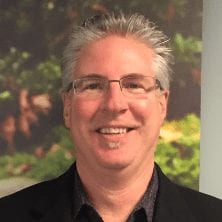
Rick McDonald is the Vice President of Global Supply Chain Operations for The Clorox Company. In this role Rick has responsibility for approximately 5000 people in 23 countries in manufacturing, contract manufacturing, planning, logistics, engineering, quality assurance, safety, health, environment, security and sustainability. His team is responsible for delivering against commitments in the areas of Employee Engagement, Personal Safety, Product Quality, Customer Service, Cost and Enabling Growth. He is the Executive Sponsor of SE ABLE, Clorox’s Black Employee Resource Group. Prior to this role, Rick had an International Supply Chain assignment, reporting to the GM of the International Division. He was accountable for Volume and Profit results as well as Safety, Product Quality, Customer Service, Total Delivered Cost and Enabling Growth. He and his team (located in Atlanta, London, Toronto, Sydney and Hong Kong) interfaced between the business and the function, creating business strategy, current and future year financial forecasts, driving execution and assuring alignment of Supply Chain plans and business plans. Preceding this role, Rick was Clorox’s Vice President of Global Logistics. In this role he was responsible for Customer Service, Distribution Center Operations, Transportation Operations and Supply Chain Management. He owned the company’s Order to Cash process. Rick joined Clorox in 1992. He has held numerous Supply Chain roles from Sourcing and Planning to Plant Management and Logistics as well as several roles reporting to Division GMs. Prior to joining Clorox, Rick worked for Frito-Lay for 10 years in 5 U.S. salty snack food manufacturing plants. He is a former Board member of the Yuhan/Clorox Joint Venture (S. Korea) and served on the Supply Chain Advisory Board at Atlanta Technical College and at Clayton State University. He is a past member of the Chlorine Institute Board of Directors, serving on the Membership Committee and as co-chair of the Customer Stewardship Committee. He served on the Board of Directors for the Barbecue Industry Association and was elected Vice Chairman. An Atlanta native, Rick holds a Bachelor’s of Science degree in Industrial Management from Georgia Tech and lettered as a member of the GT baseball team. His hobbies include go karting and high-speed performance driving.
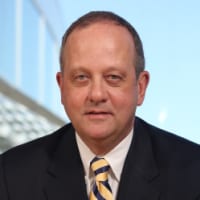
Mike Lackey joined SAP in 2008 through the acquisition of Visiprise and is the Global Head of Solution Management, Digital Manufacturing. With previous roles at Visiprise, NetVendor and Teradyne Manufacturing Software Group, Mr. Lackey has a unique set of knowledge that covers both manufacturing software and design collaboration along with over 30 years of experience in the manufacturing sector. Early in his career, he started as a manufacturing engineer with DCA/Attachmate, which provided him with invaluable first-hand knowledge and understanding of how SAP customers can use SAP’s Digital Manufacturing Solution Portfolio to improve their global operations. Mr. Lackey earned a Bachelor of Science degree in Industrial Engineering from Georgia Institute of Technology and an MA in Business Administration from Mercer University with dual concentrations in International Business and Marketing.
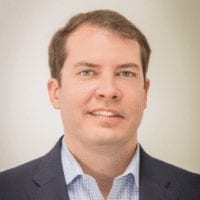
Ben Harris is Director of Supply Chain Ecosystem Expansion for the Metro Atlanta Chamber. Ben comes to the Metro Atlanta Chamber after serving as Senior Manager, Market Development for Manhattan Associates. There, Ben was responsible for developing Manhattan’s sales pipeline and overall Americas supply chain marketing strategy. Ben oversaw market positioning, messaging and campaign execution to build awareness and drive new pipeline growth. Prior to joining Manhattan, Ben spent four years with the Georgia Department of Economic Development’s Center of Innovation for Logistics where he played a key role in establishing the Center as a go-to industry resource for information, support, partnership building, and investment development. Additionally, he became a key SME for all logistics and supply chain-focused projects. Ben began his career at Page International, Inc. where he drove continuous improvement in complex global supply chain operations for a wide variety of businesses and Fortune 500 companies. An APICS Certified Supply Chain Professional (CSCP), Ben holds an Executive Master’s degree in Business Administration (EMBA) and bachelor’s degree in International Business (BBA) from the Terry College at the University of Georgia. Learn more about the Metro Atlanta Chamber here: www.metroatlantachamber.com
